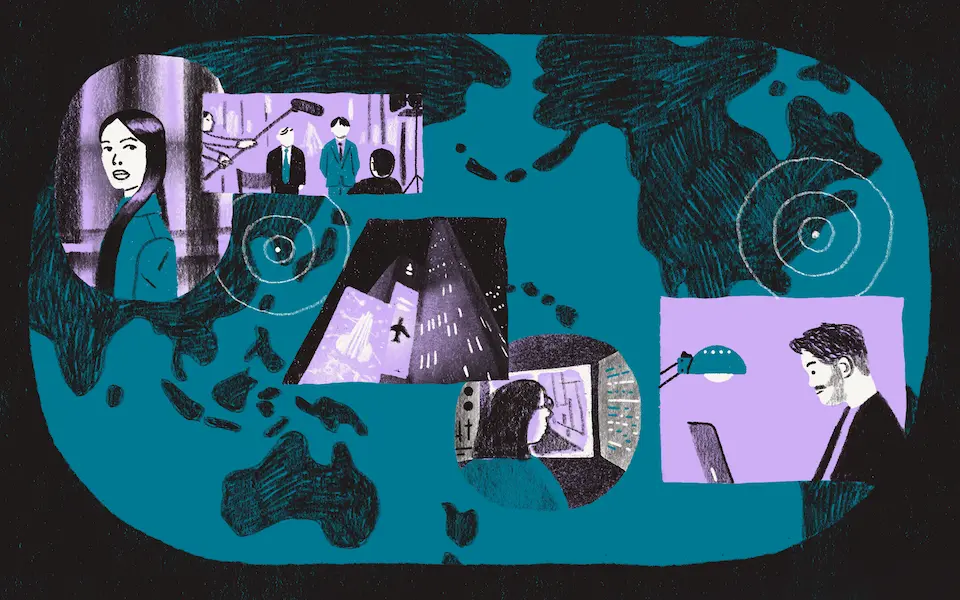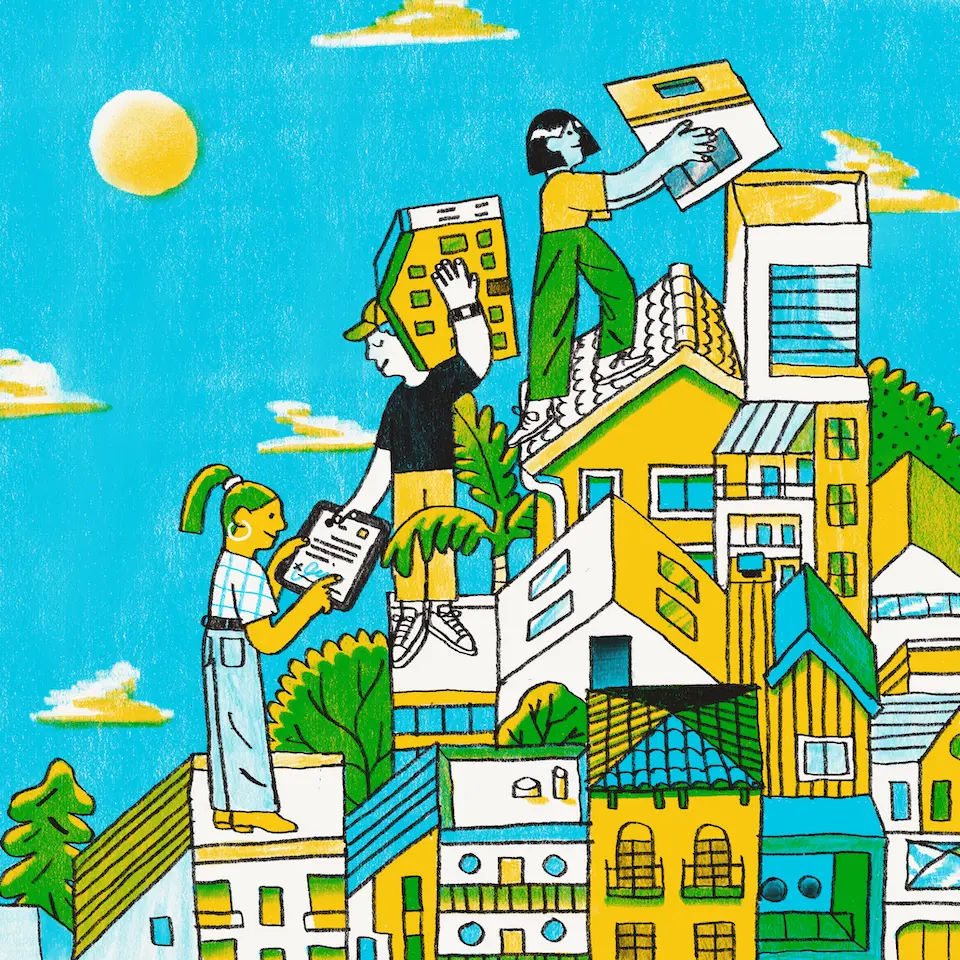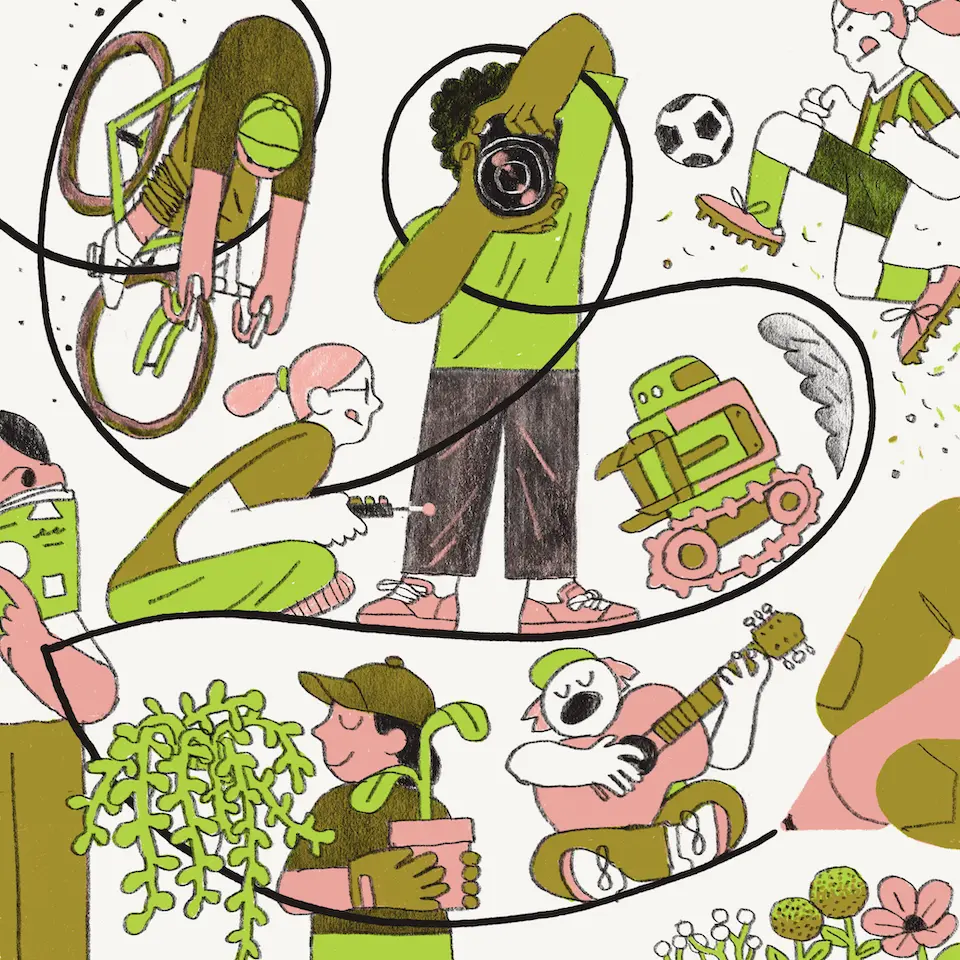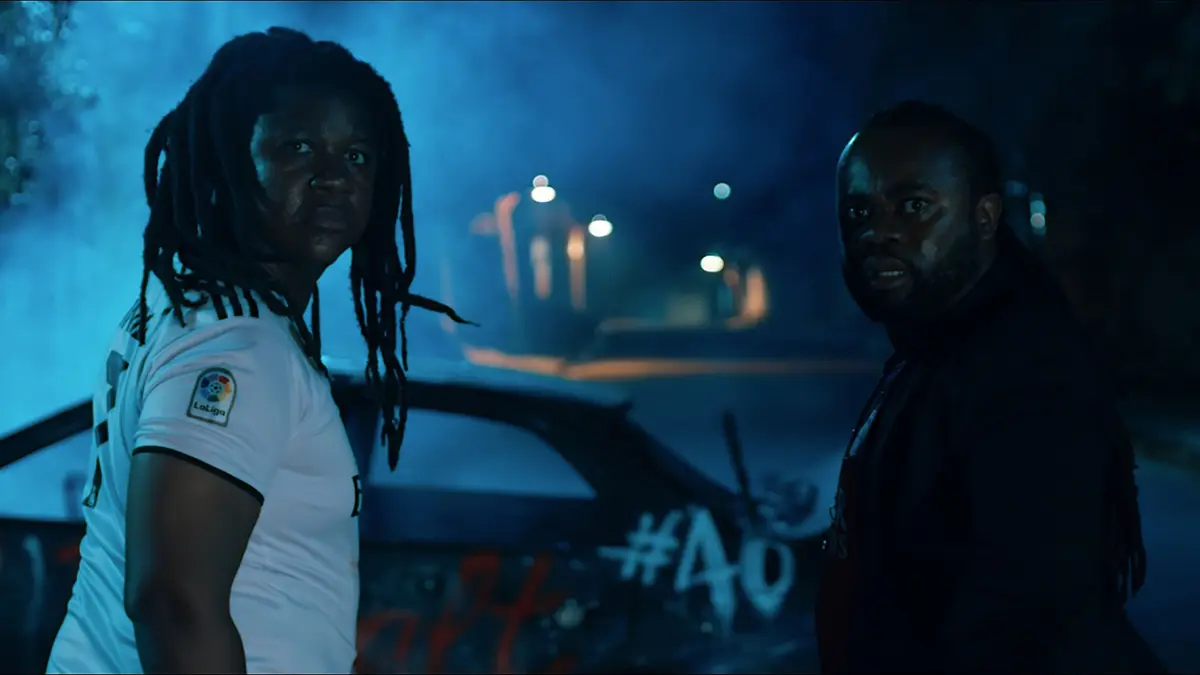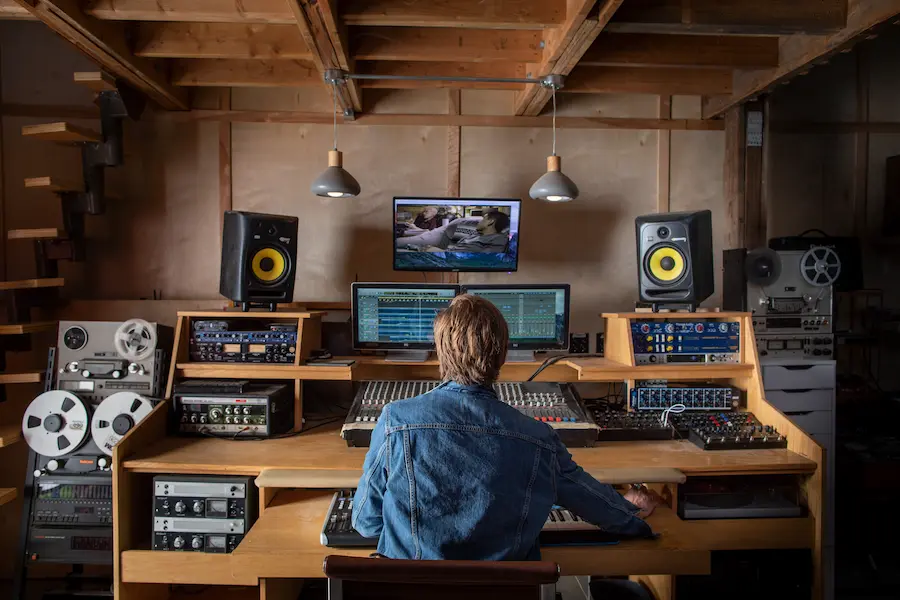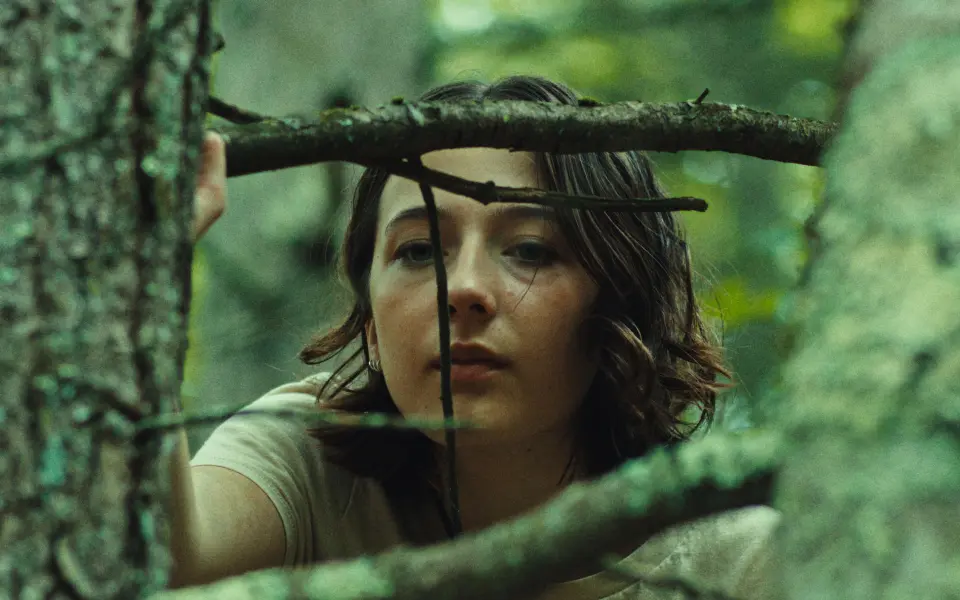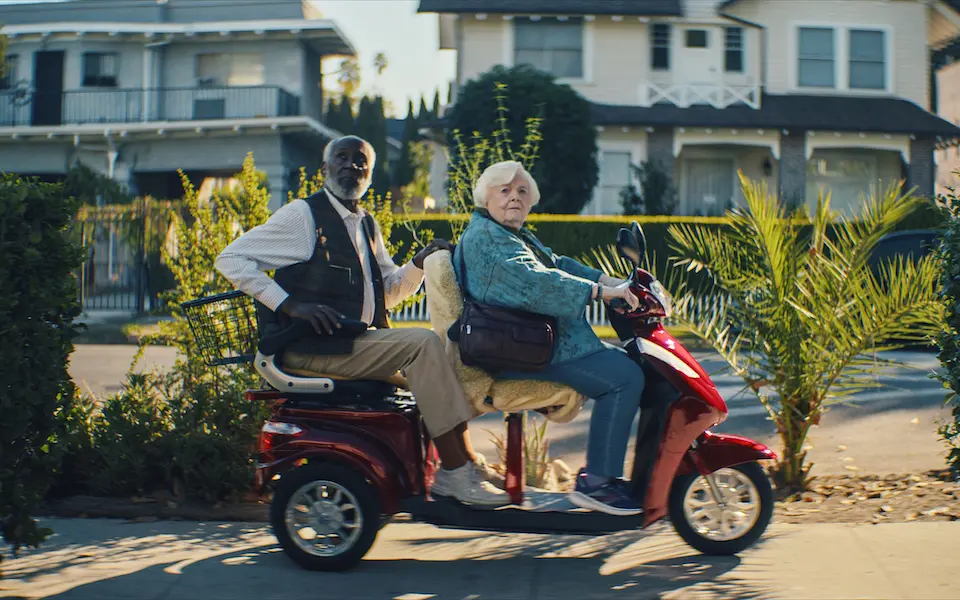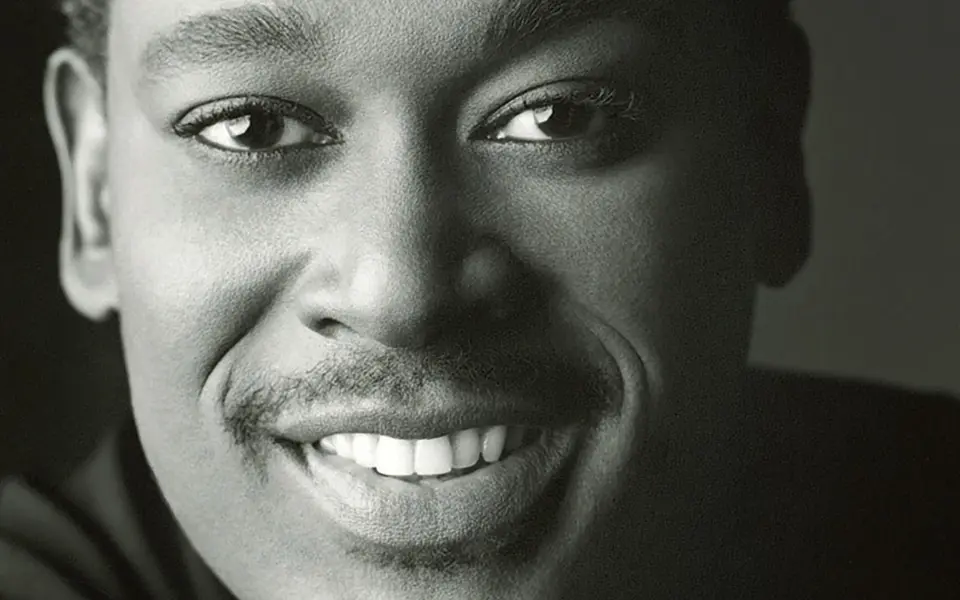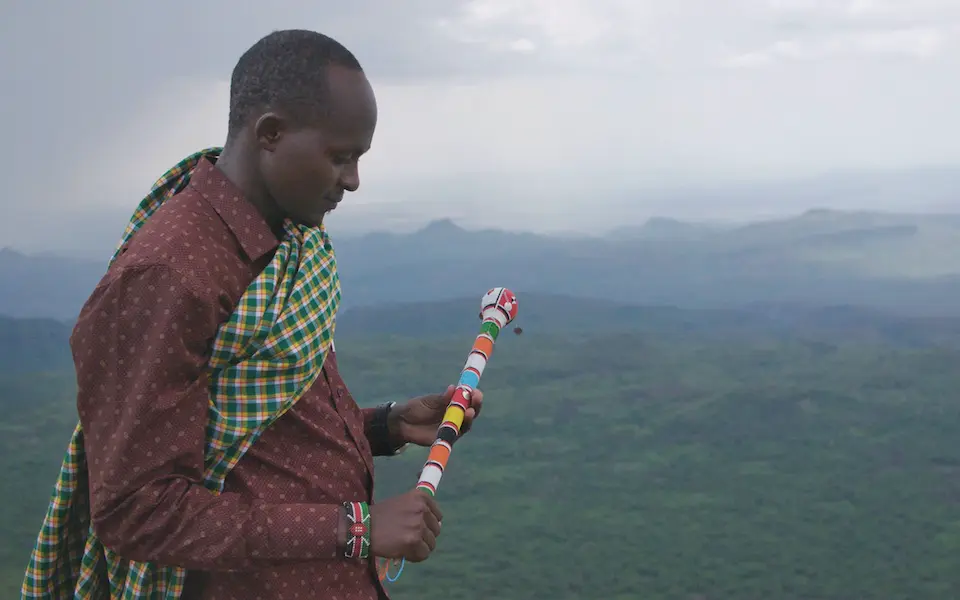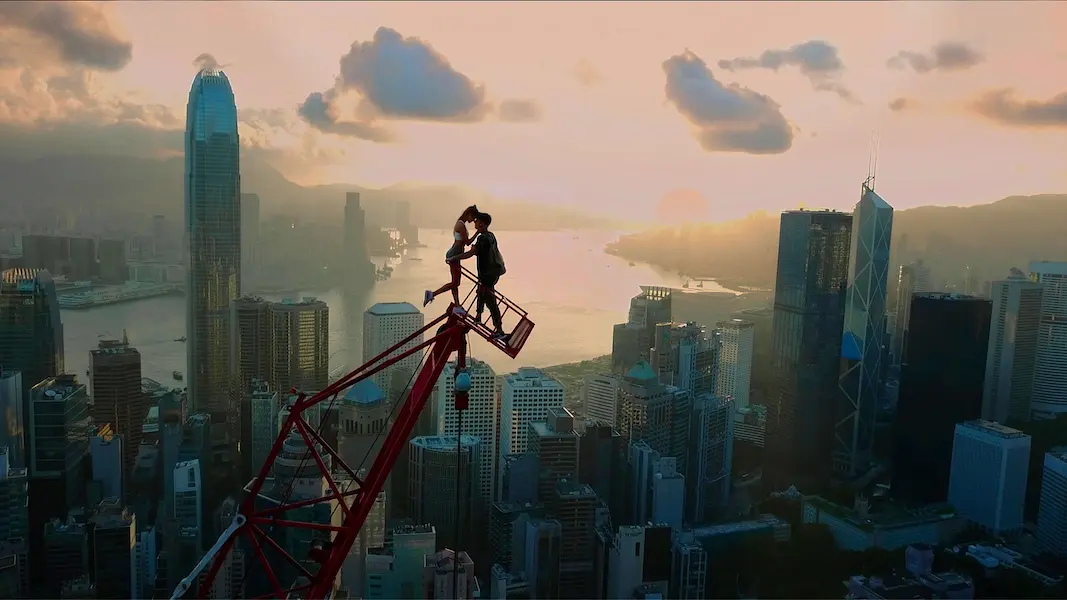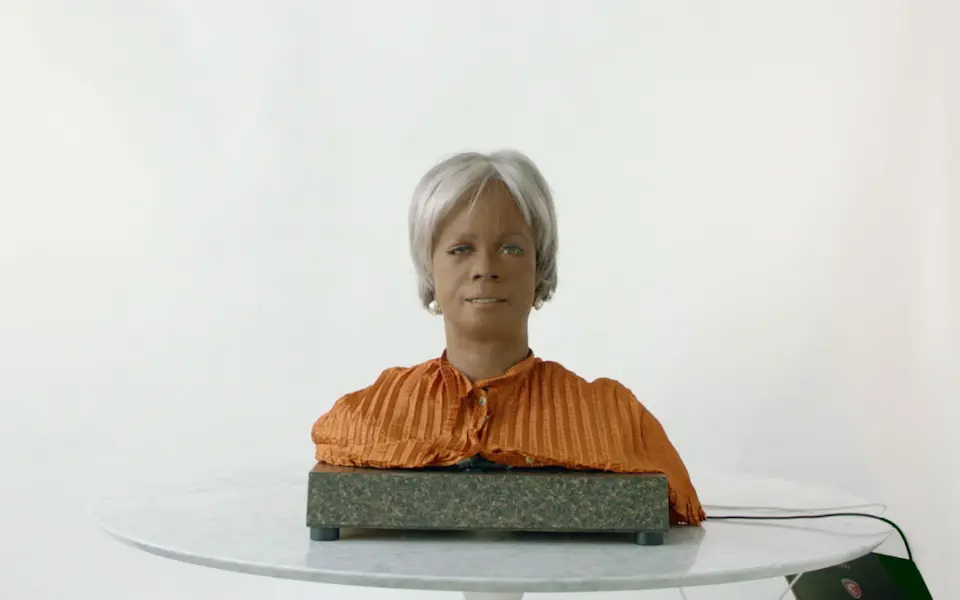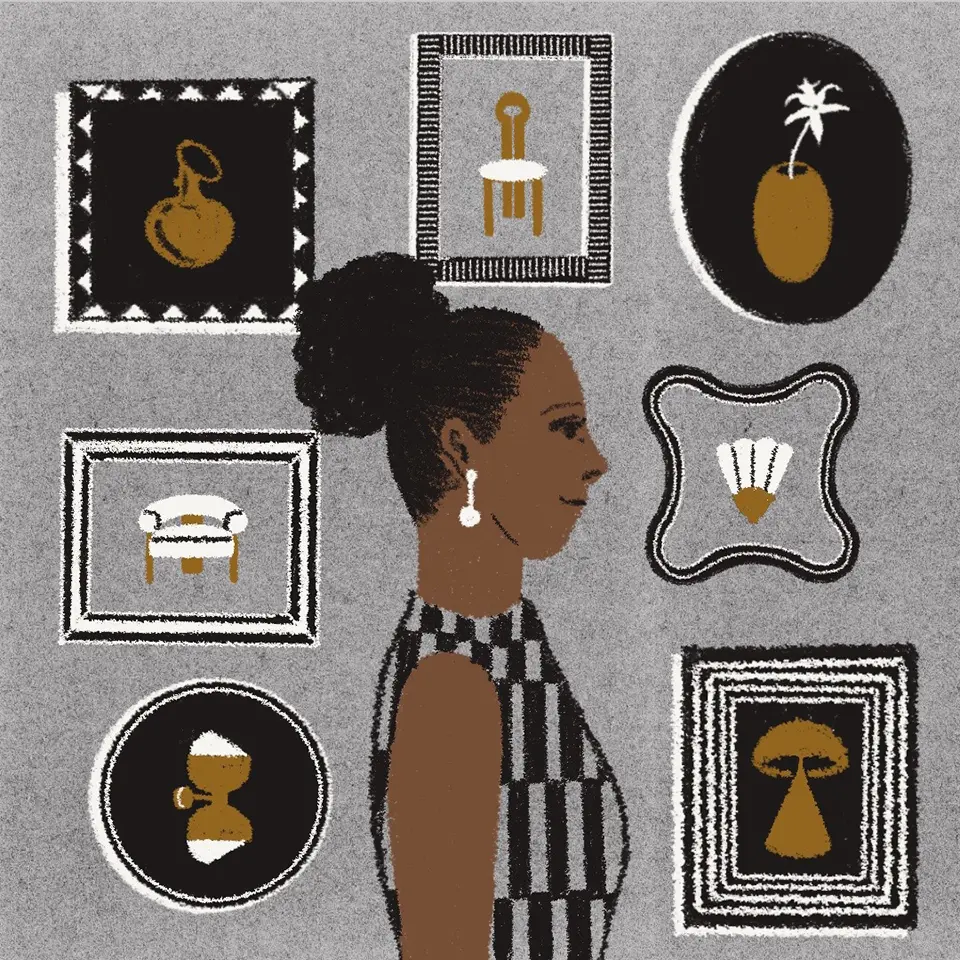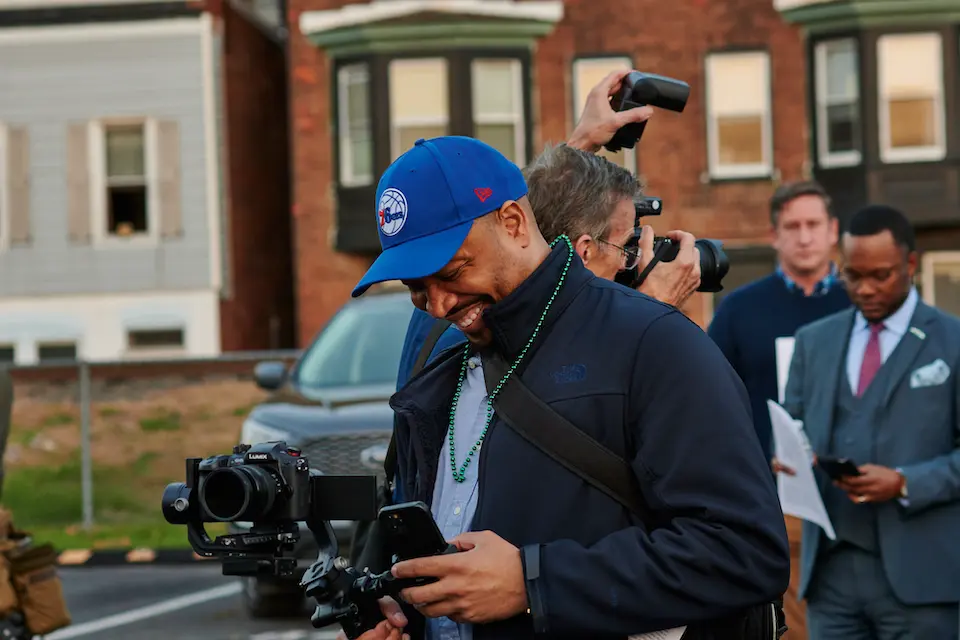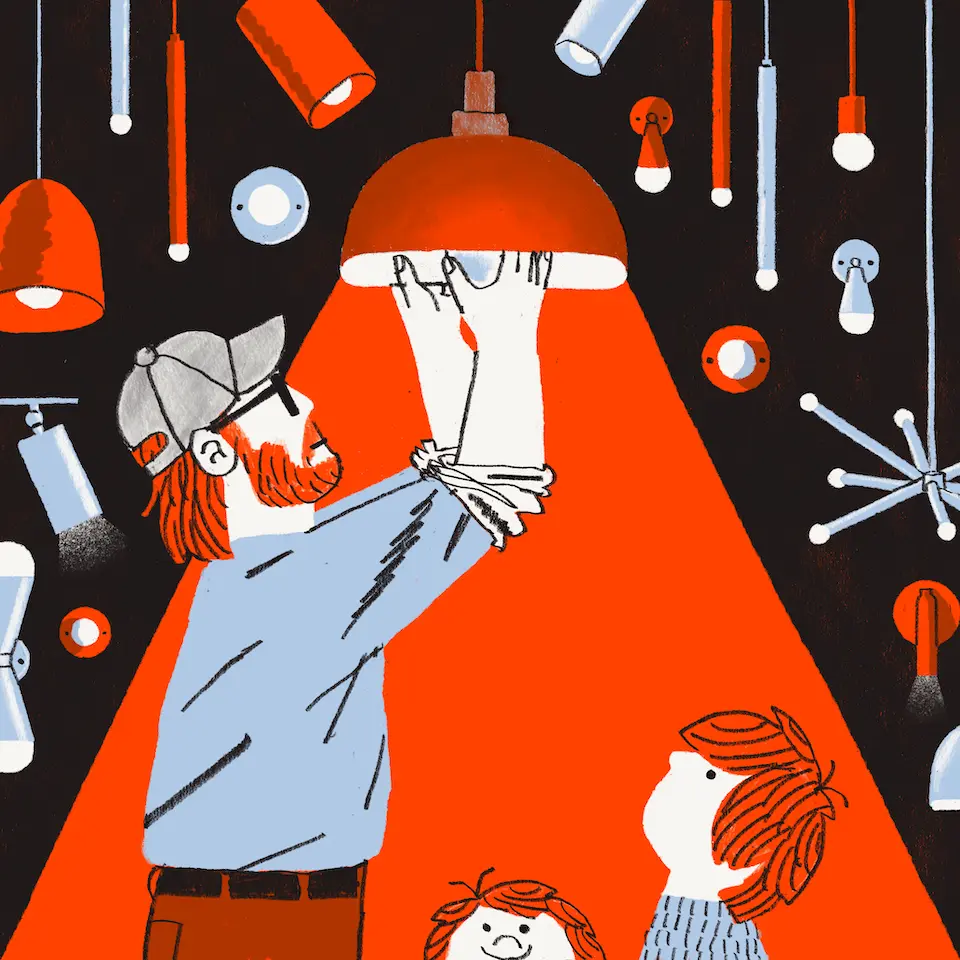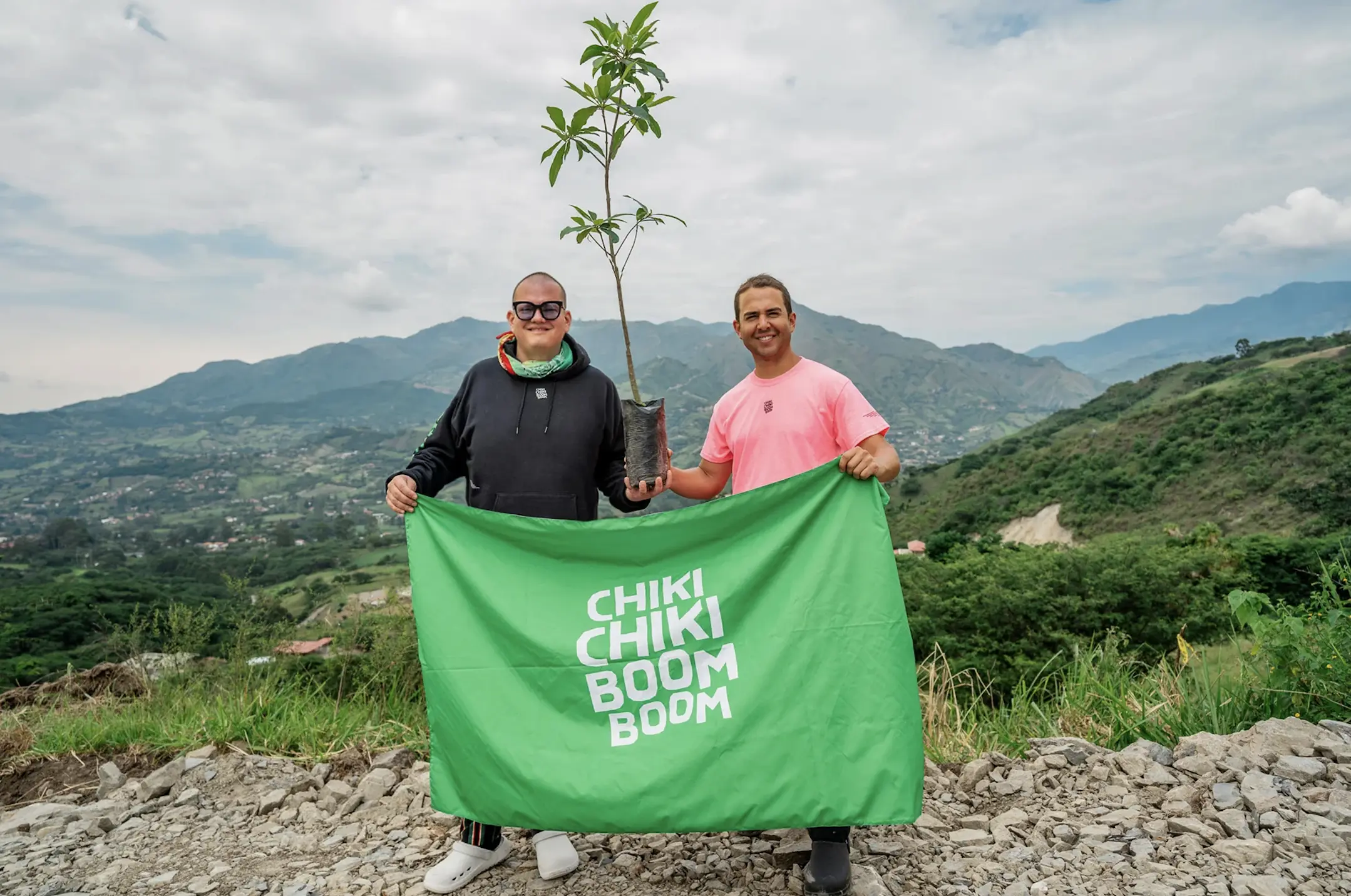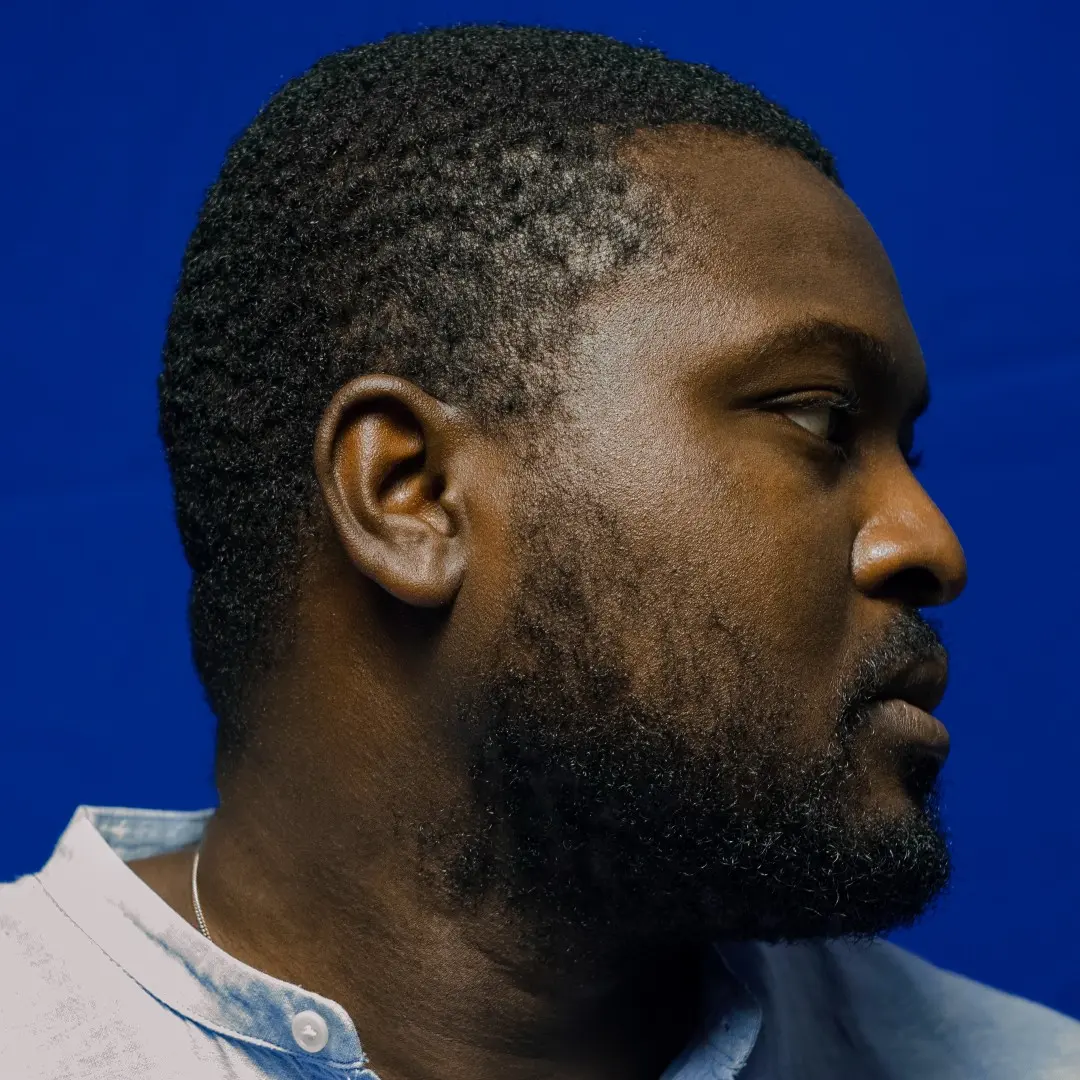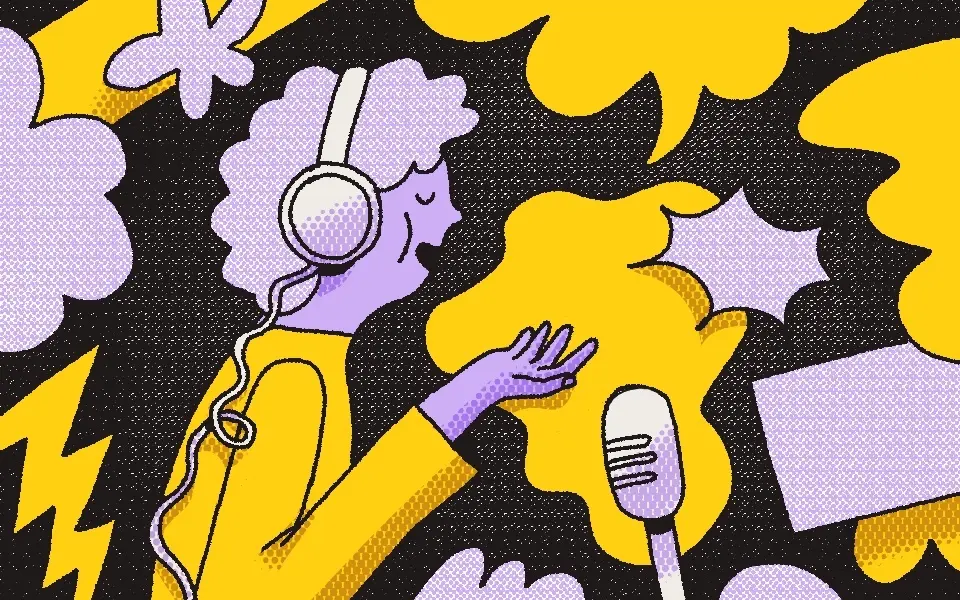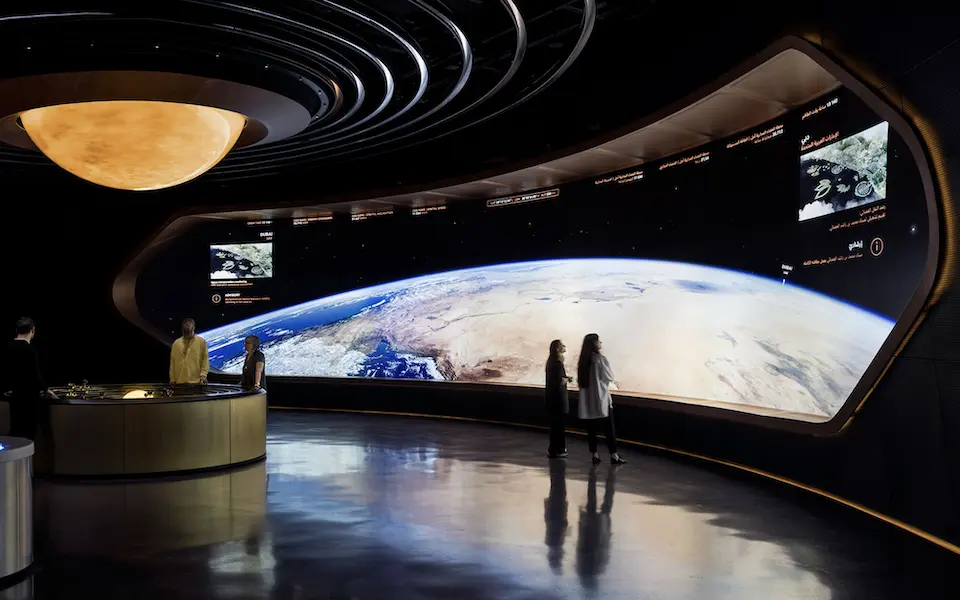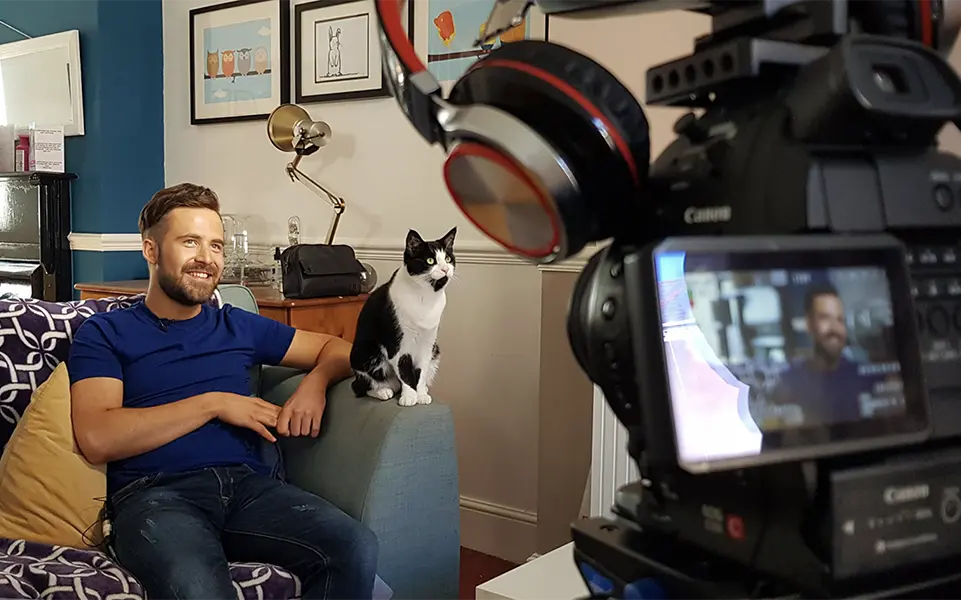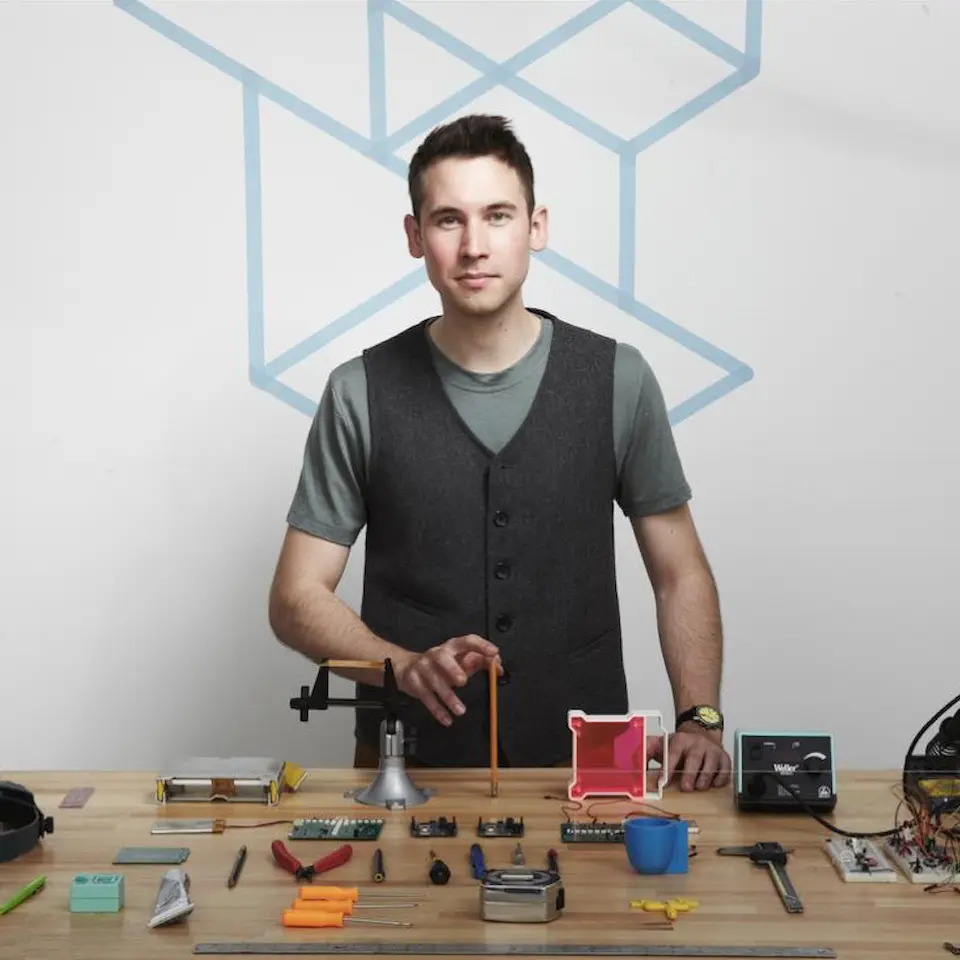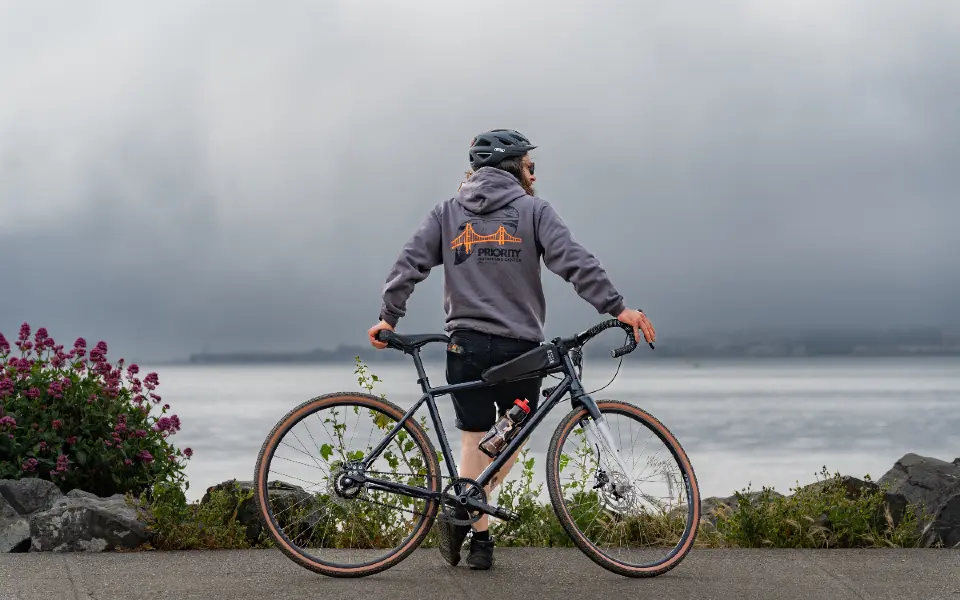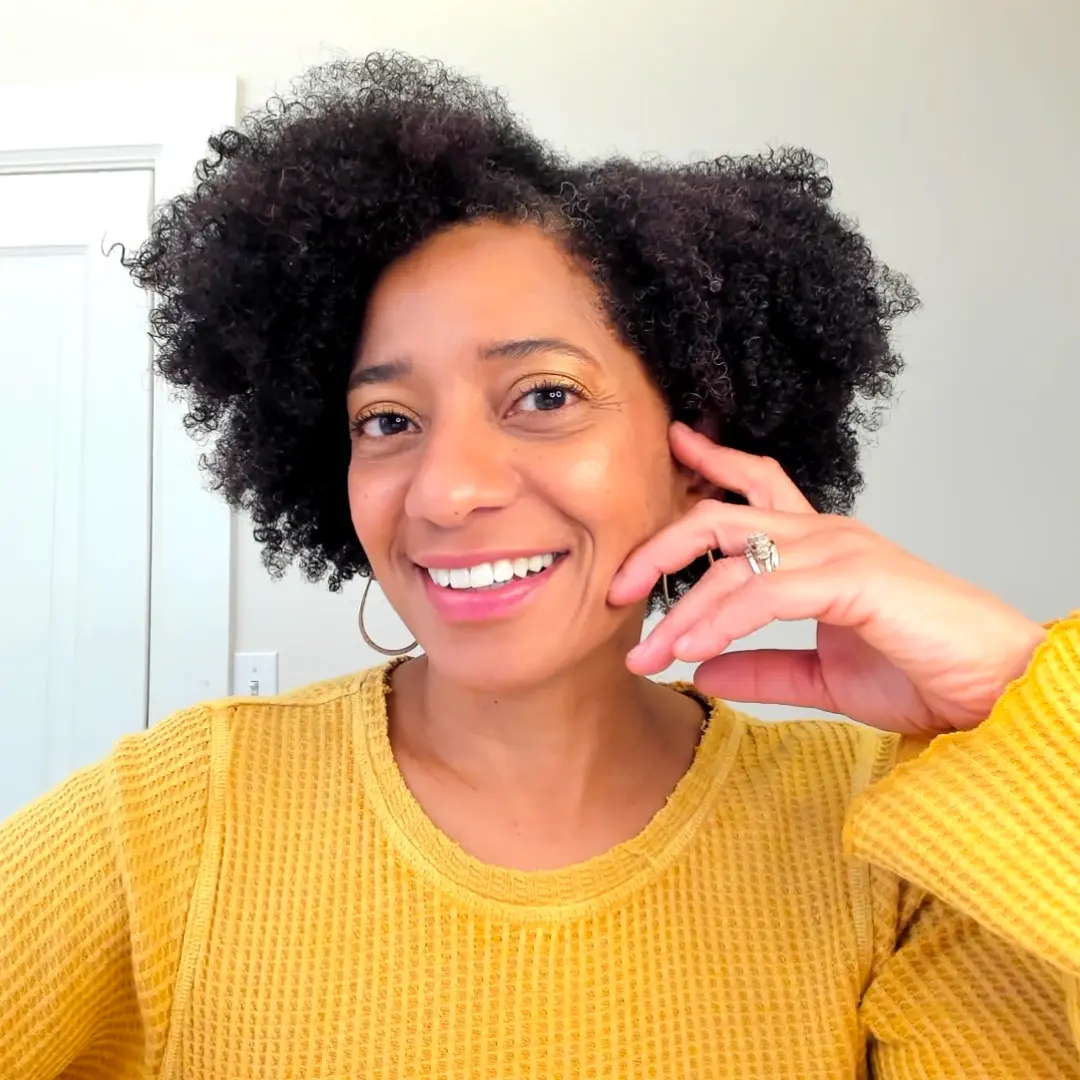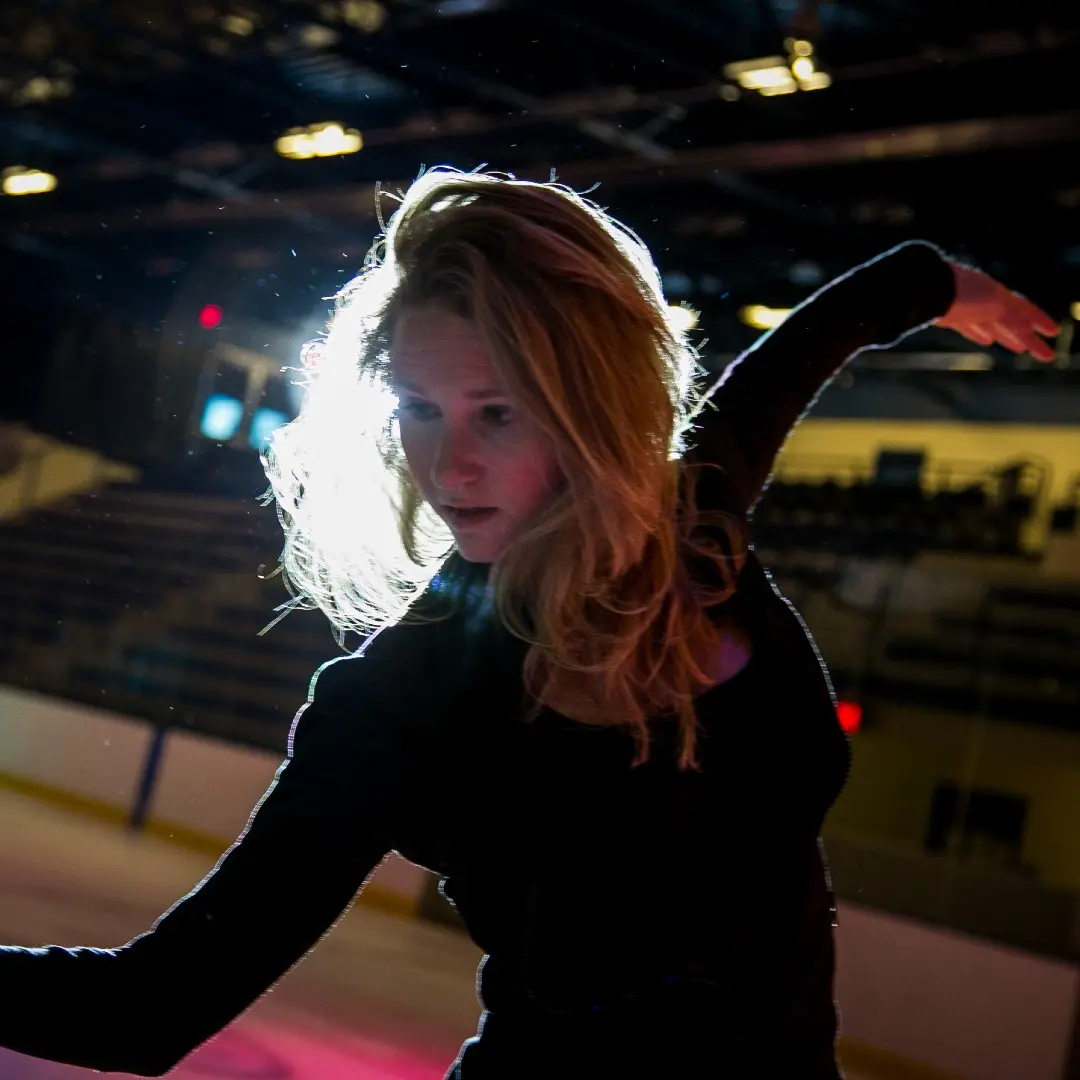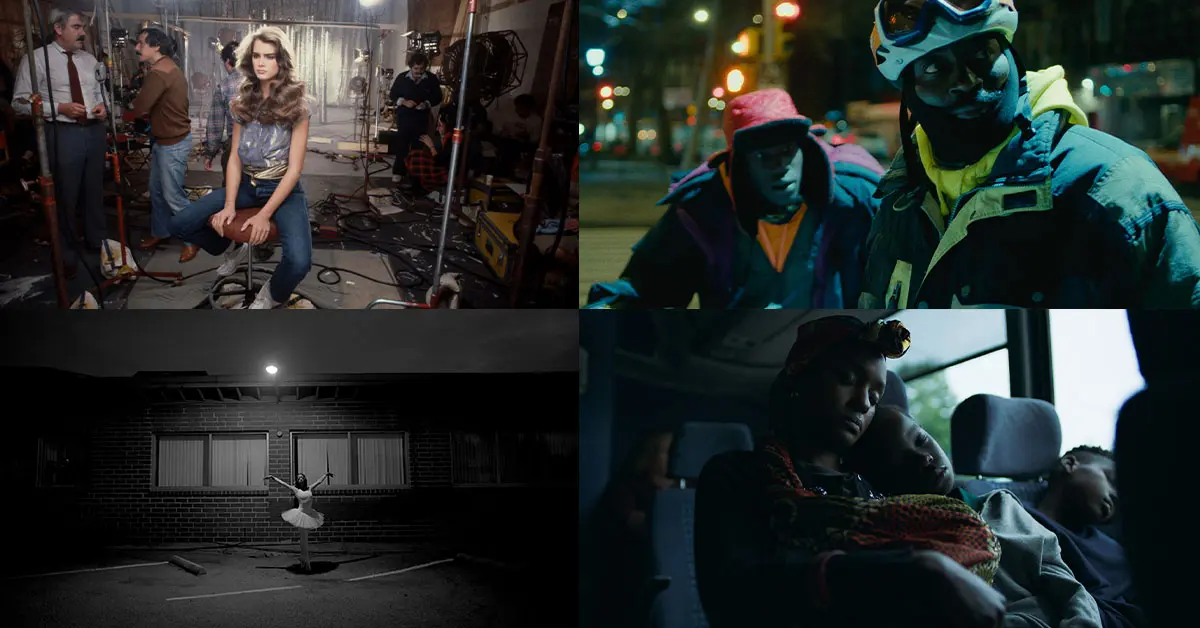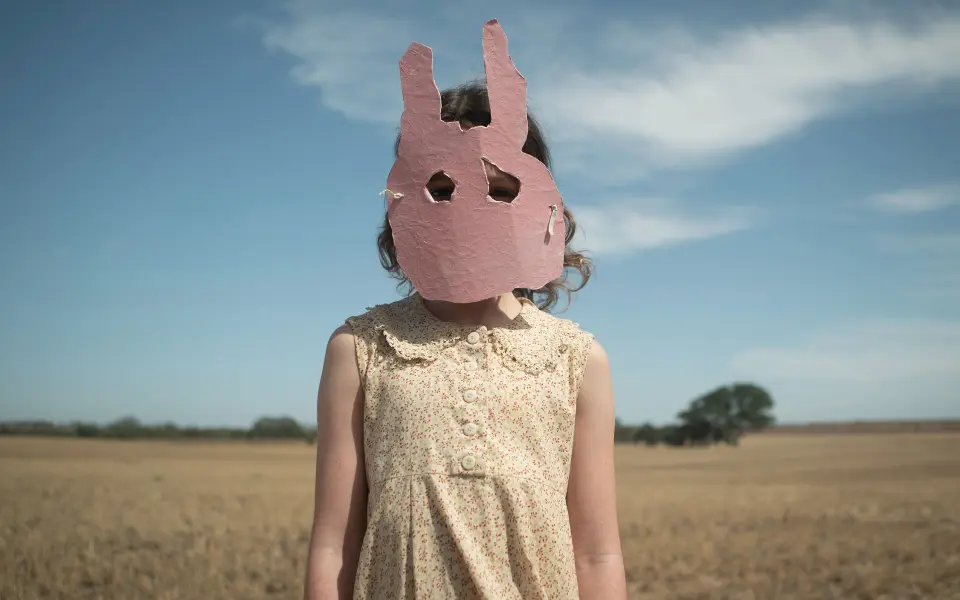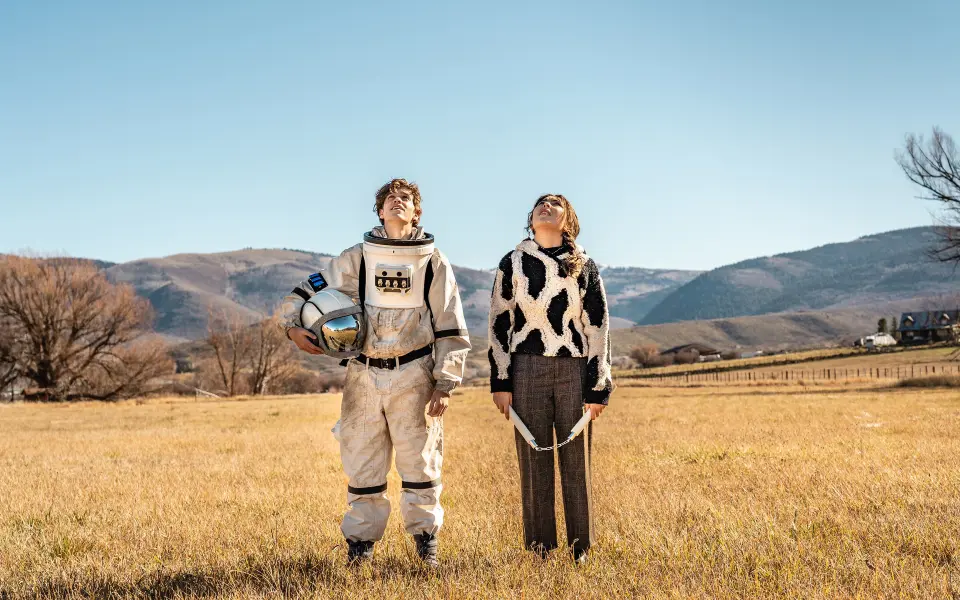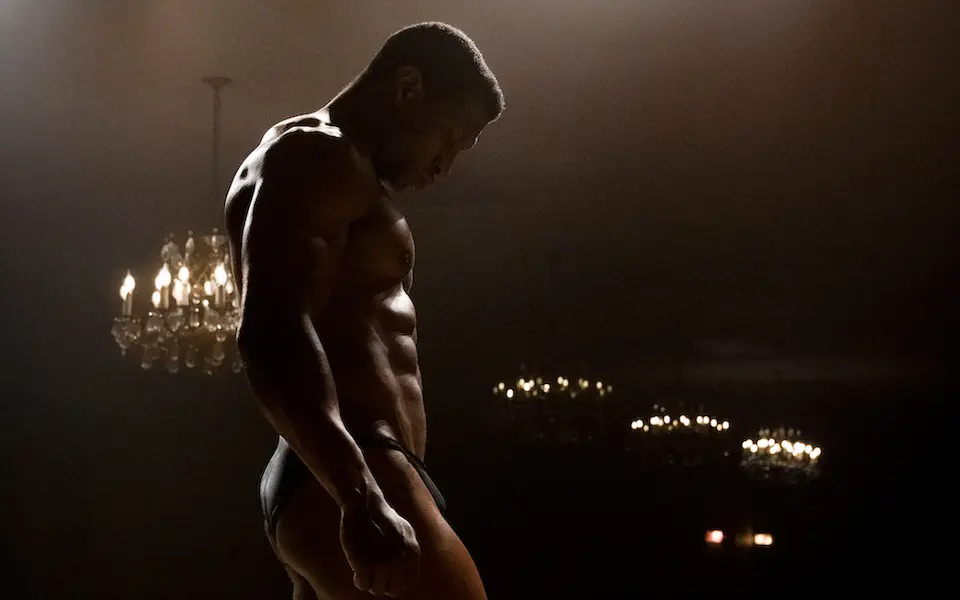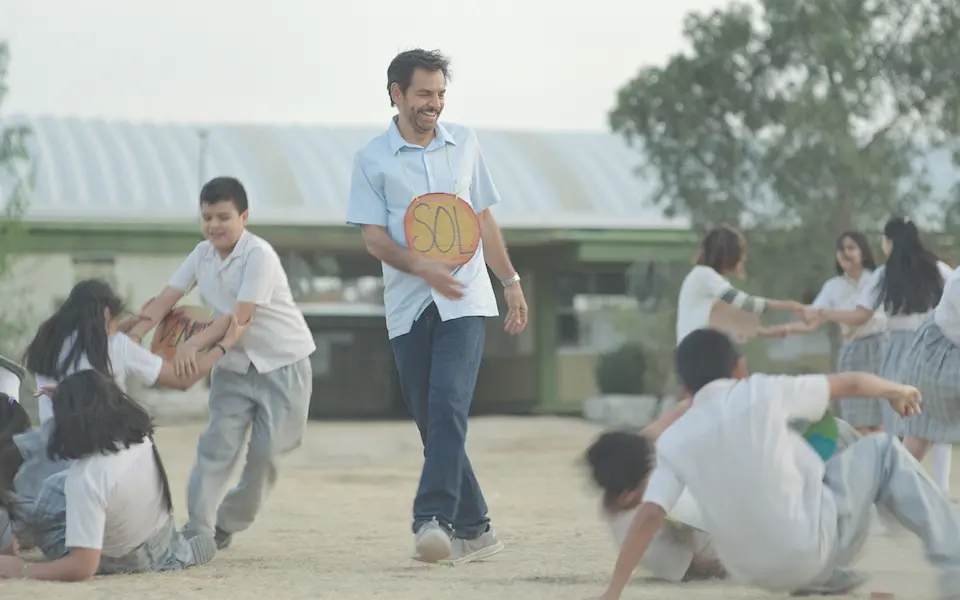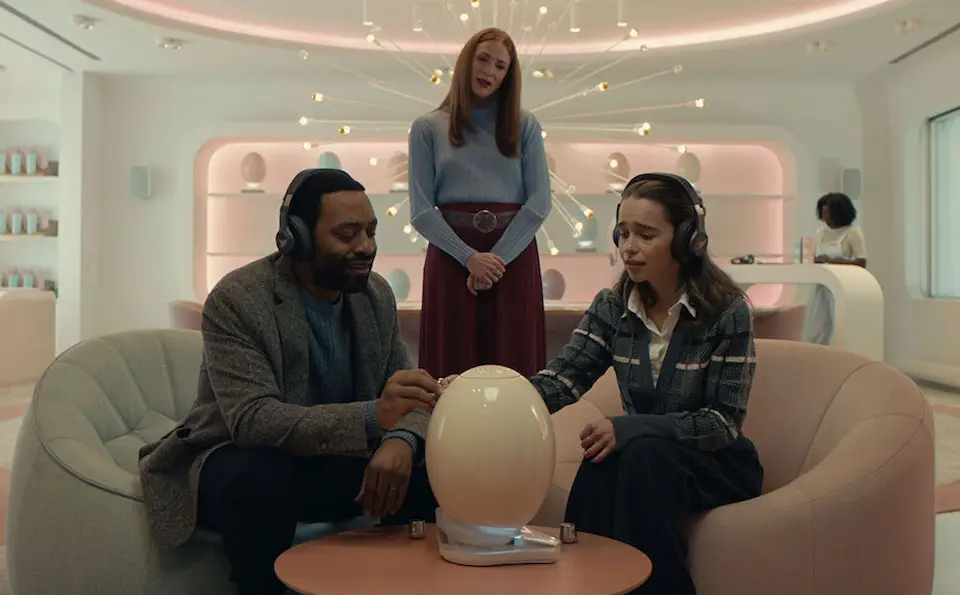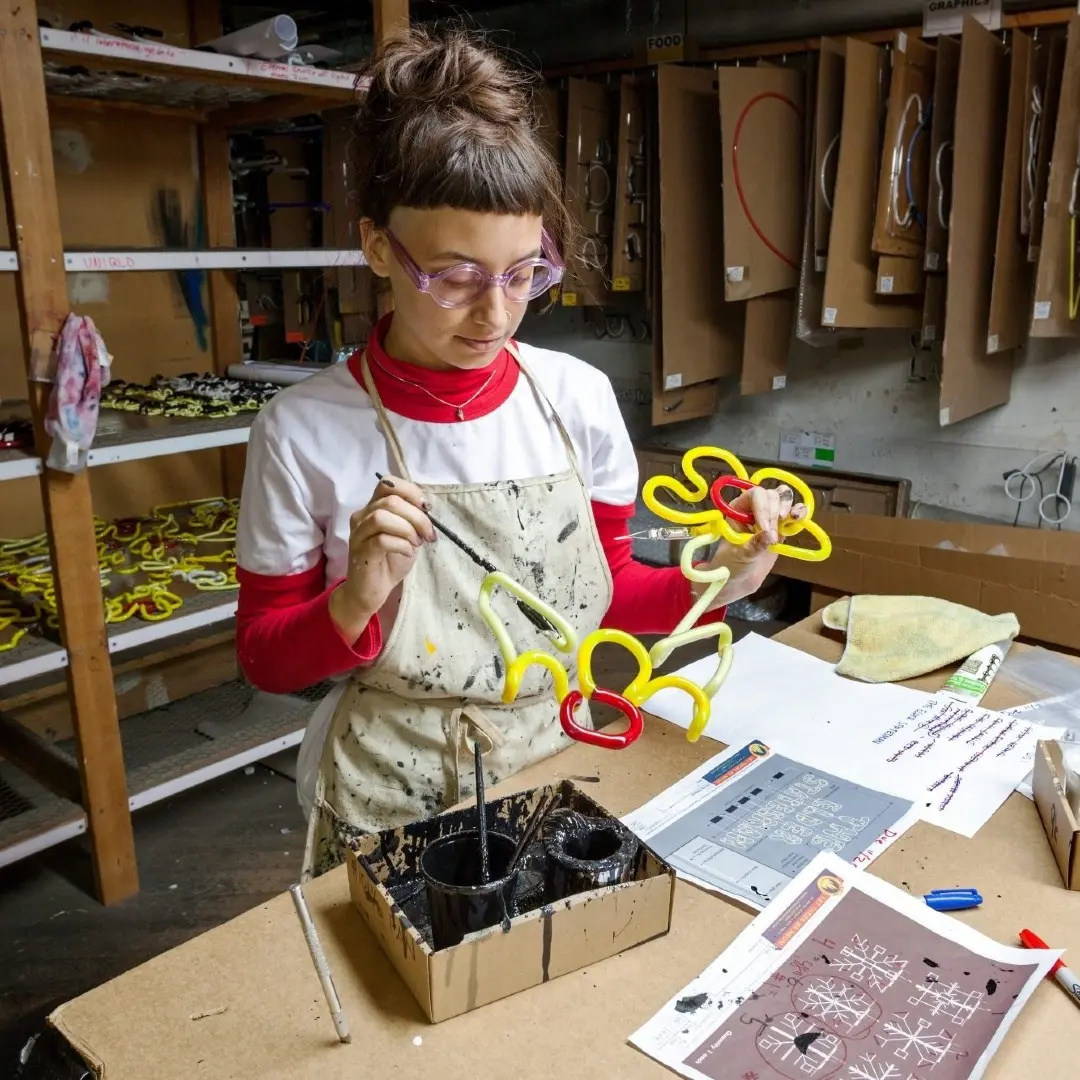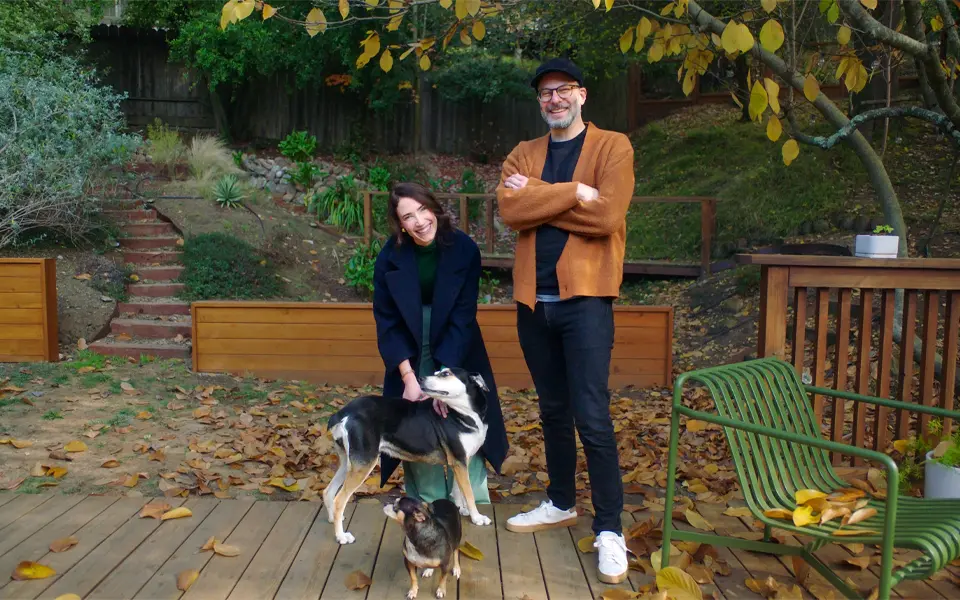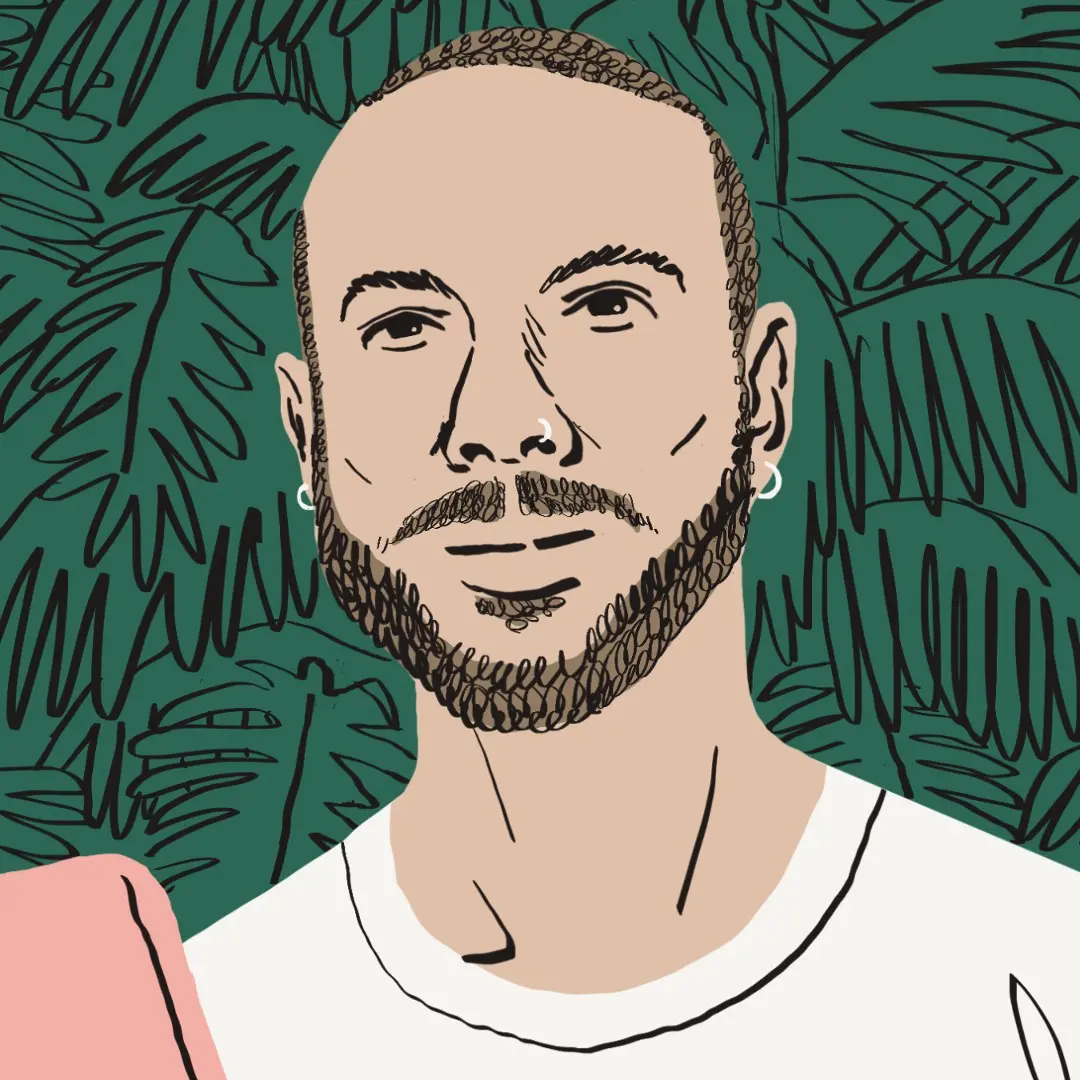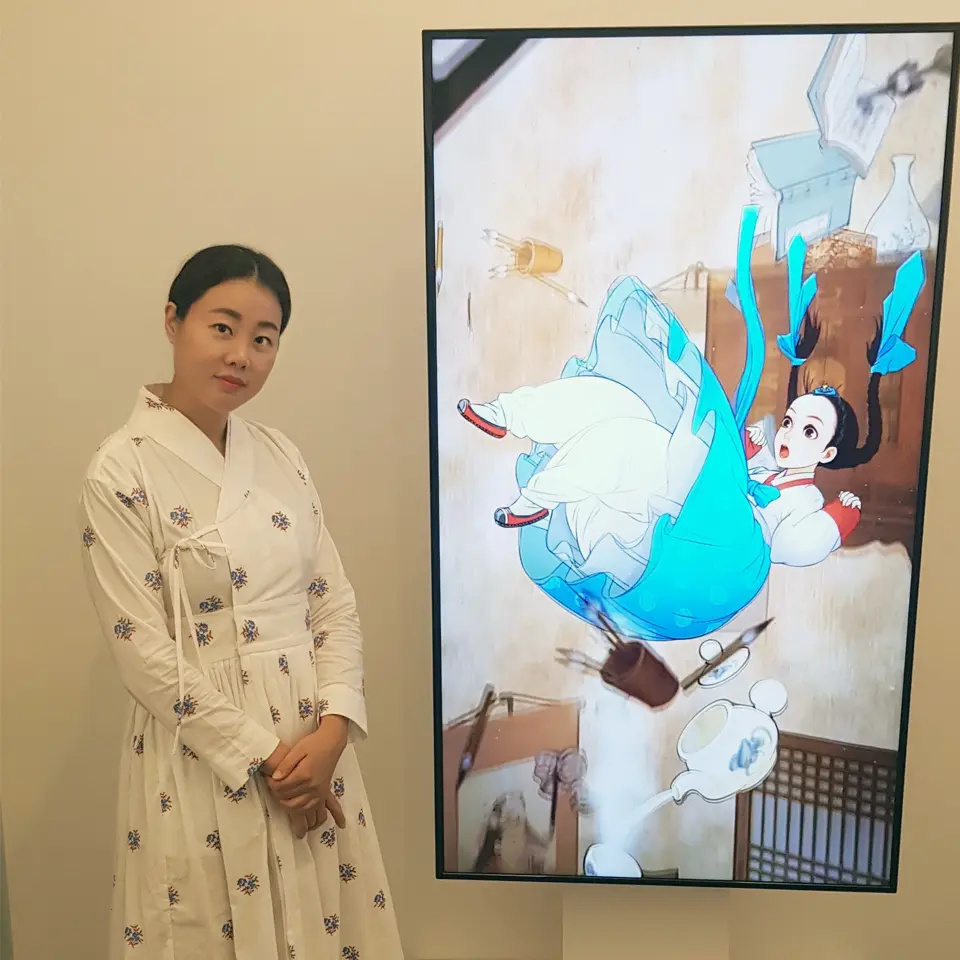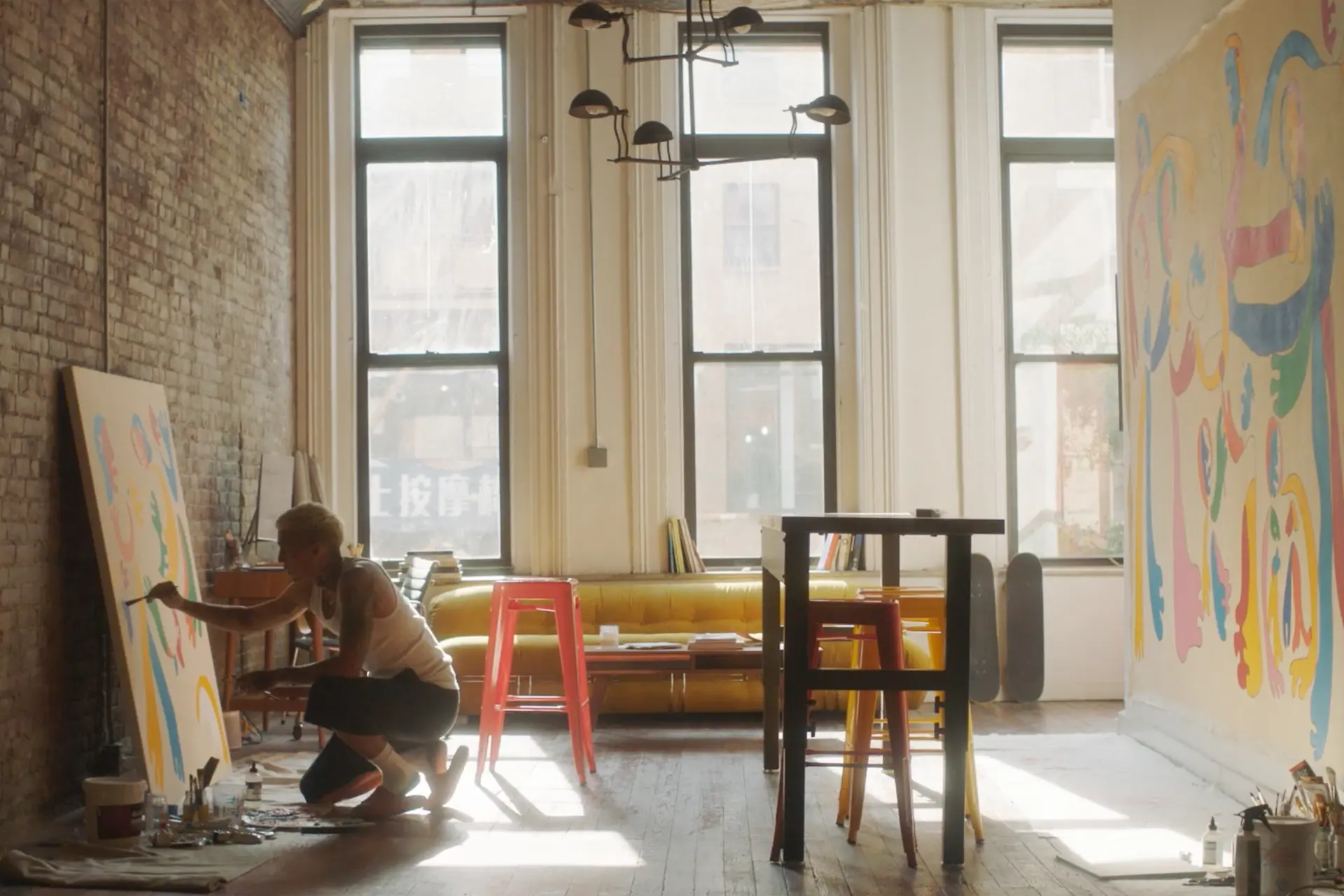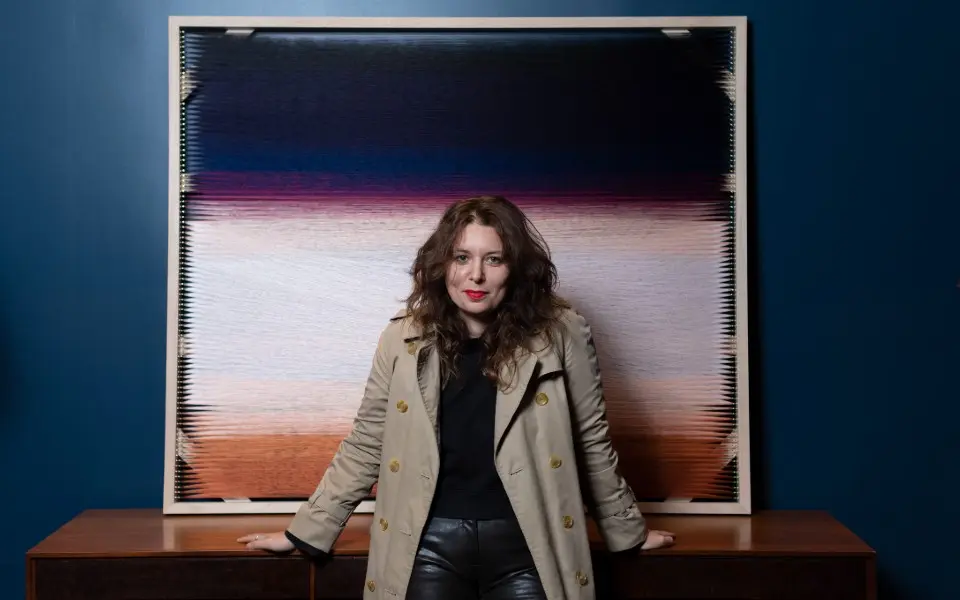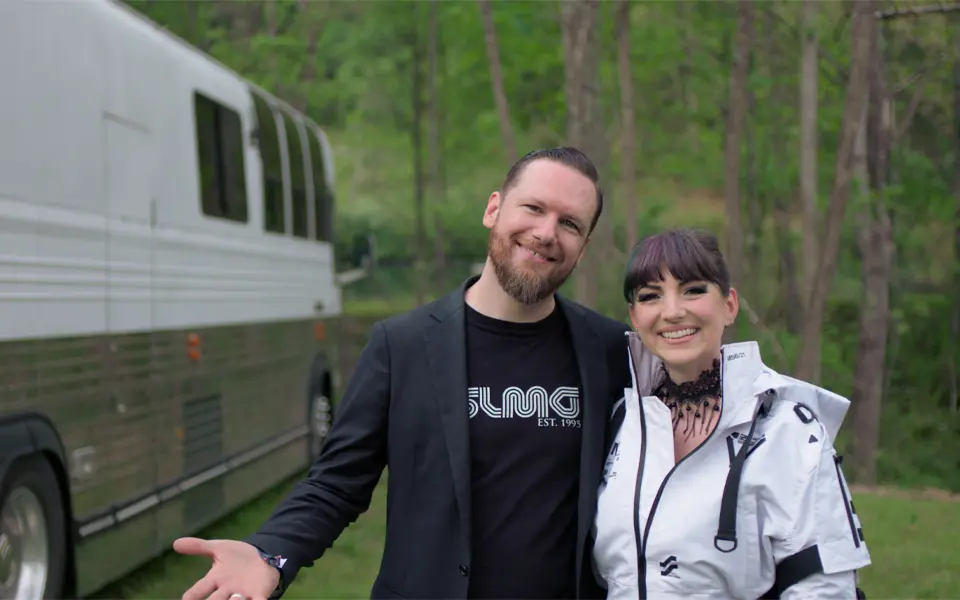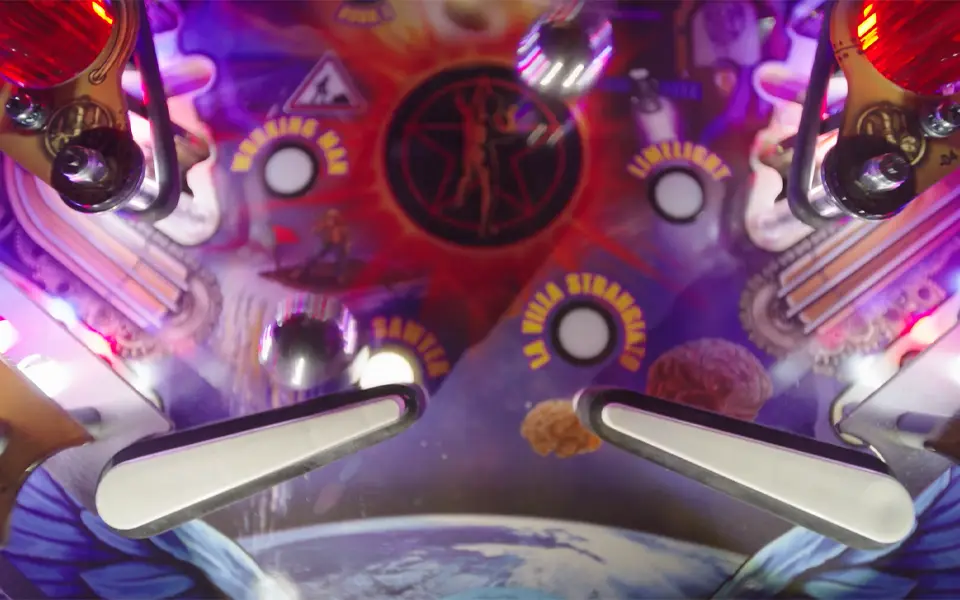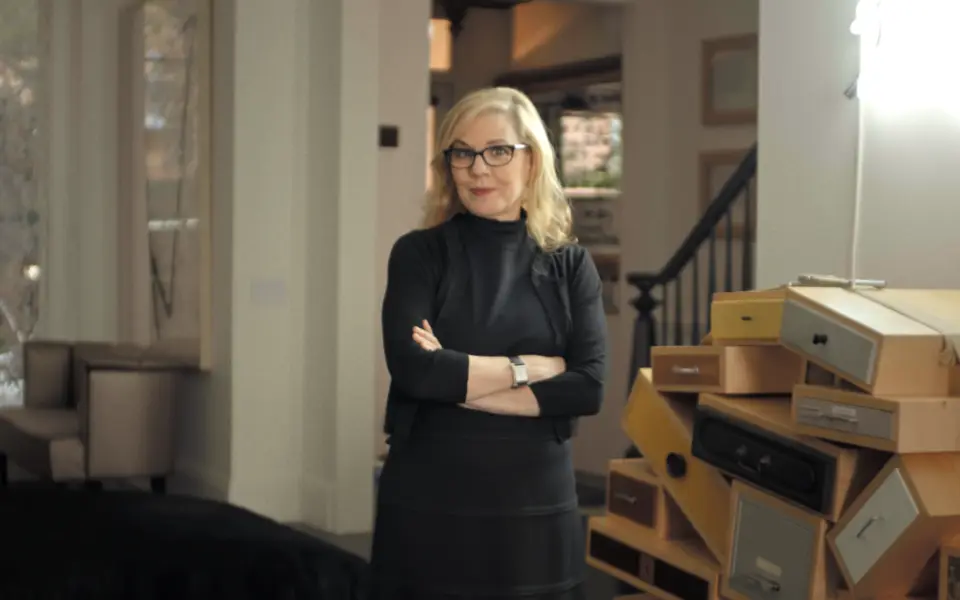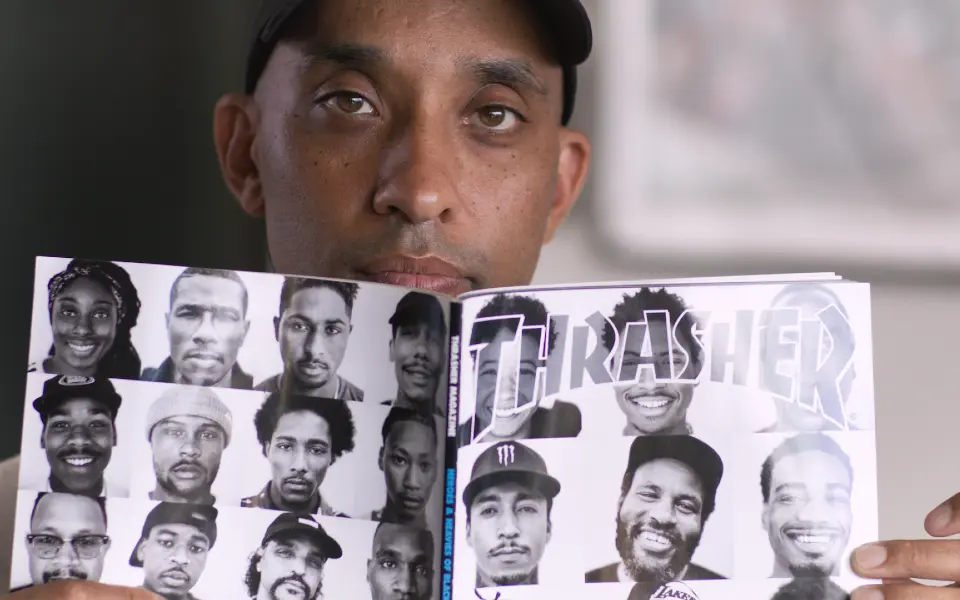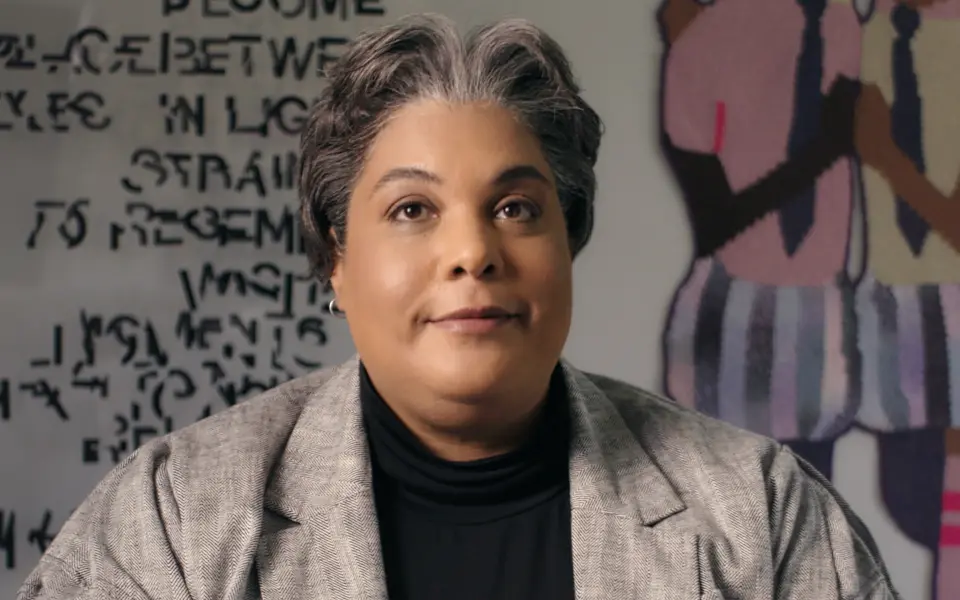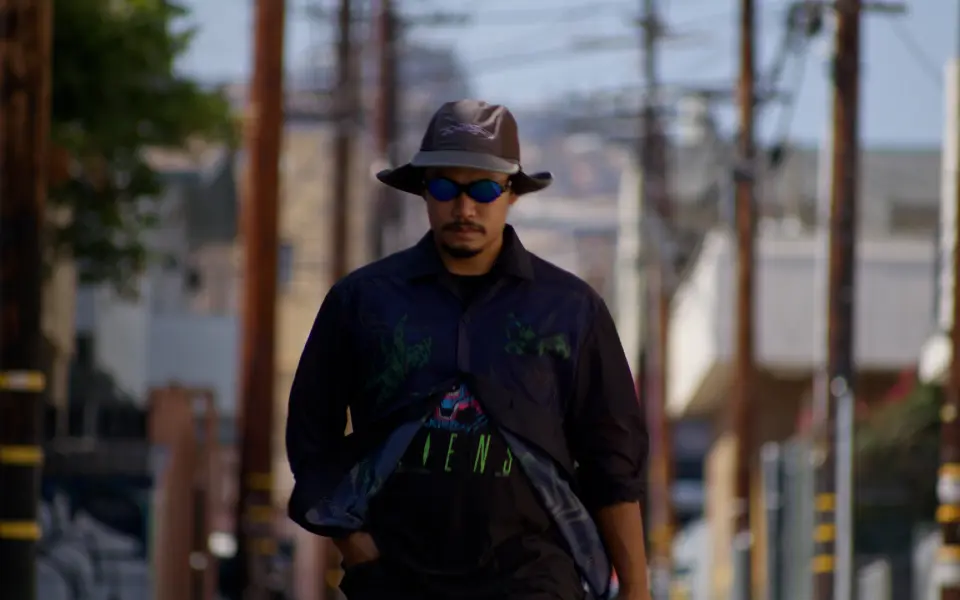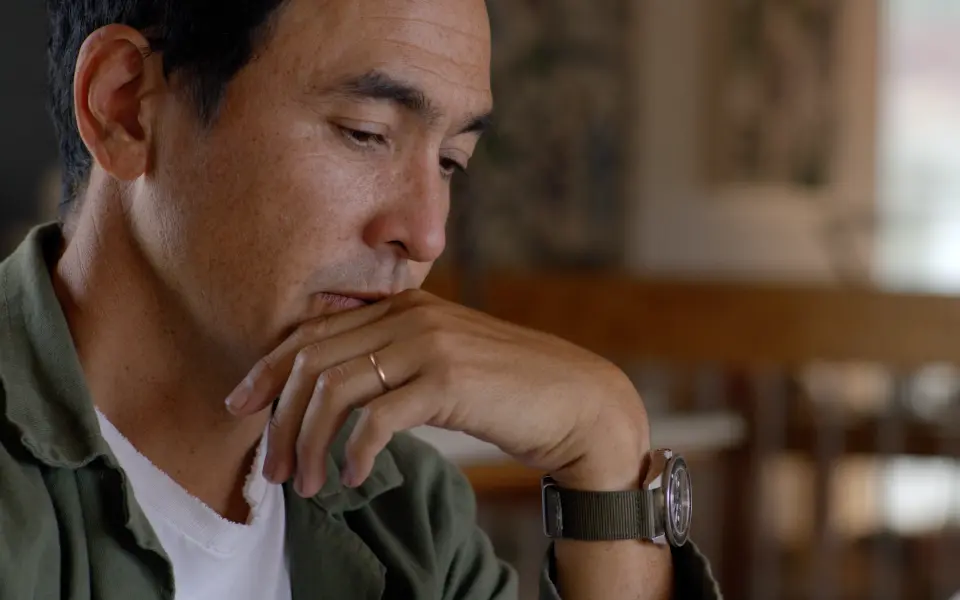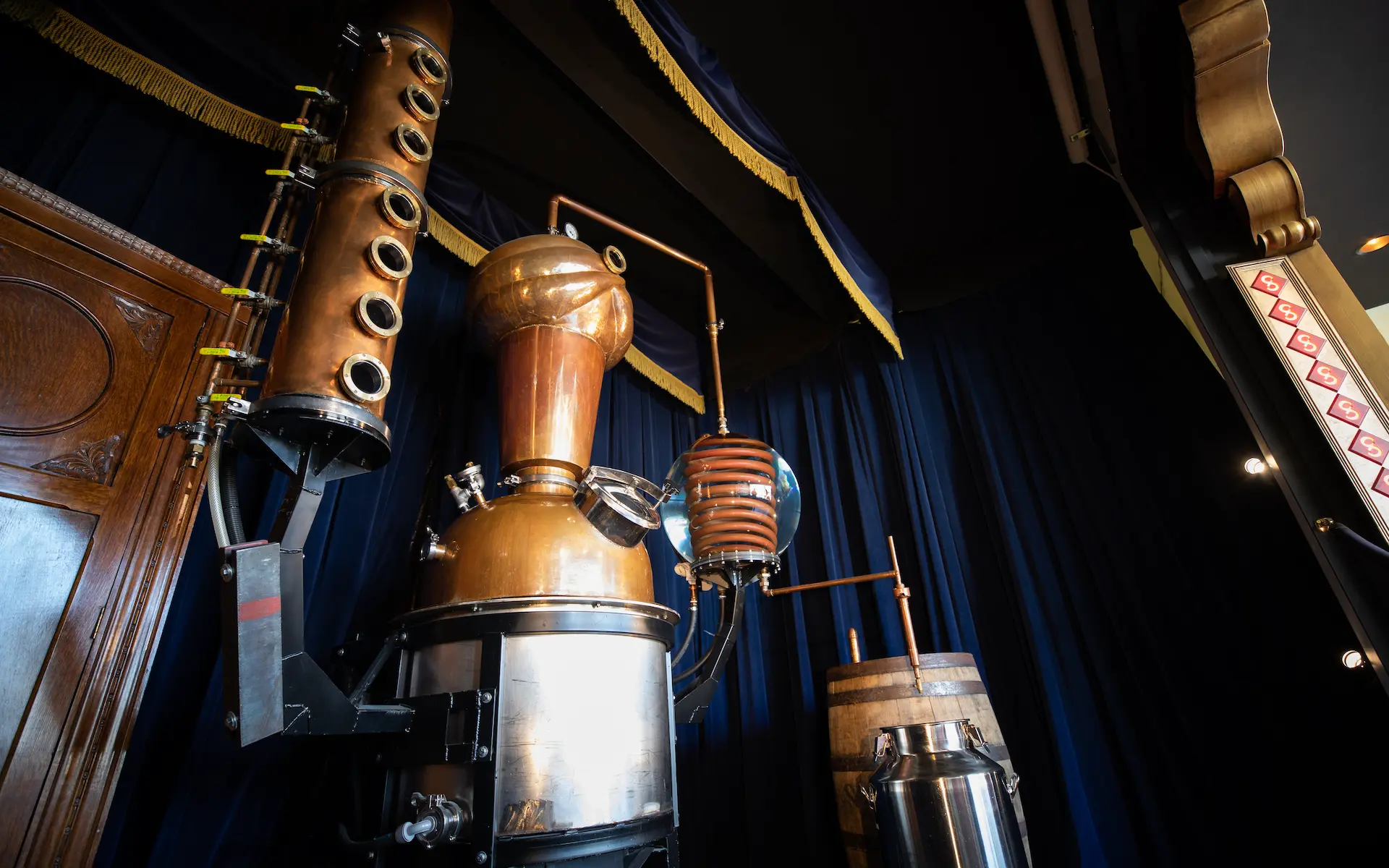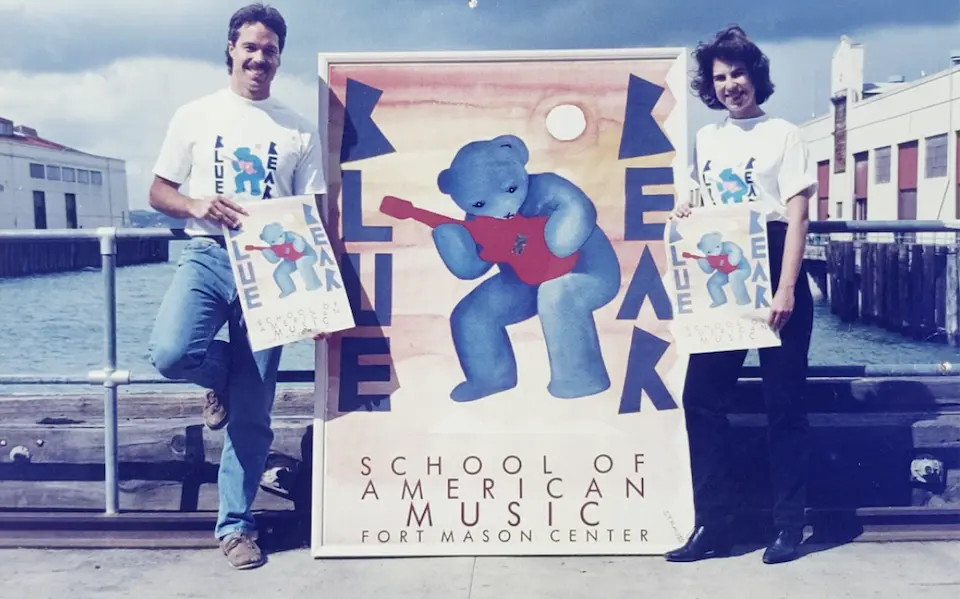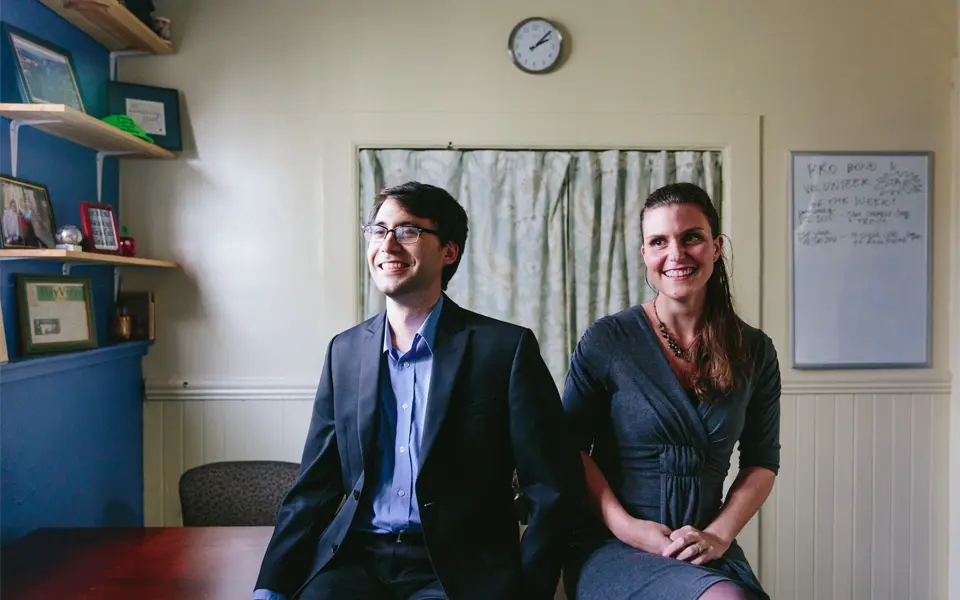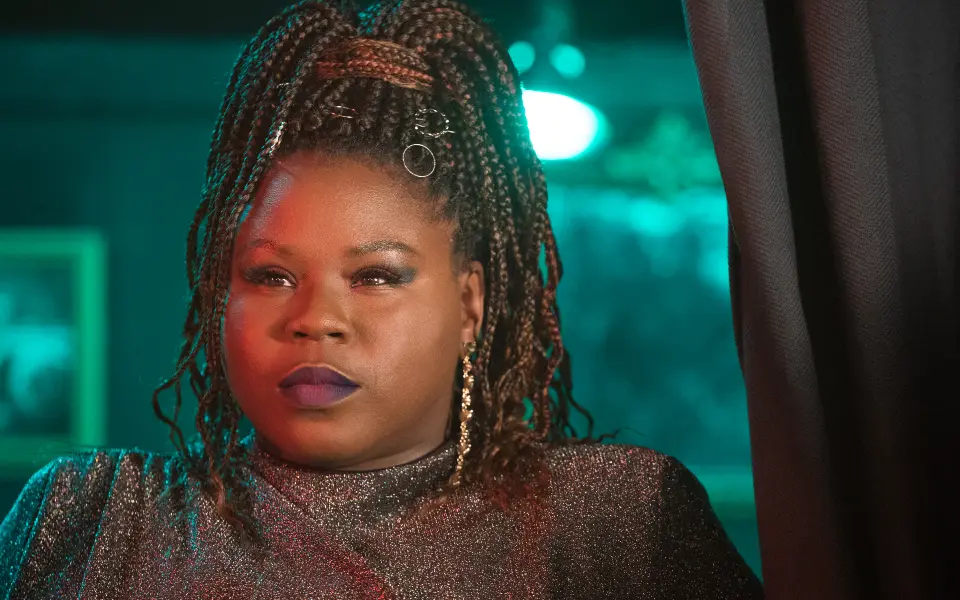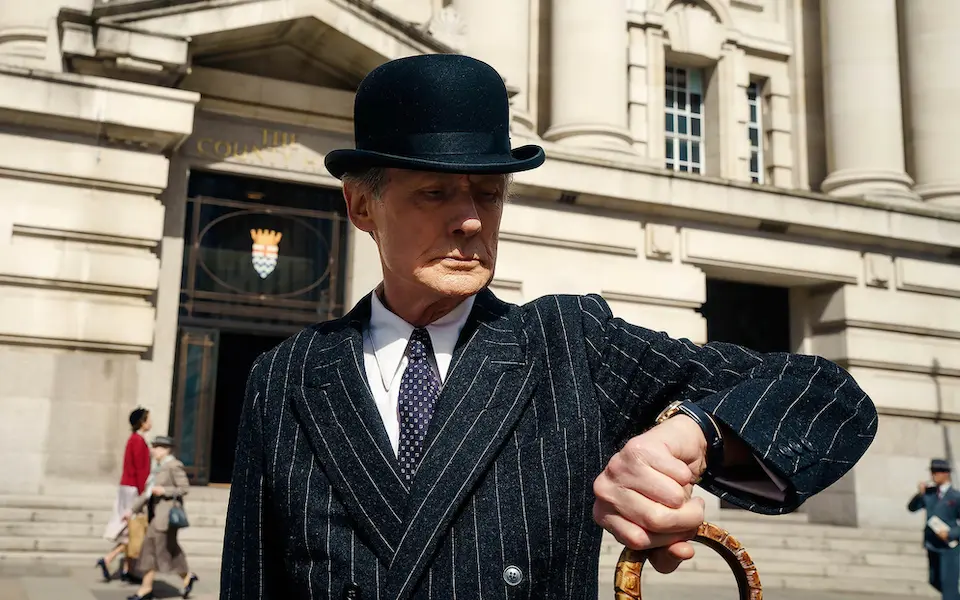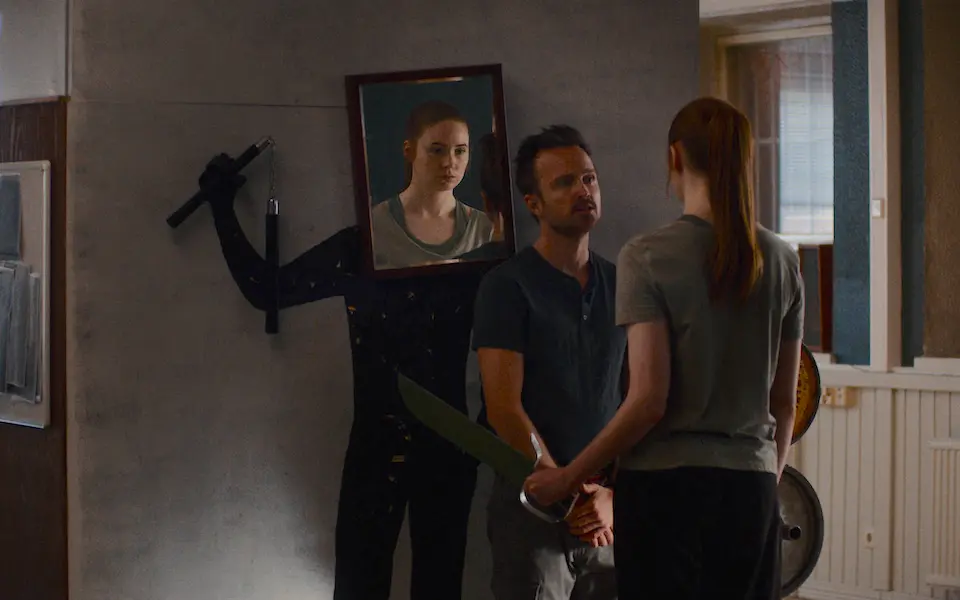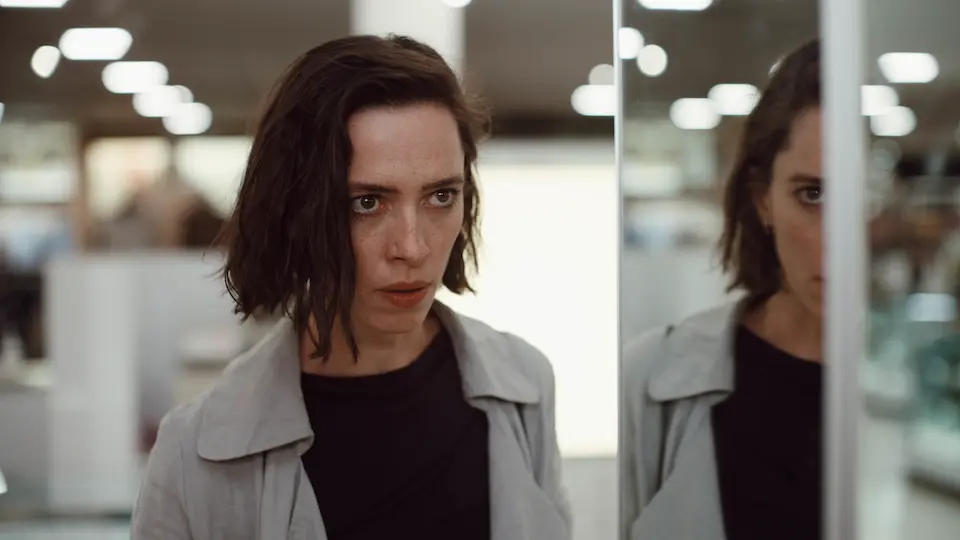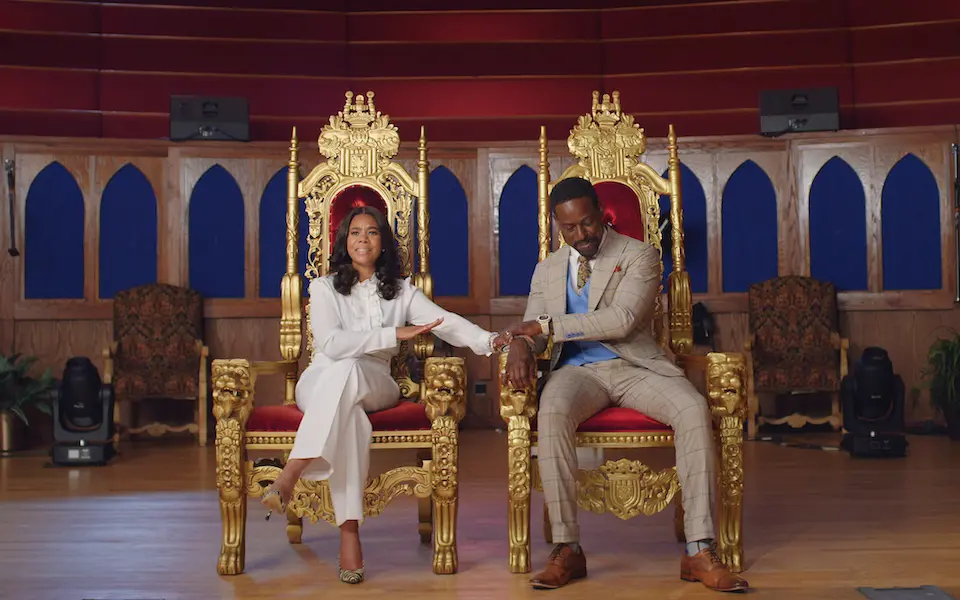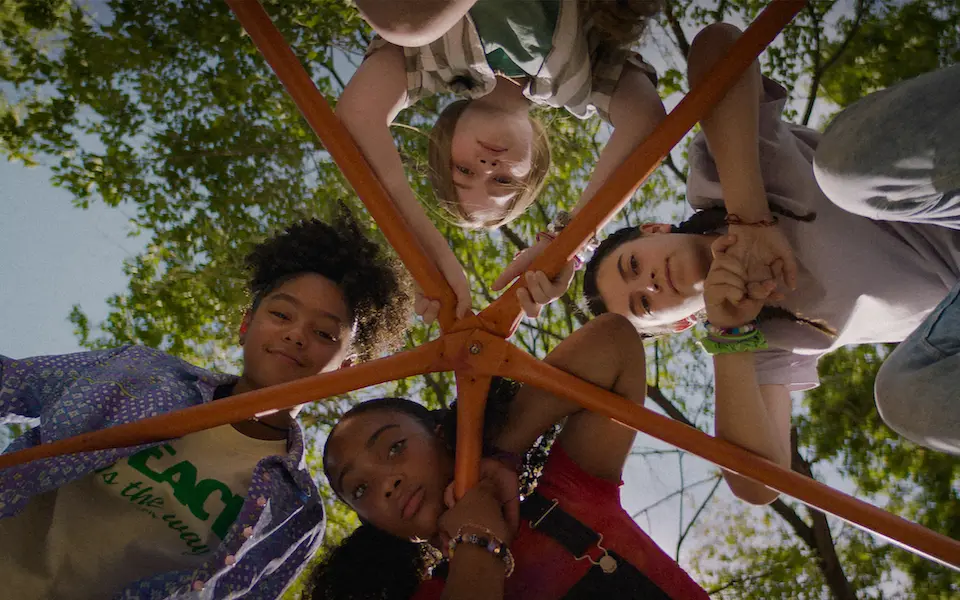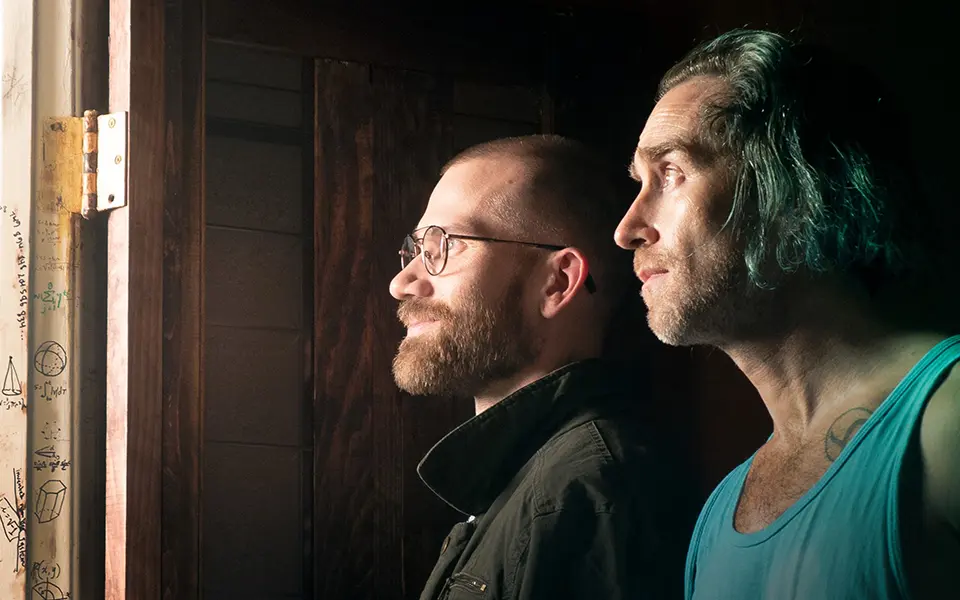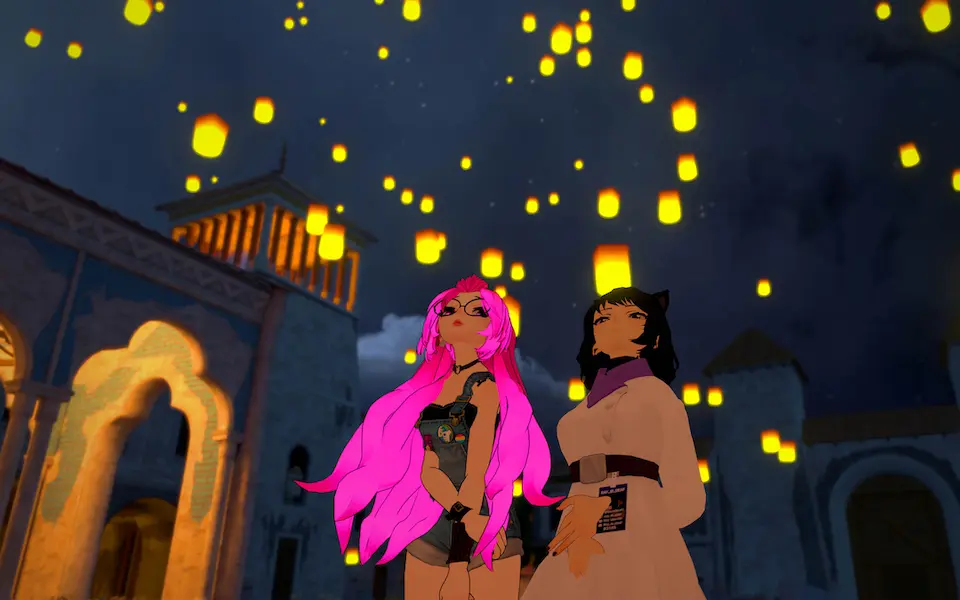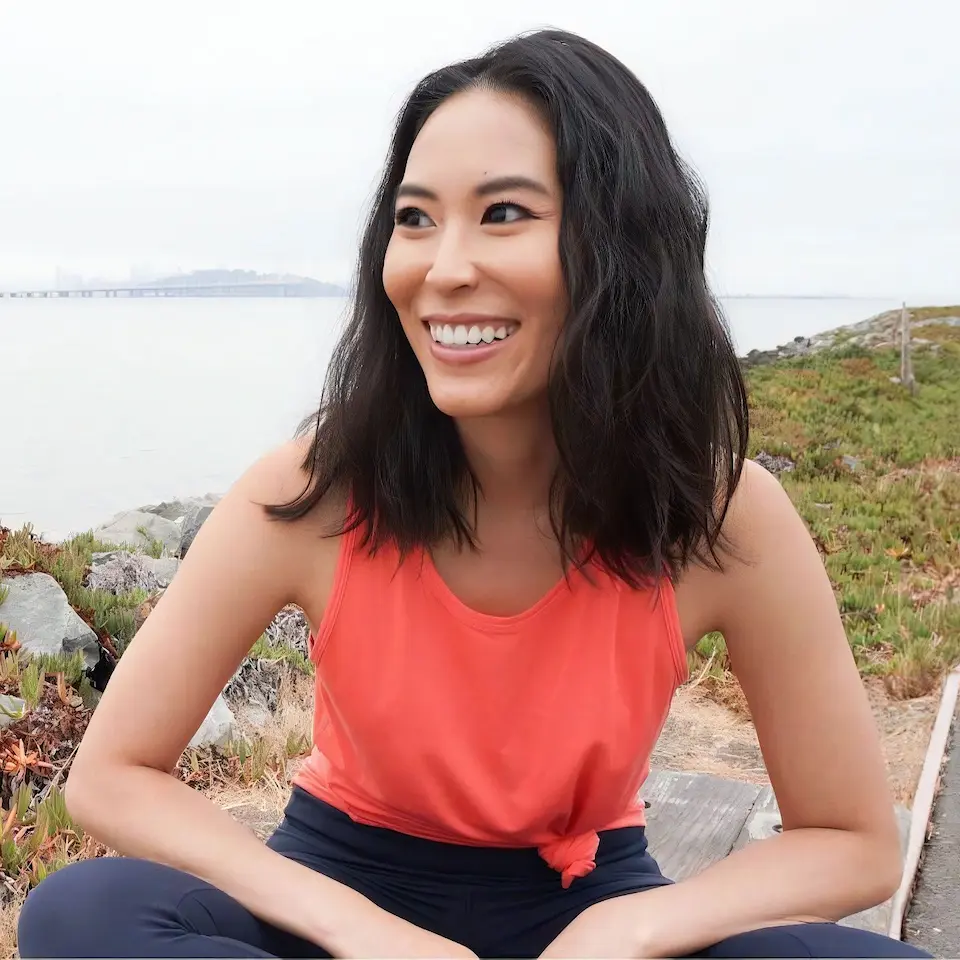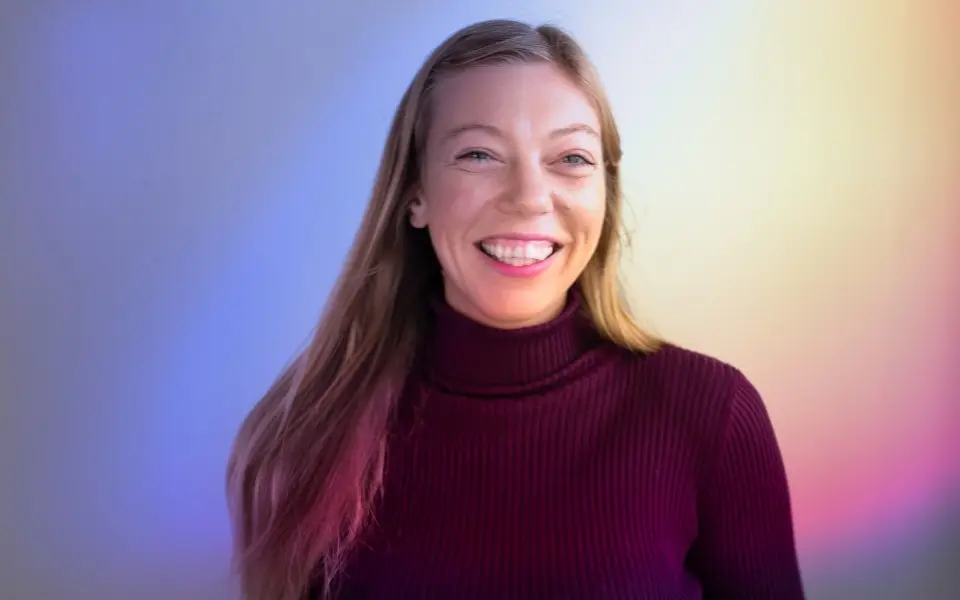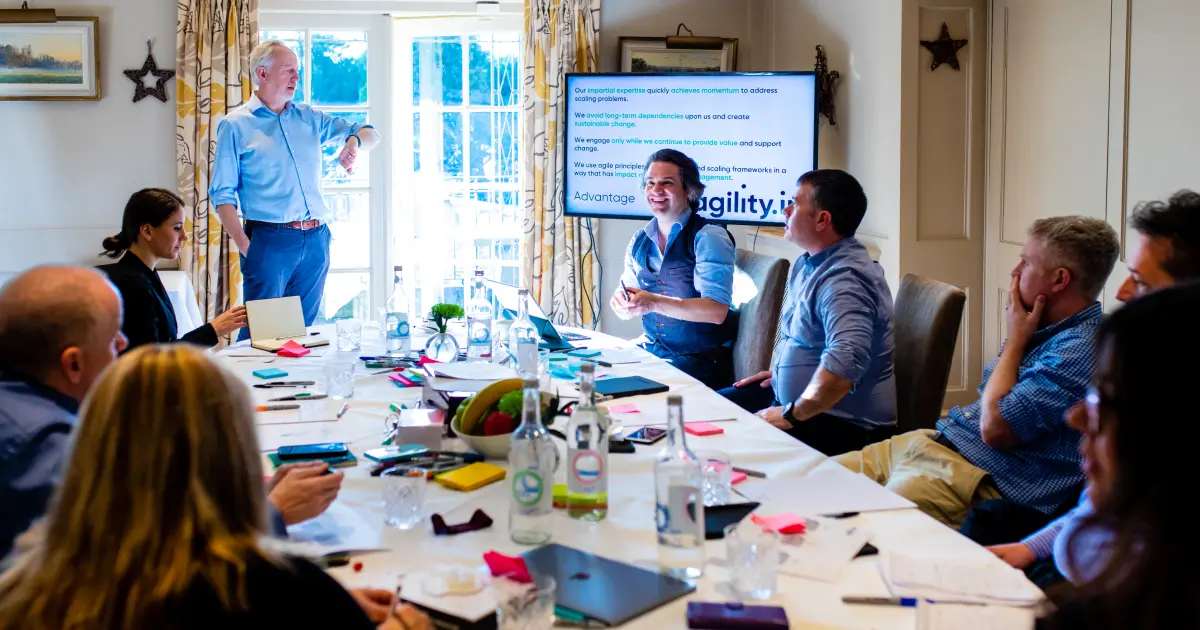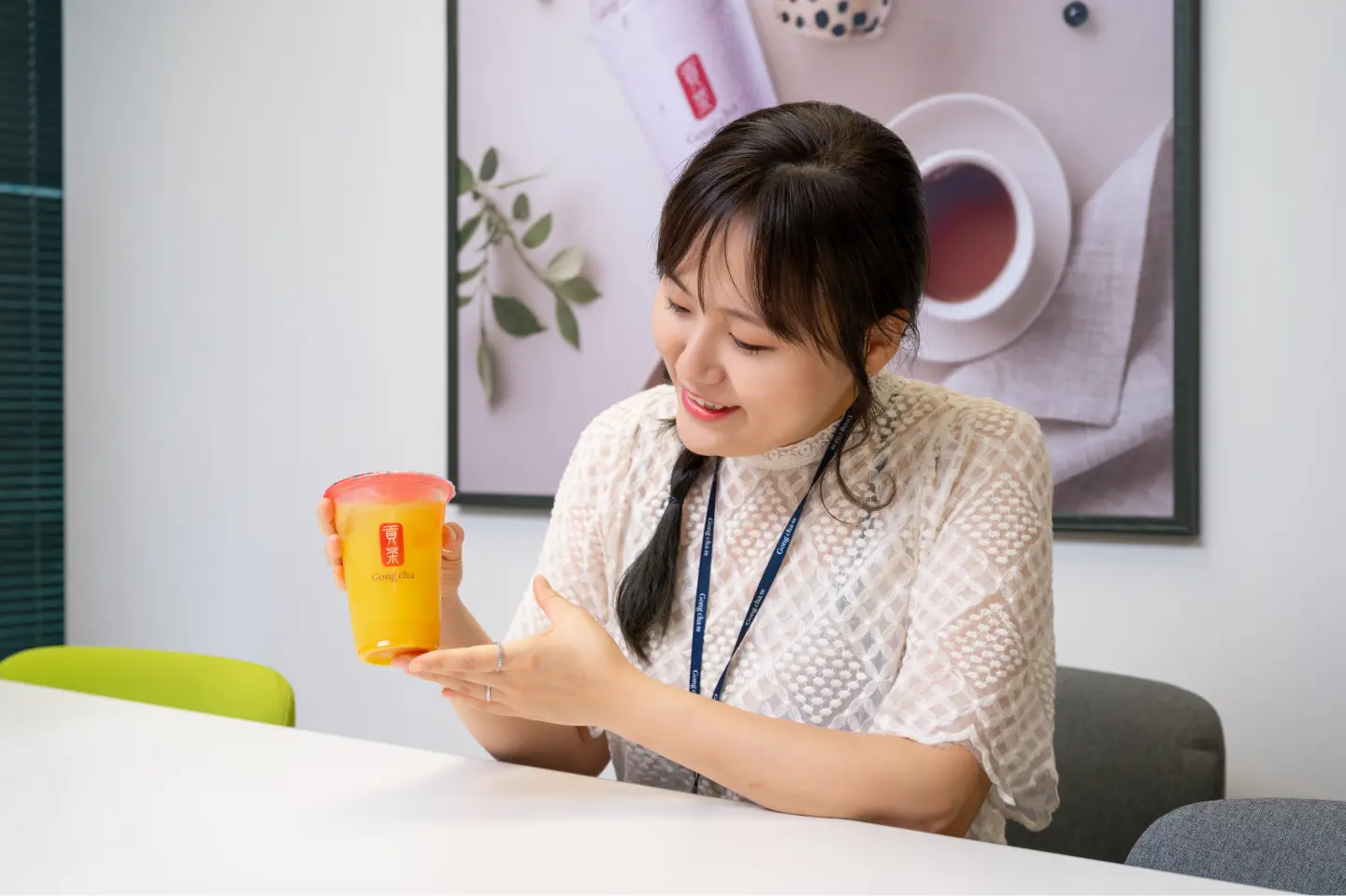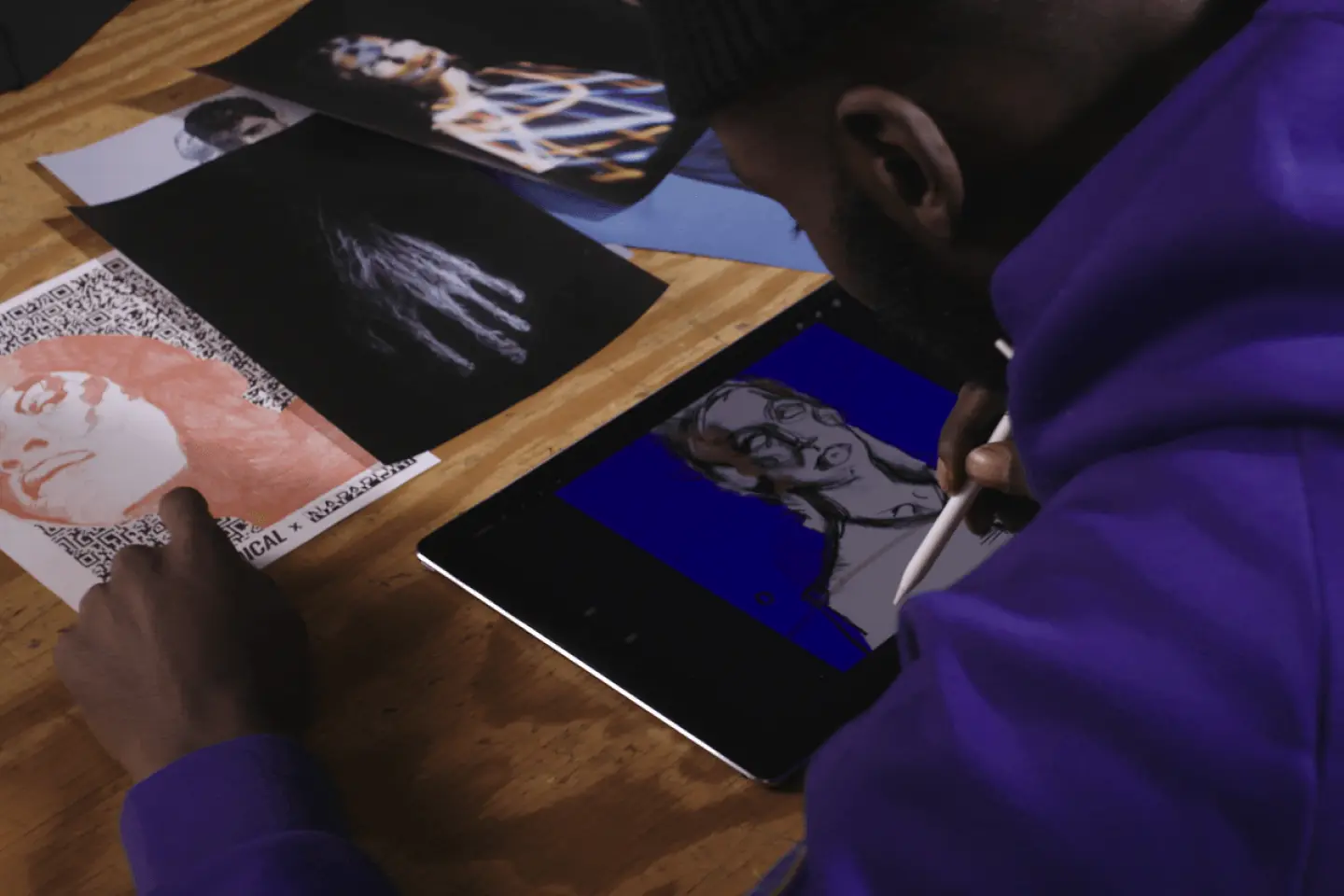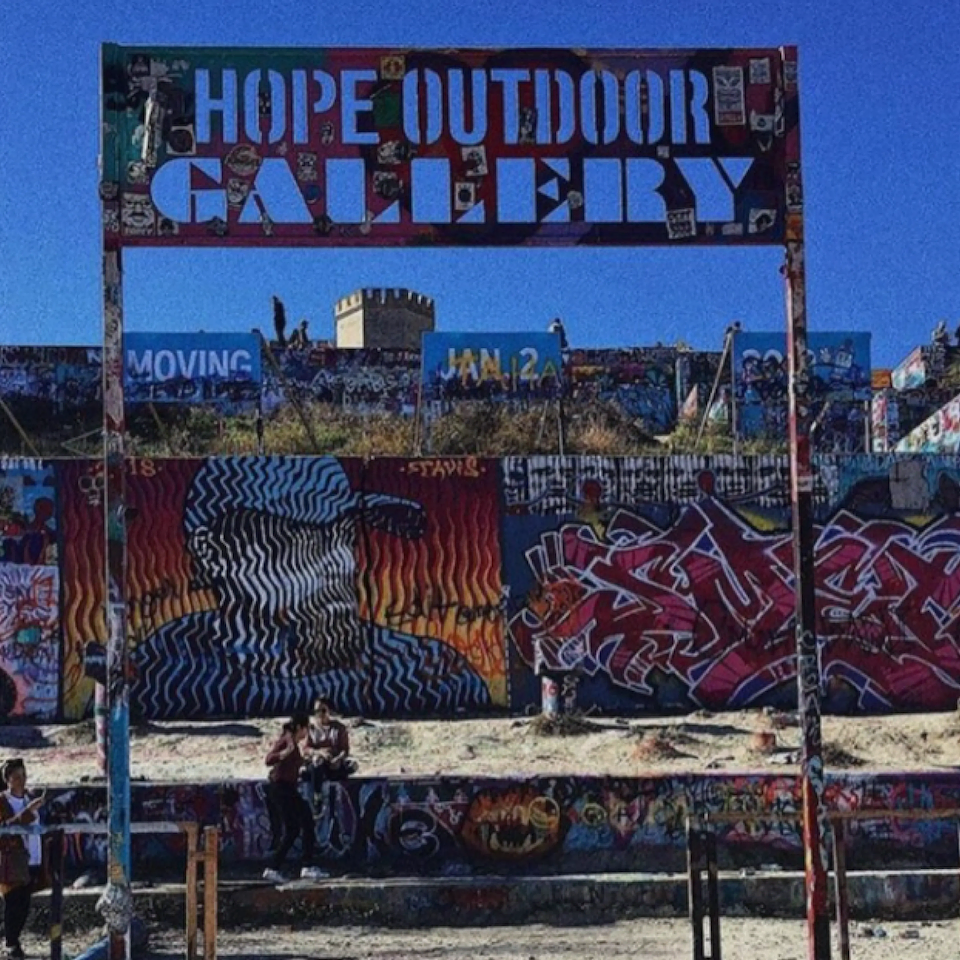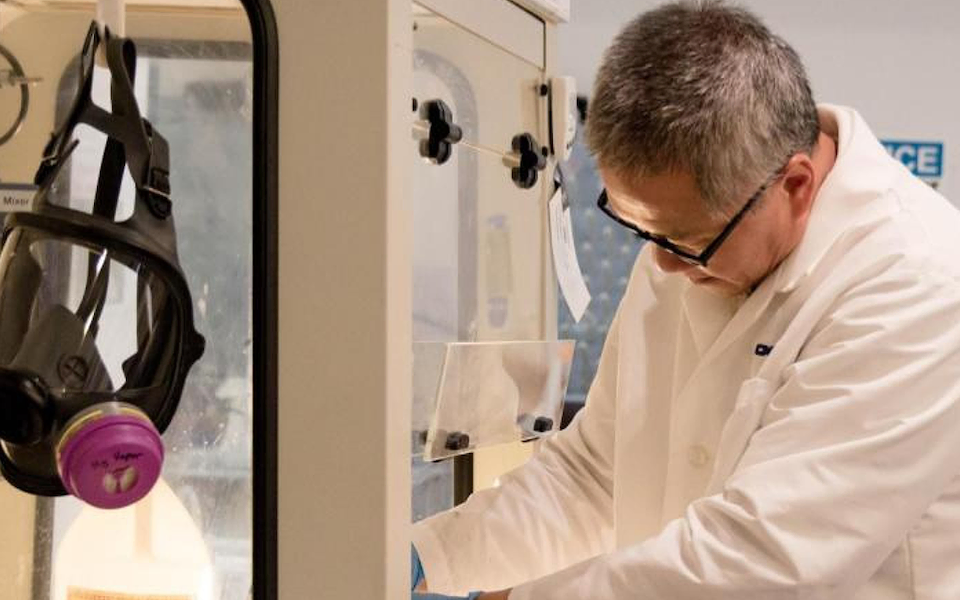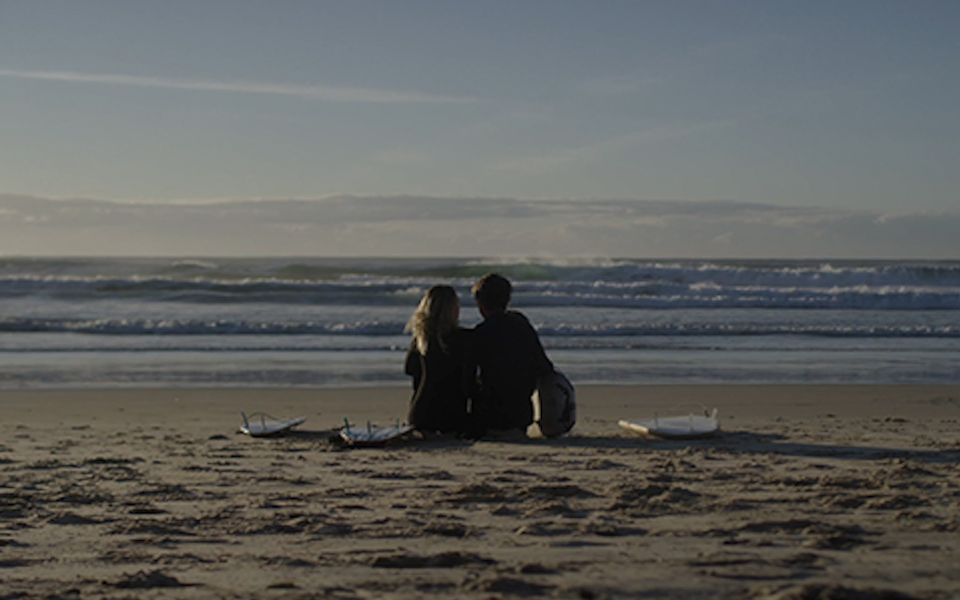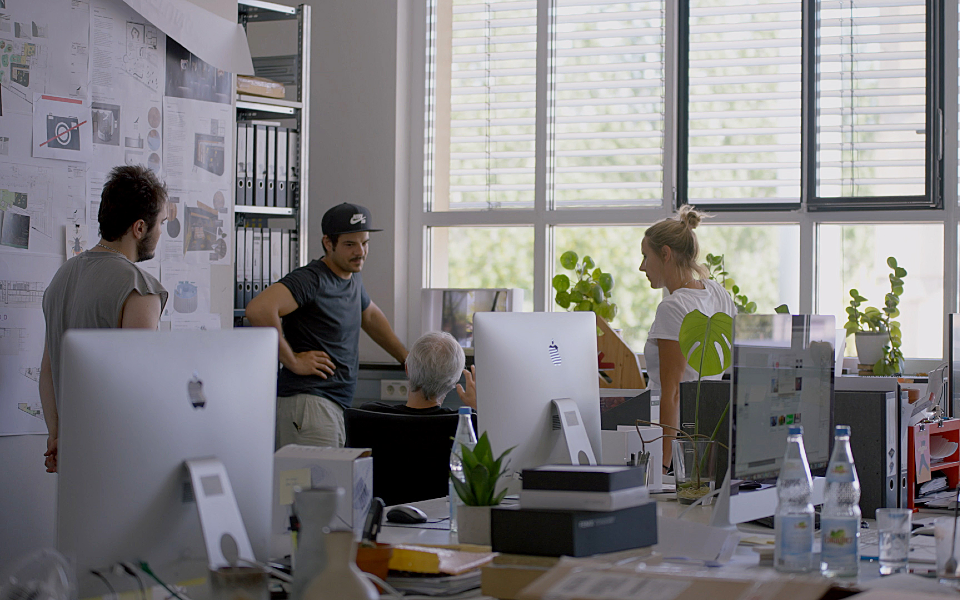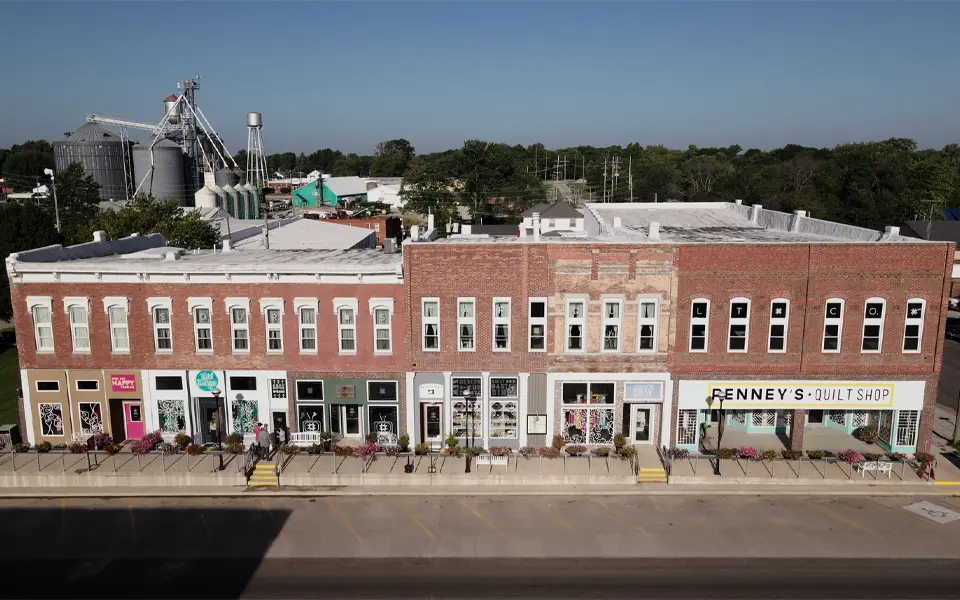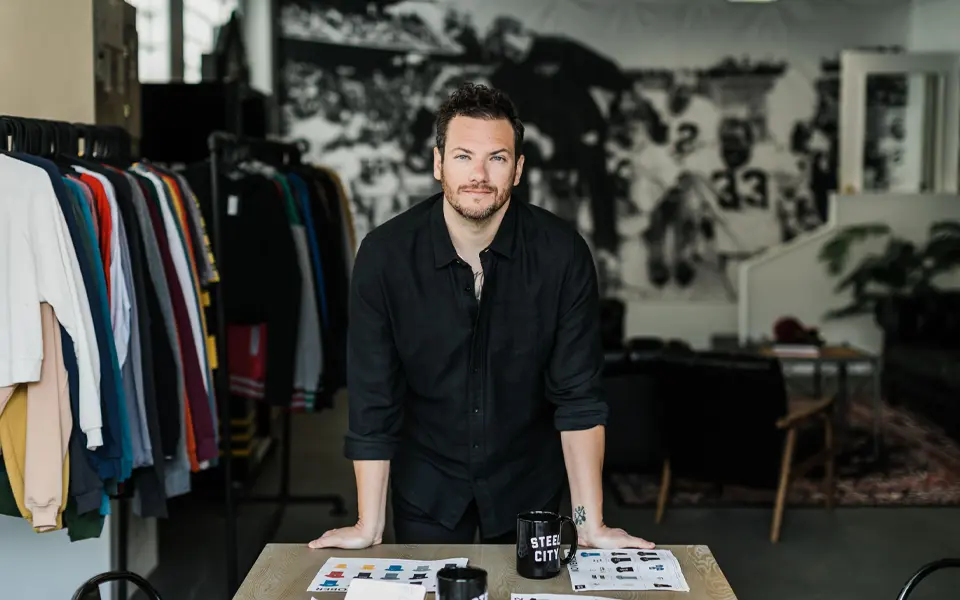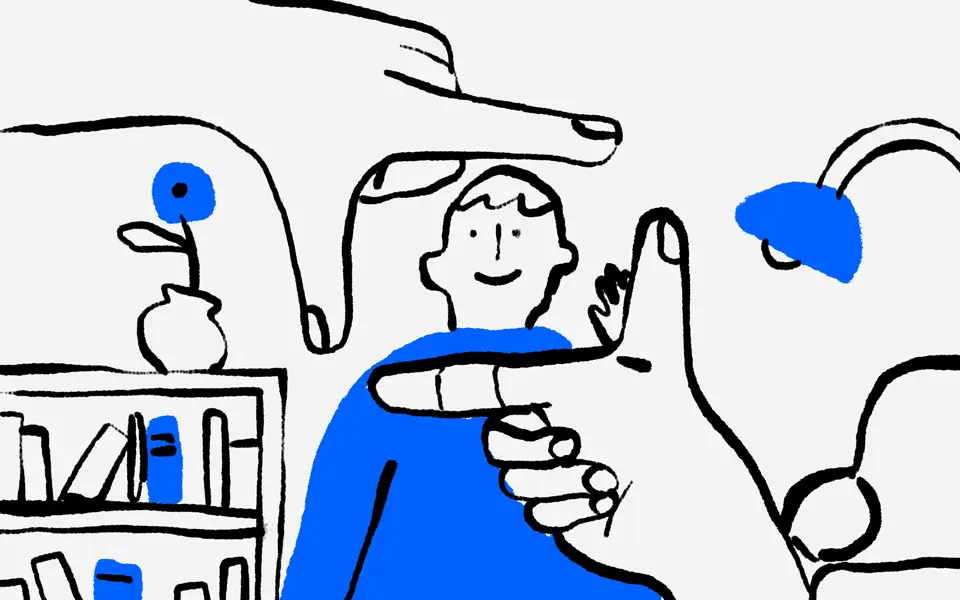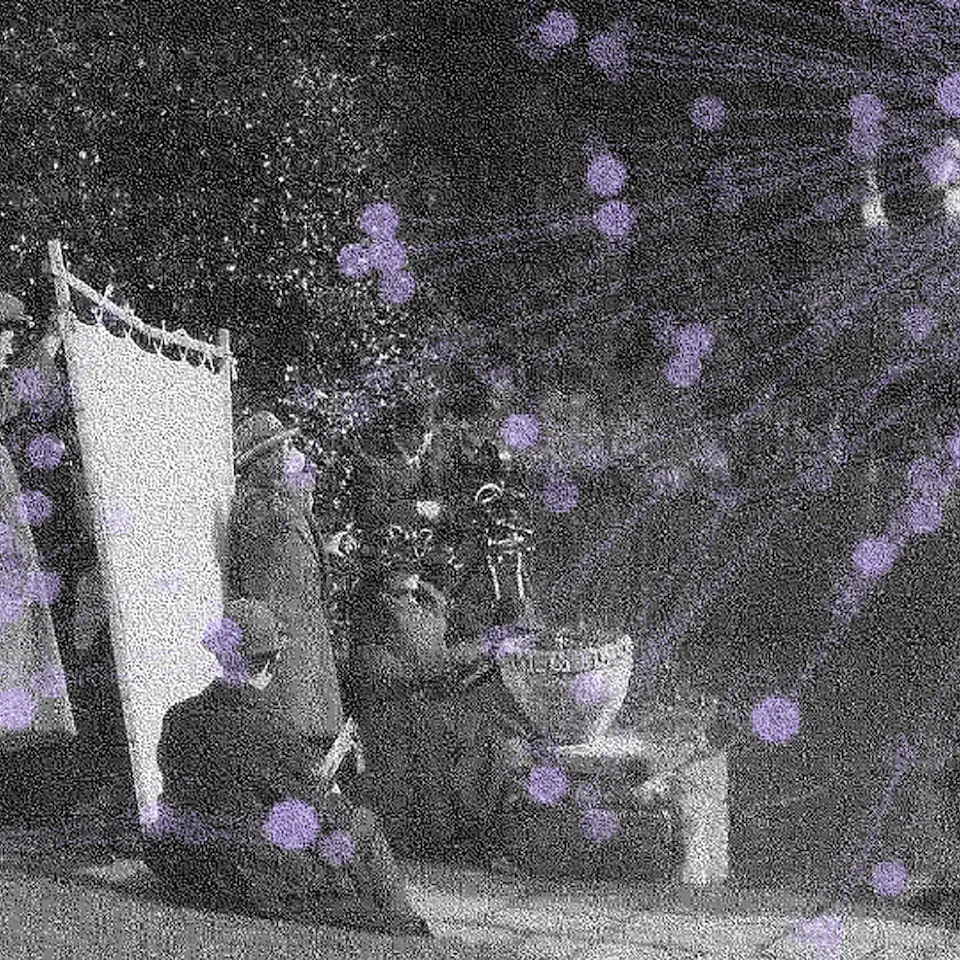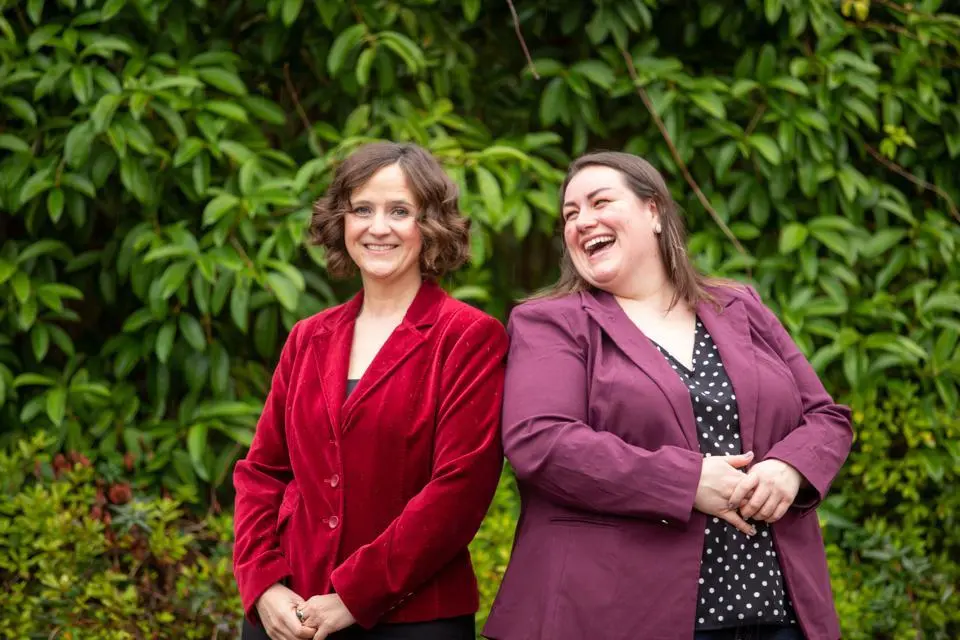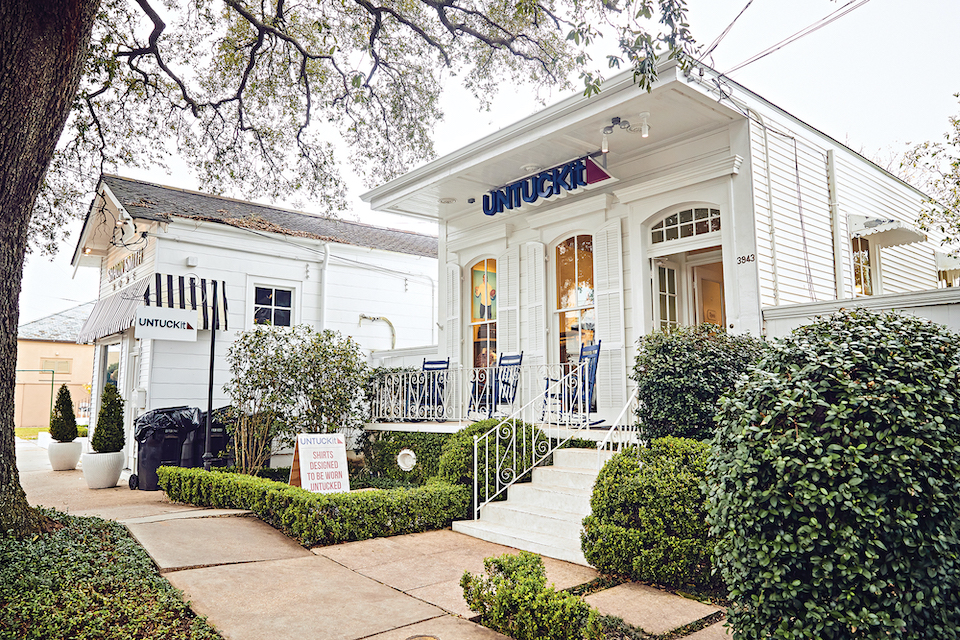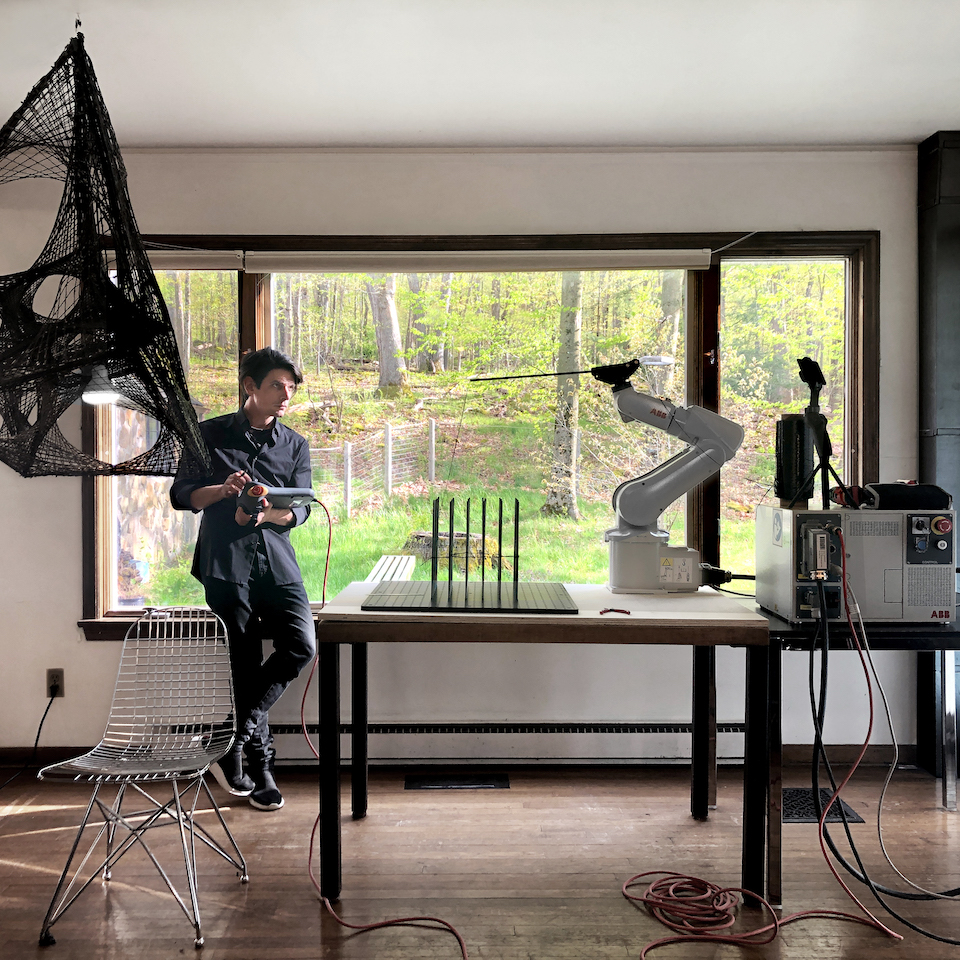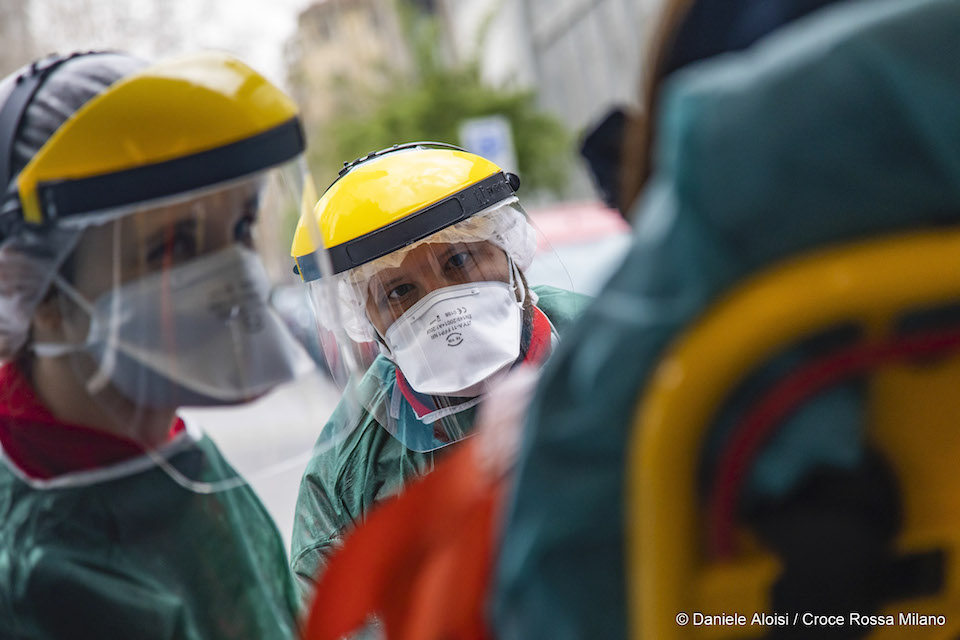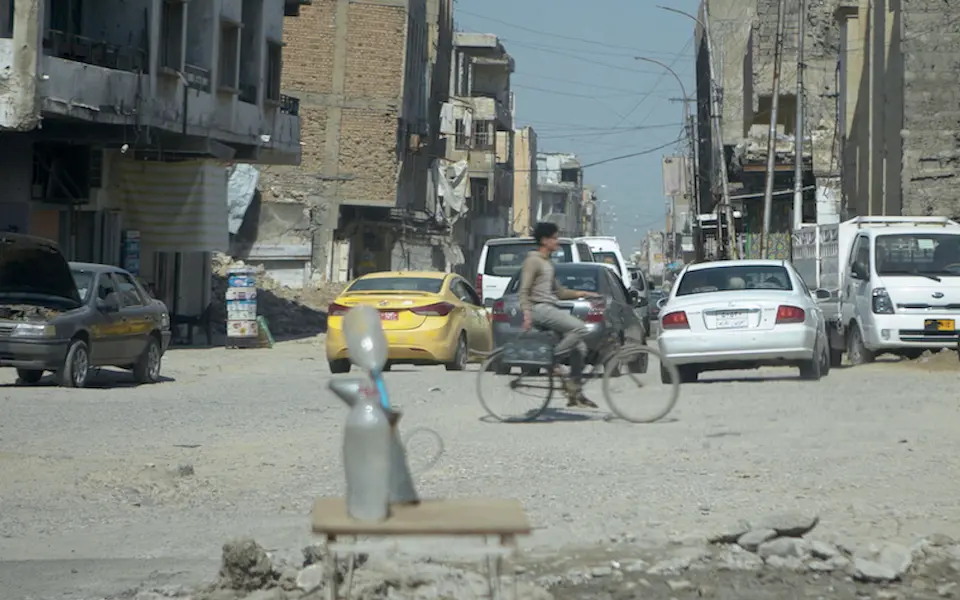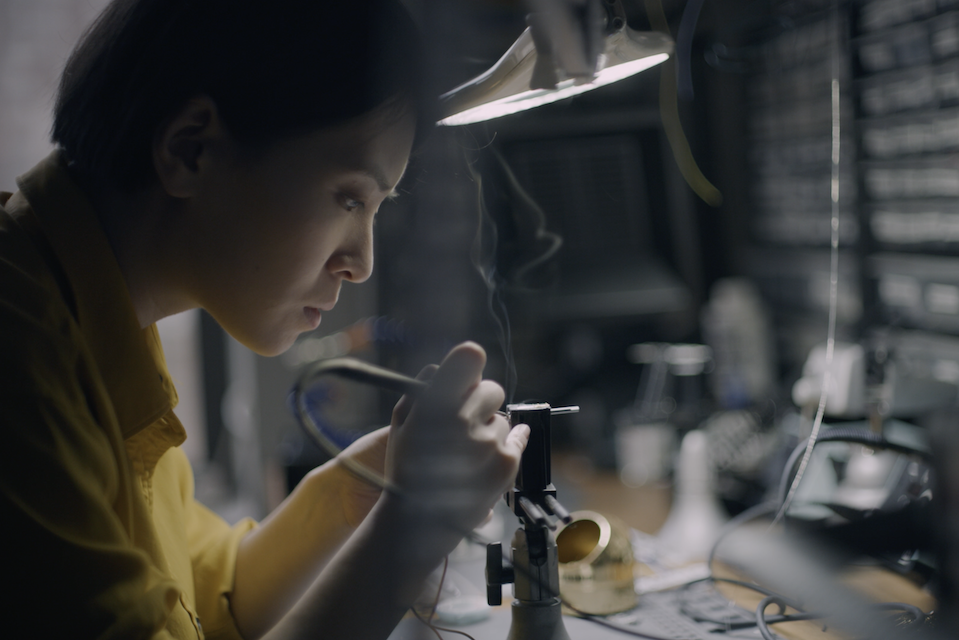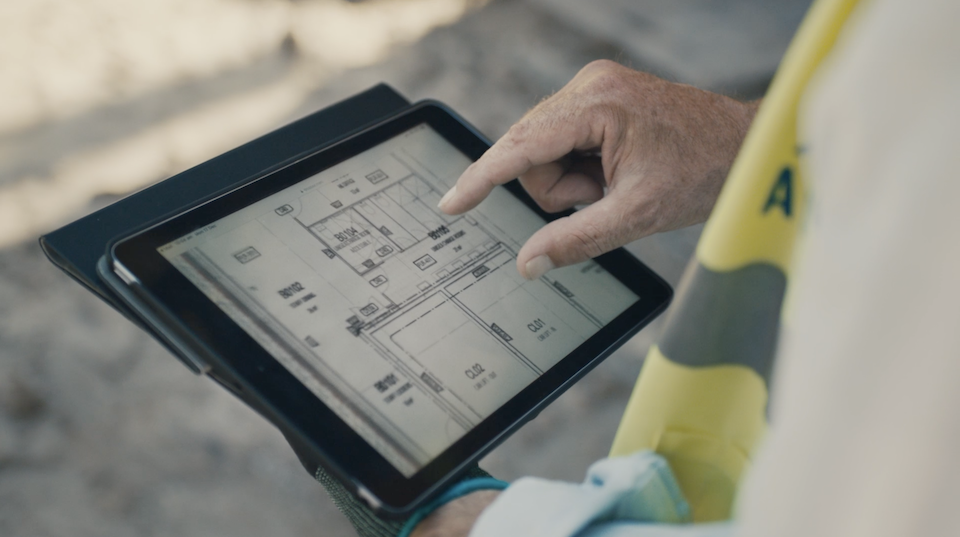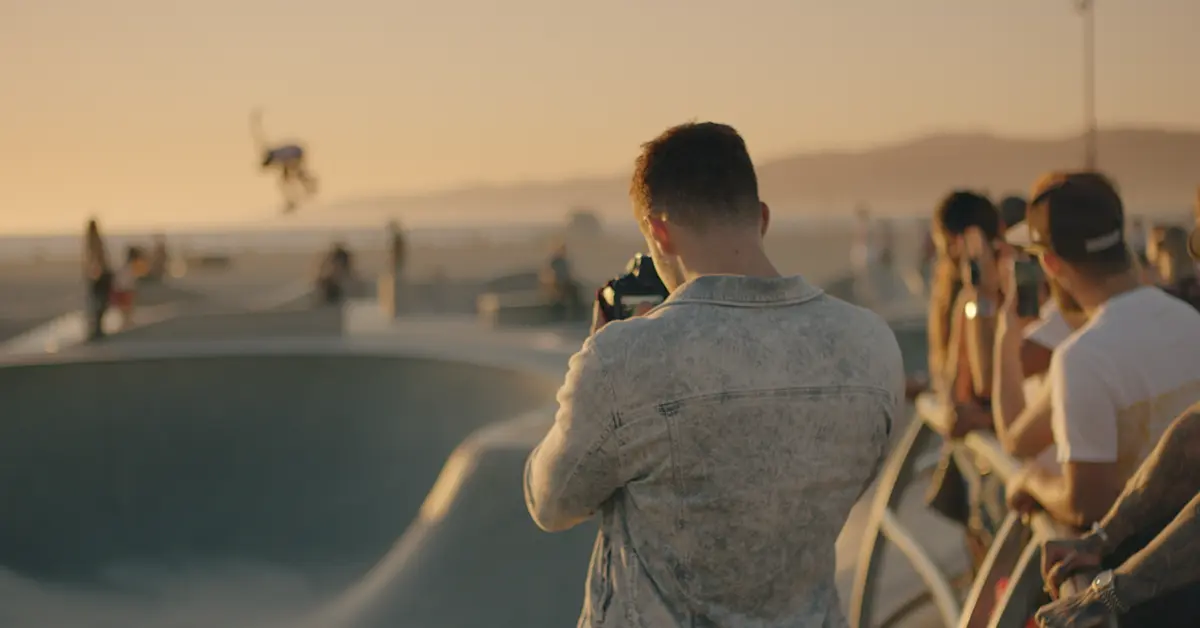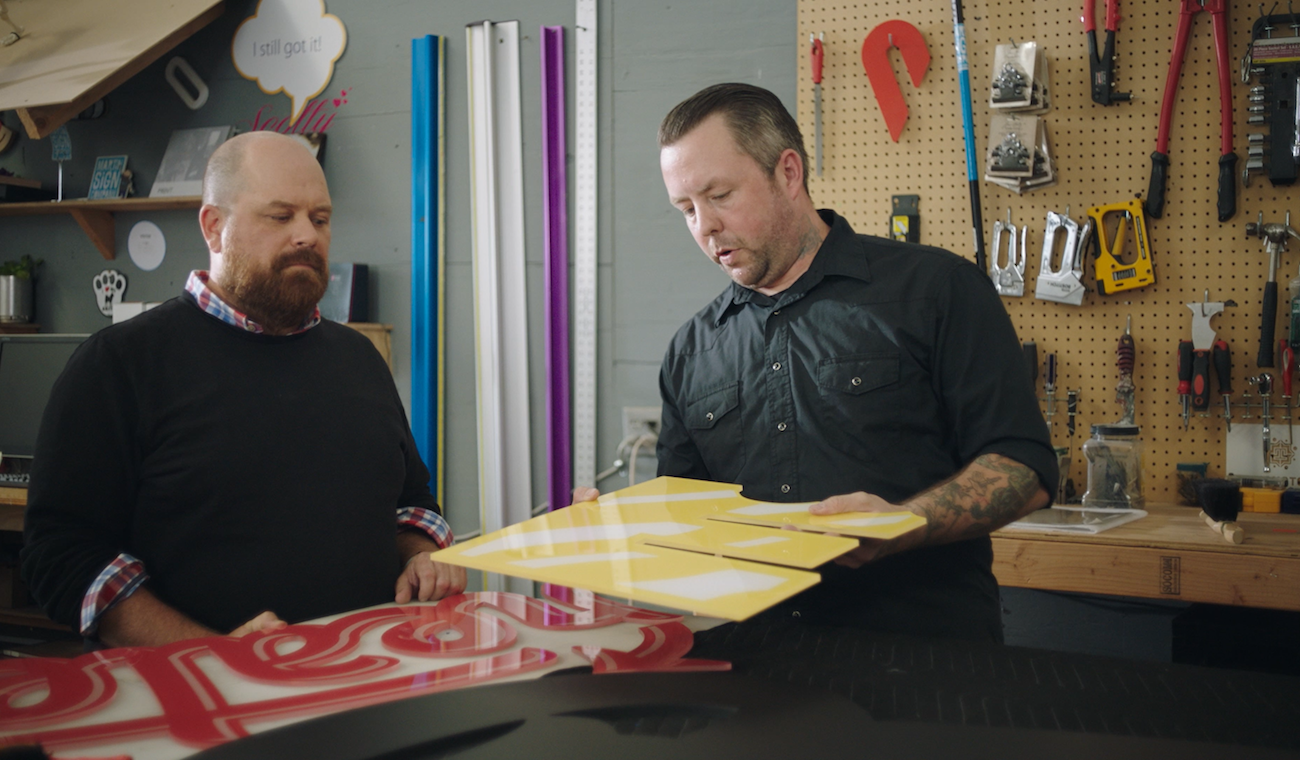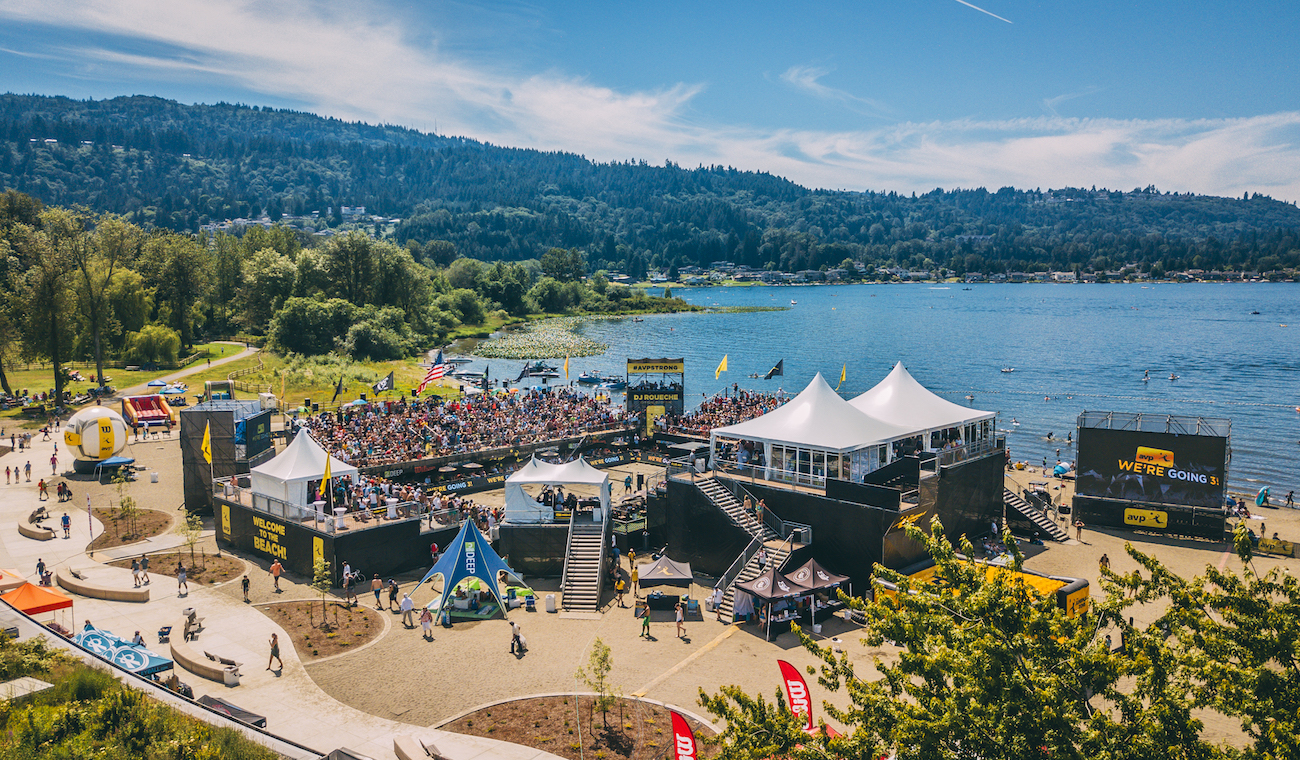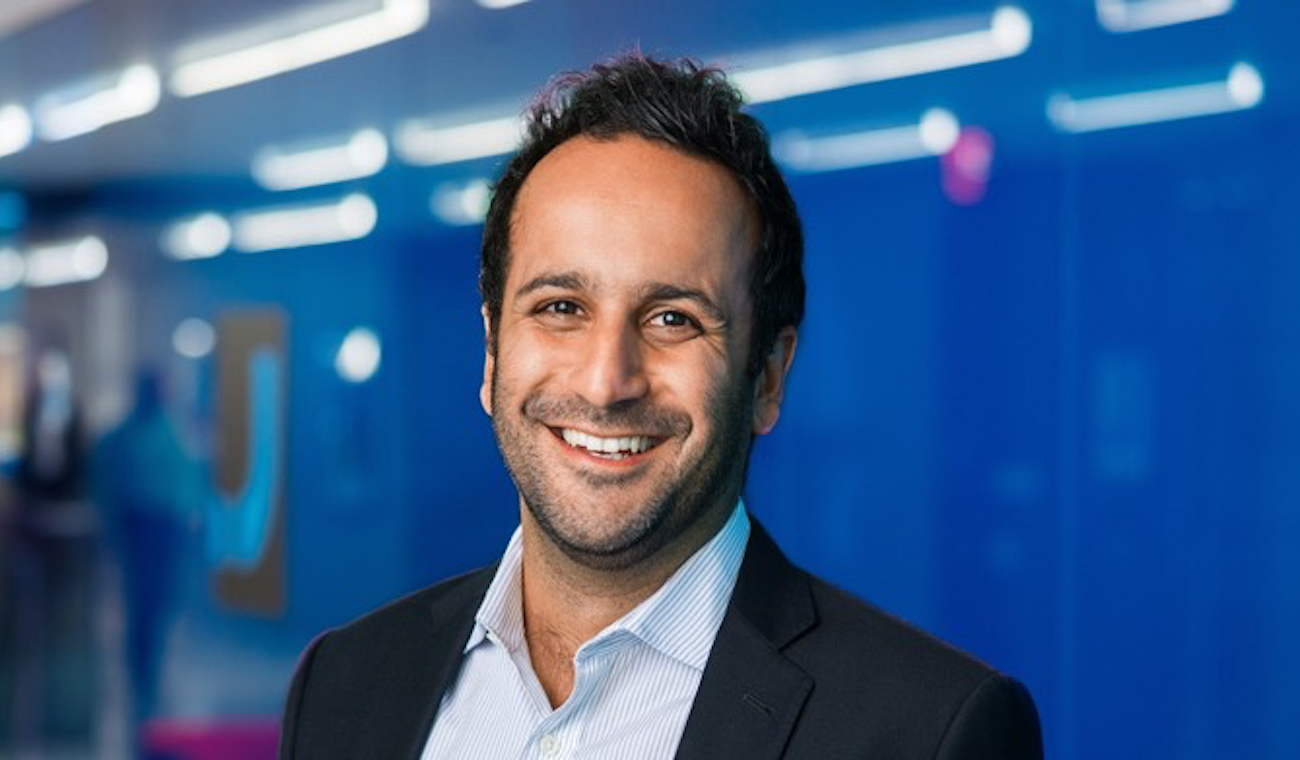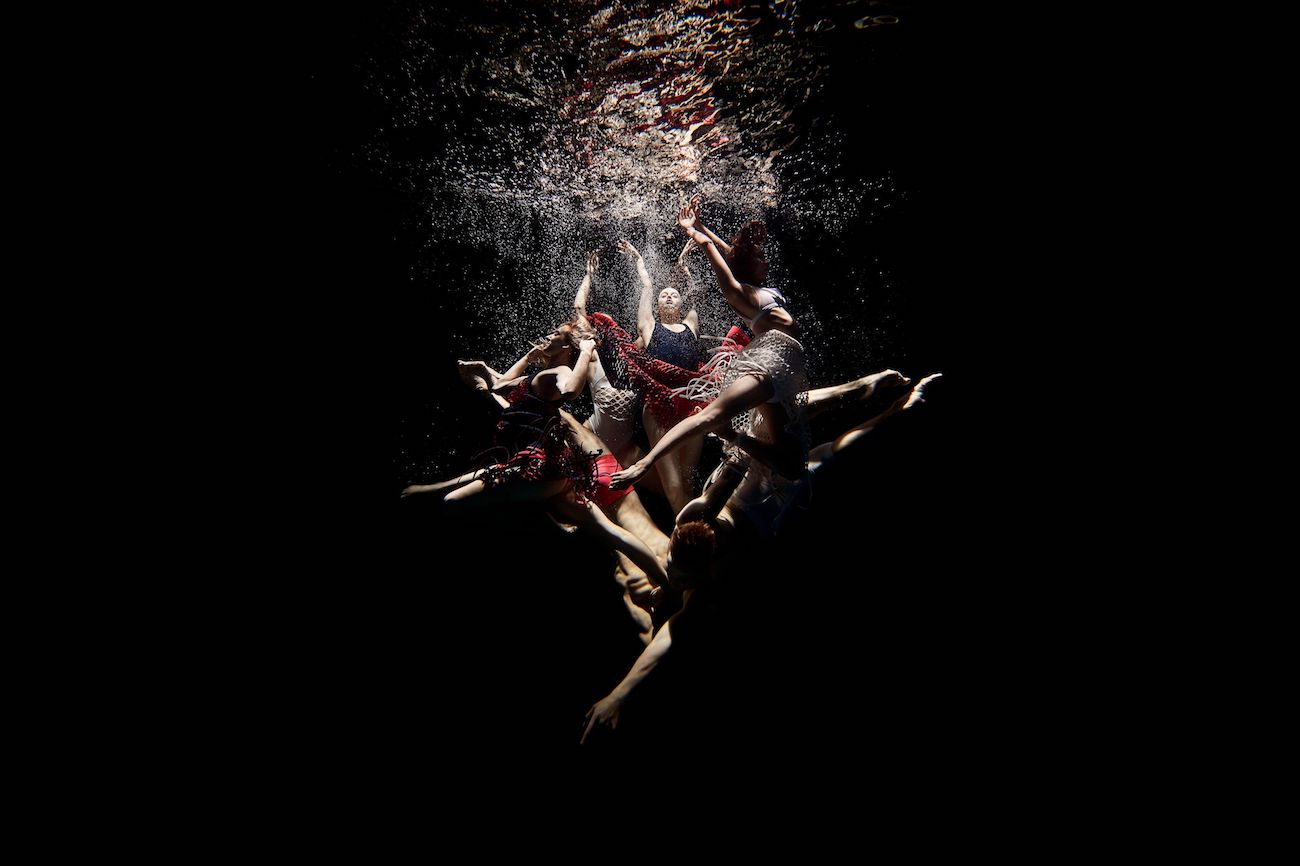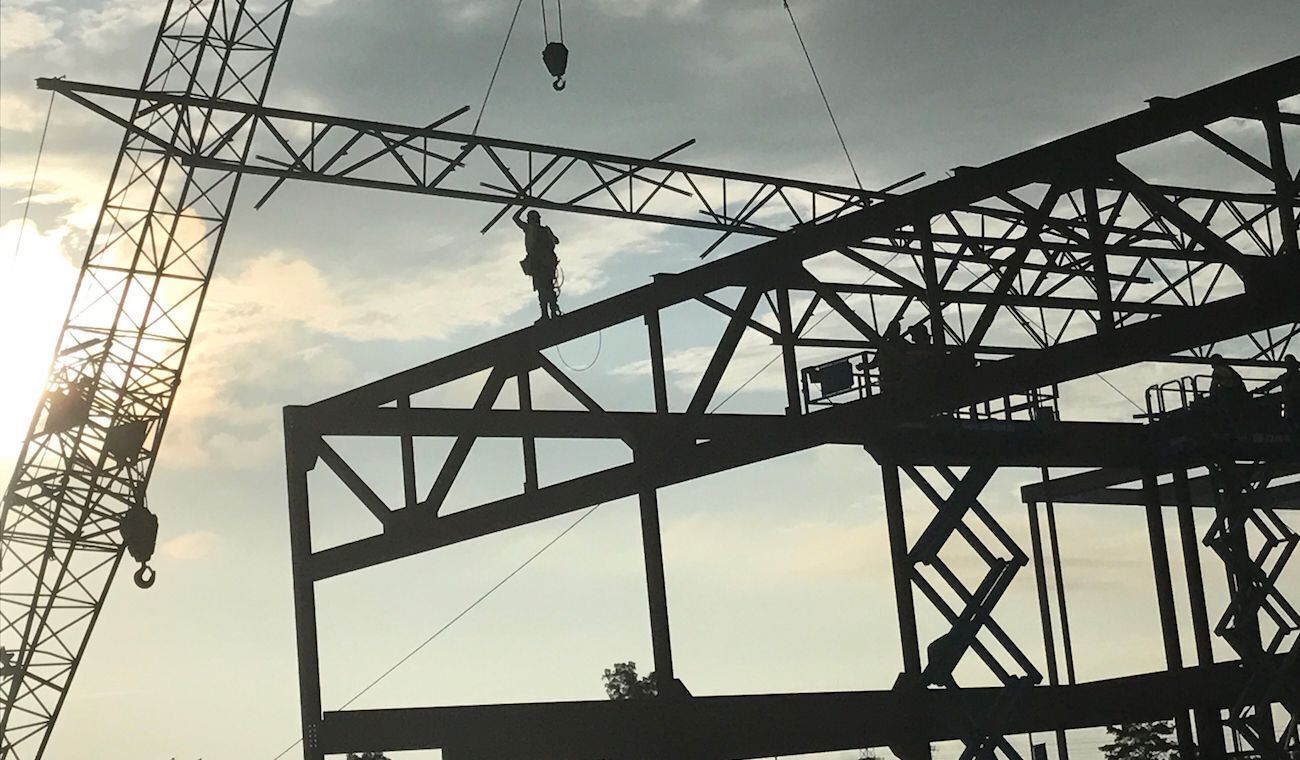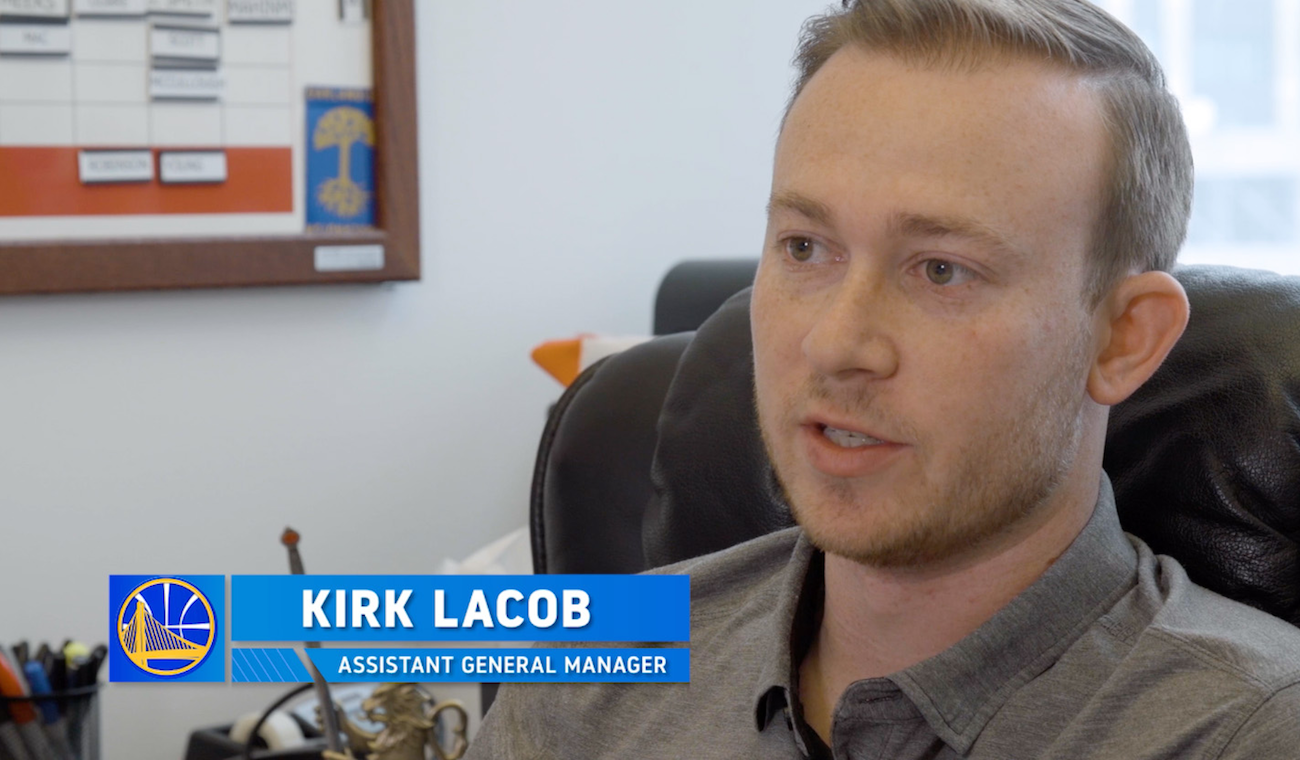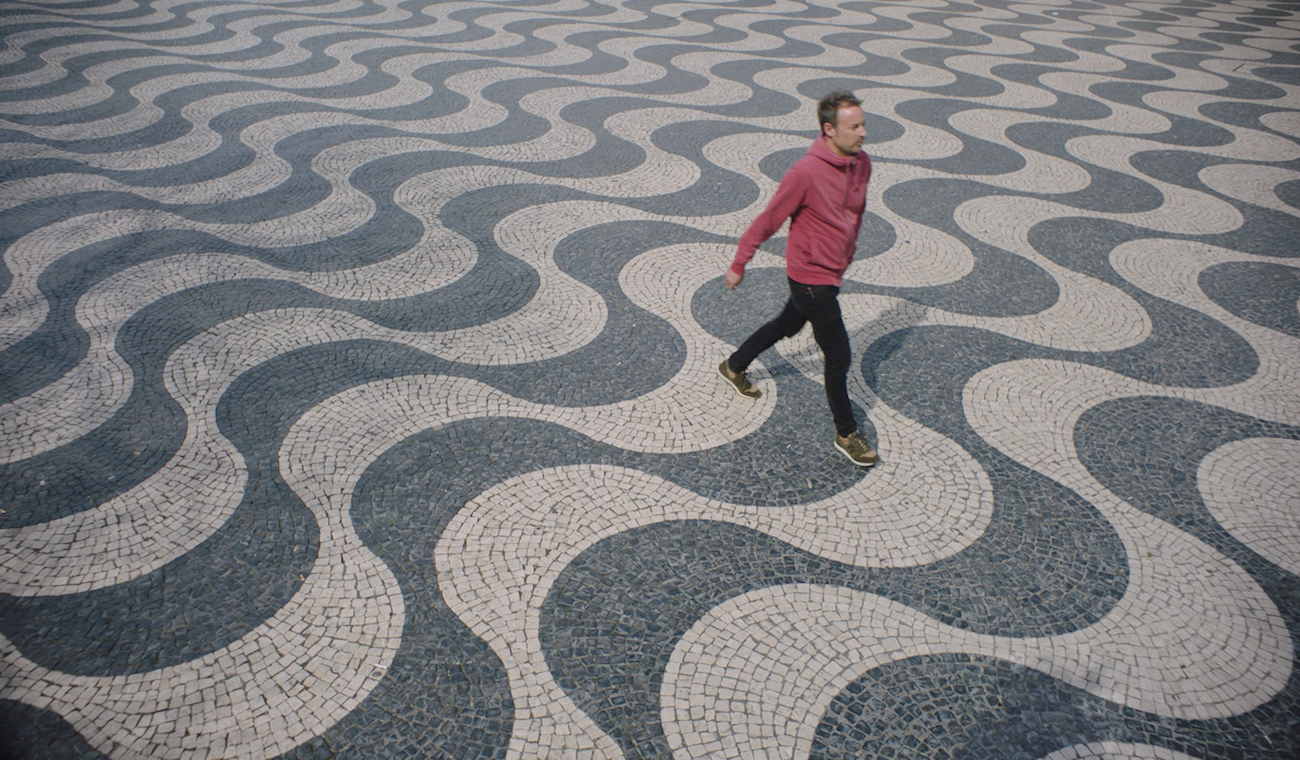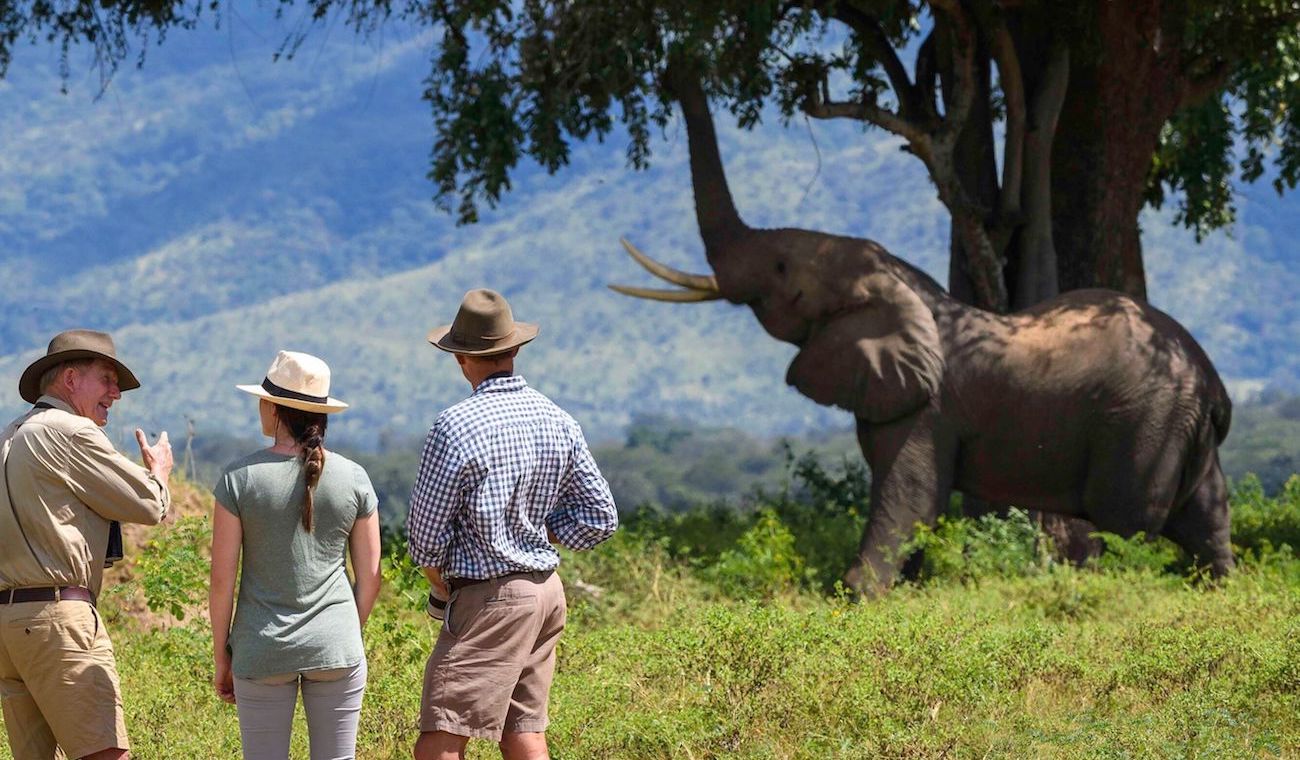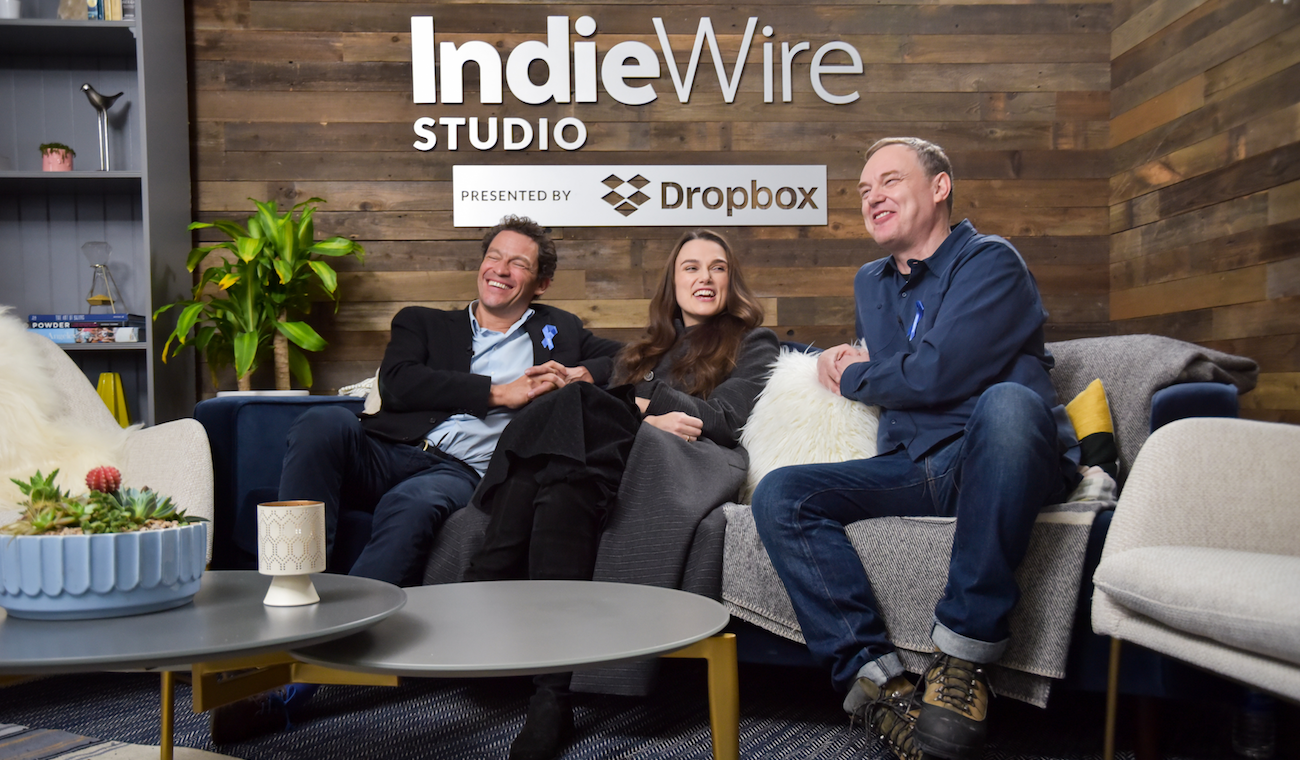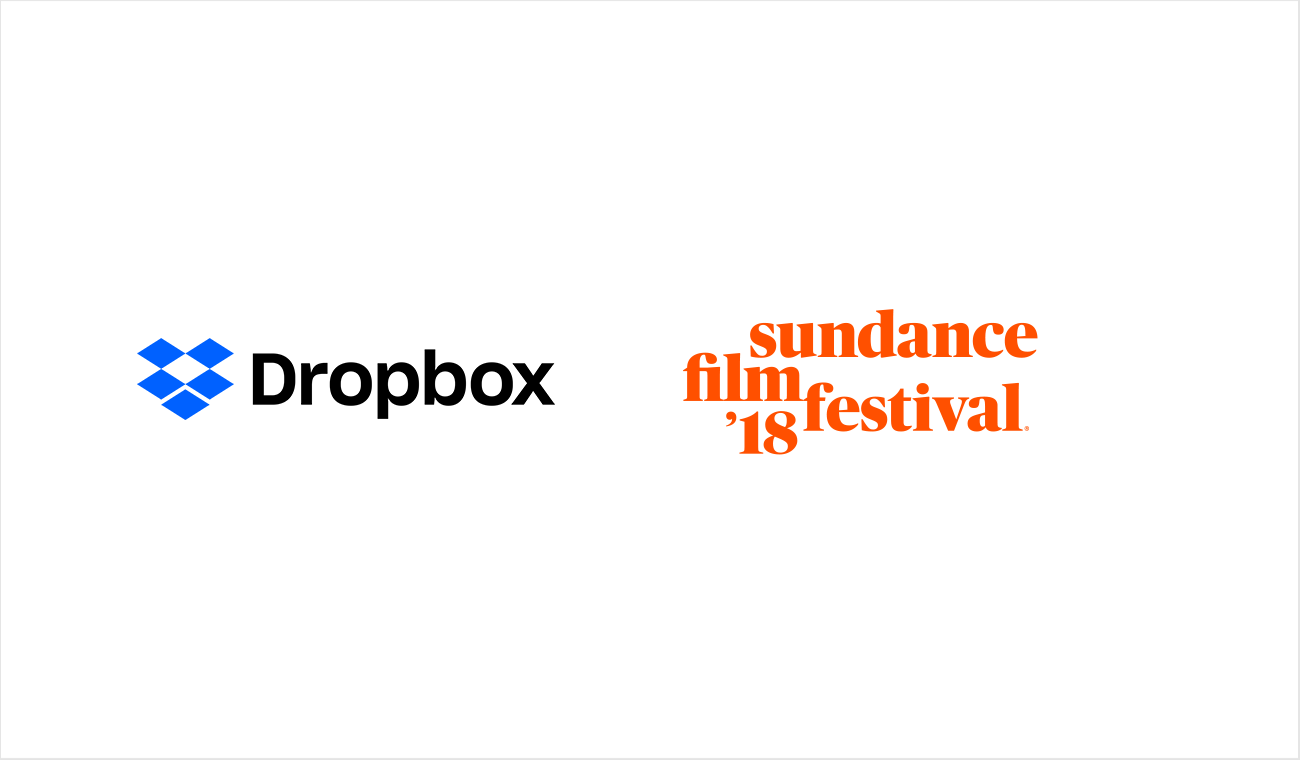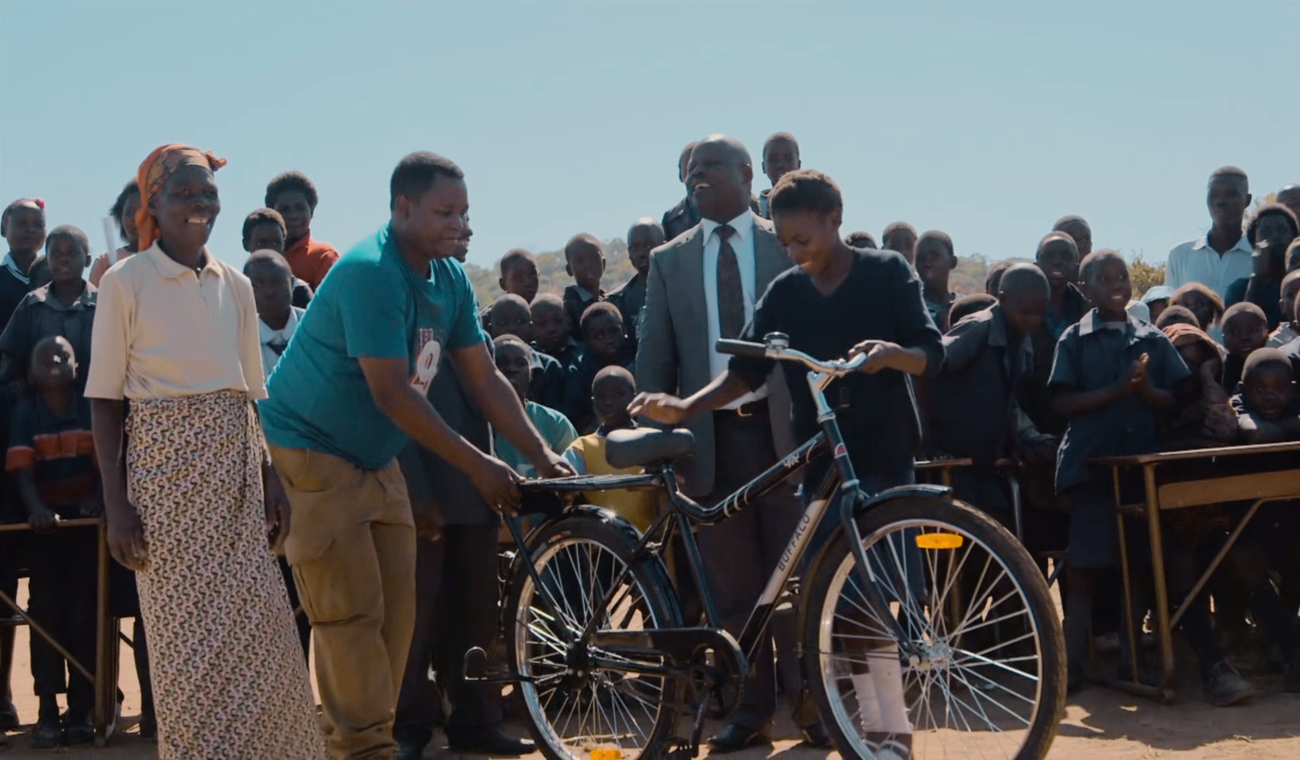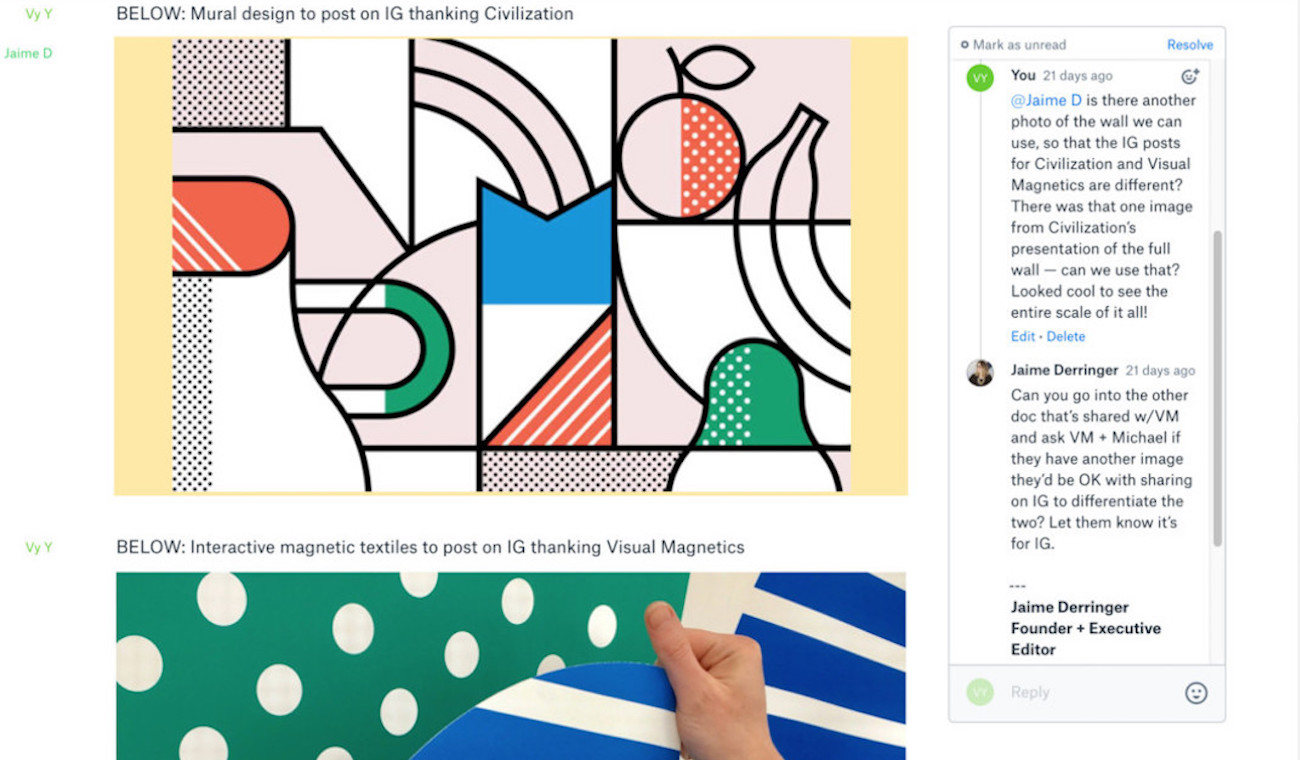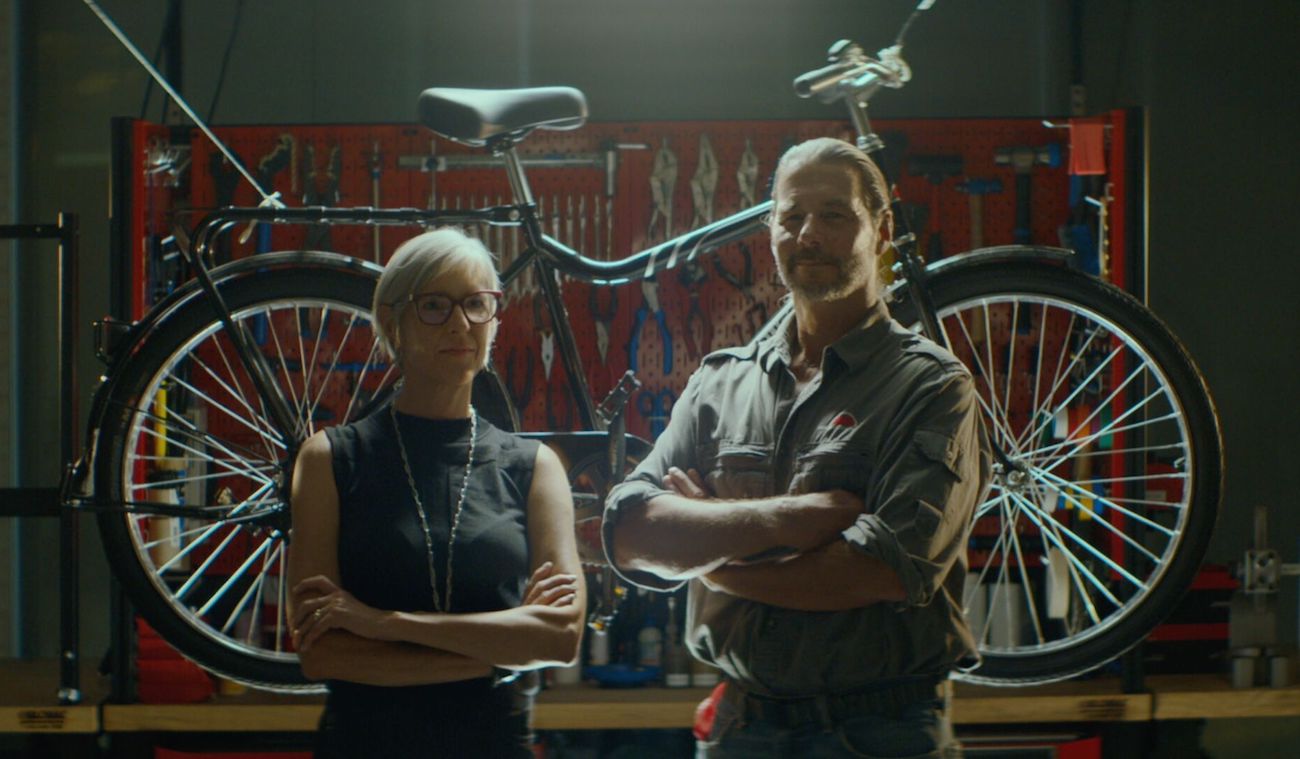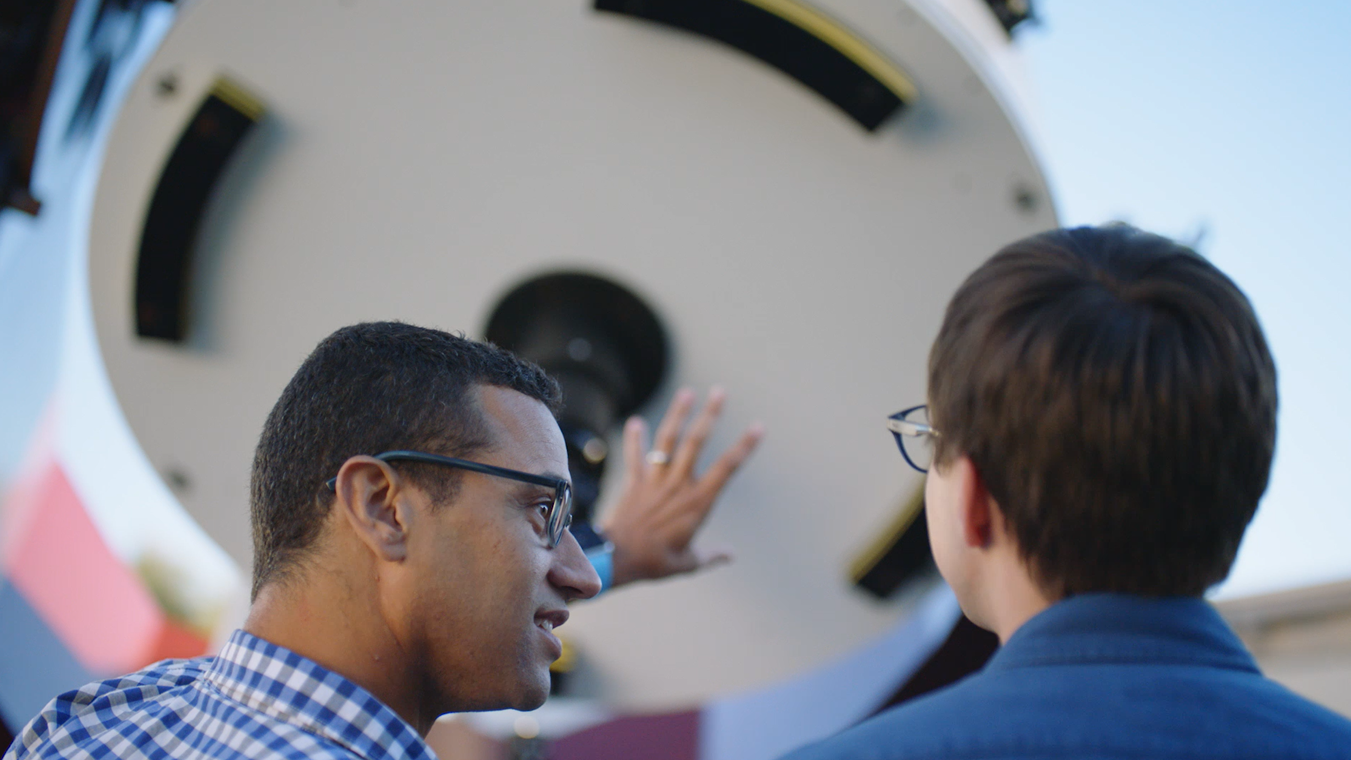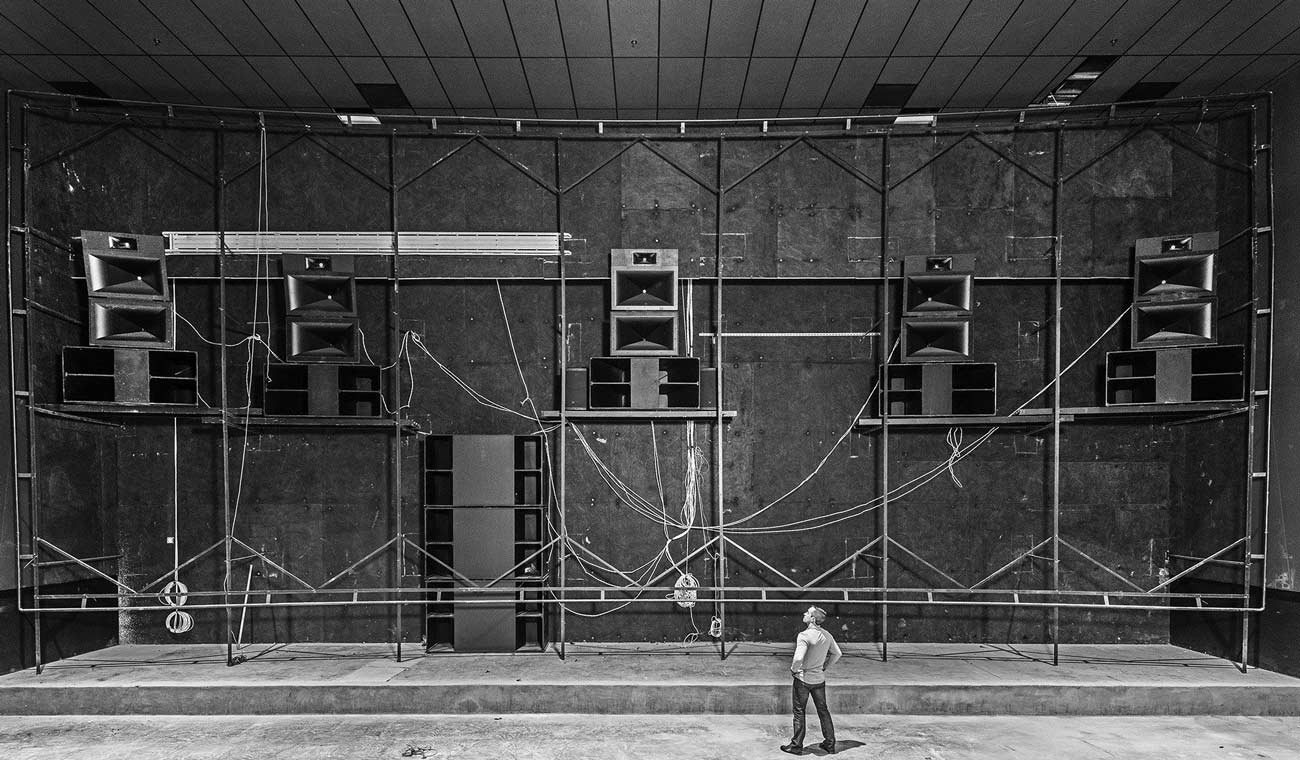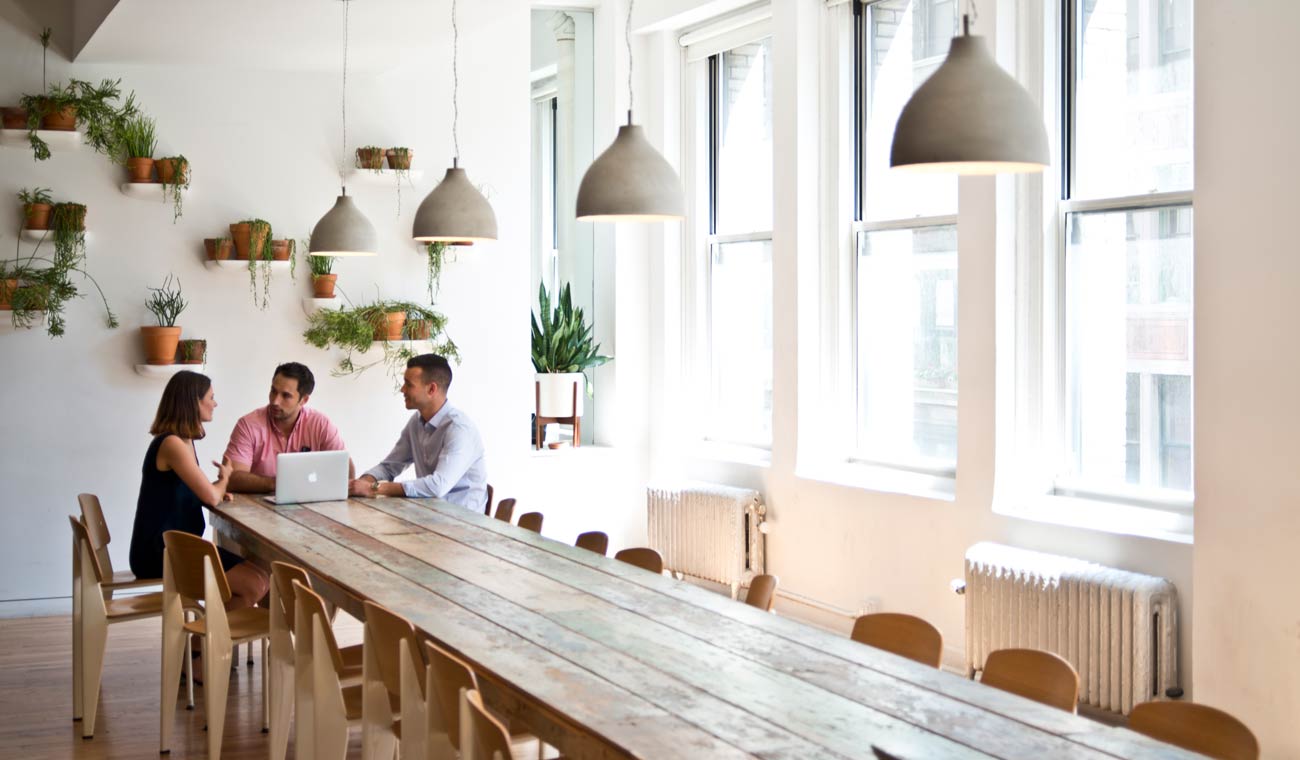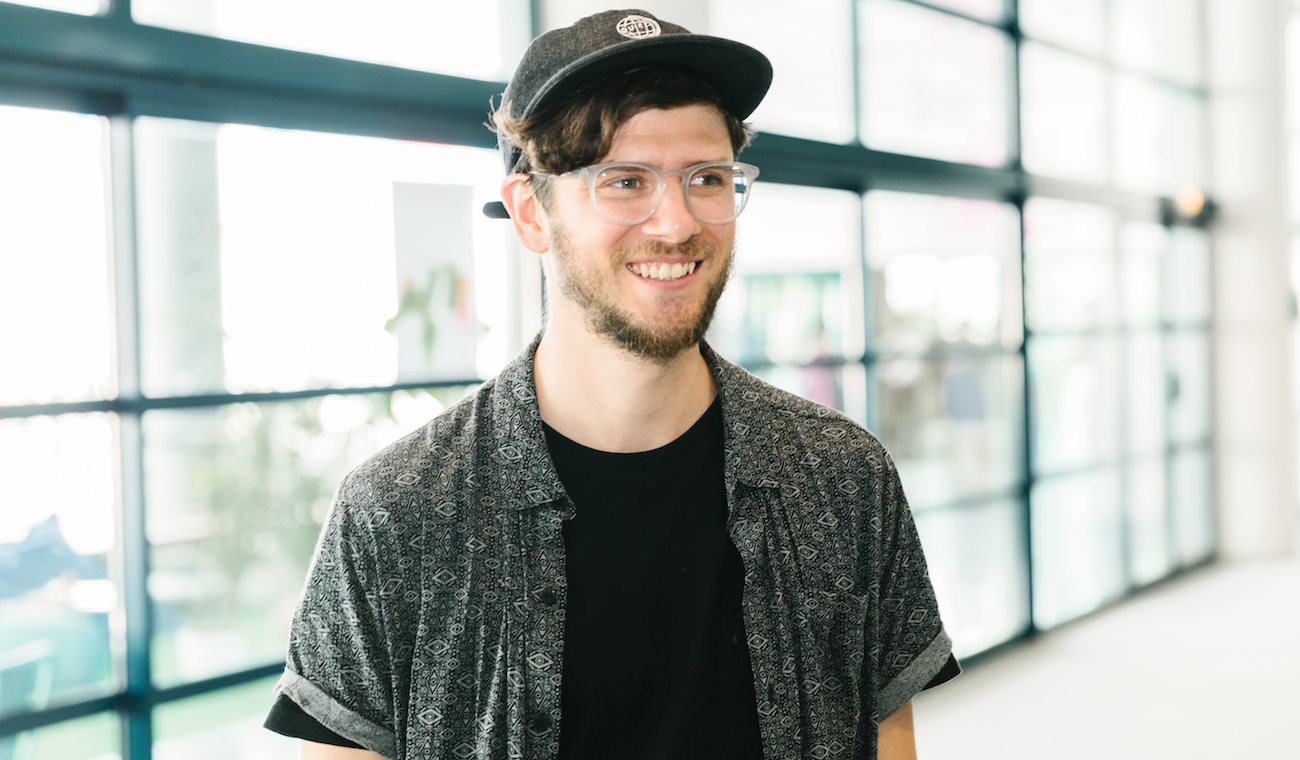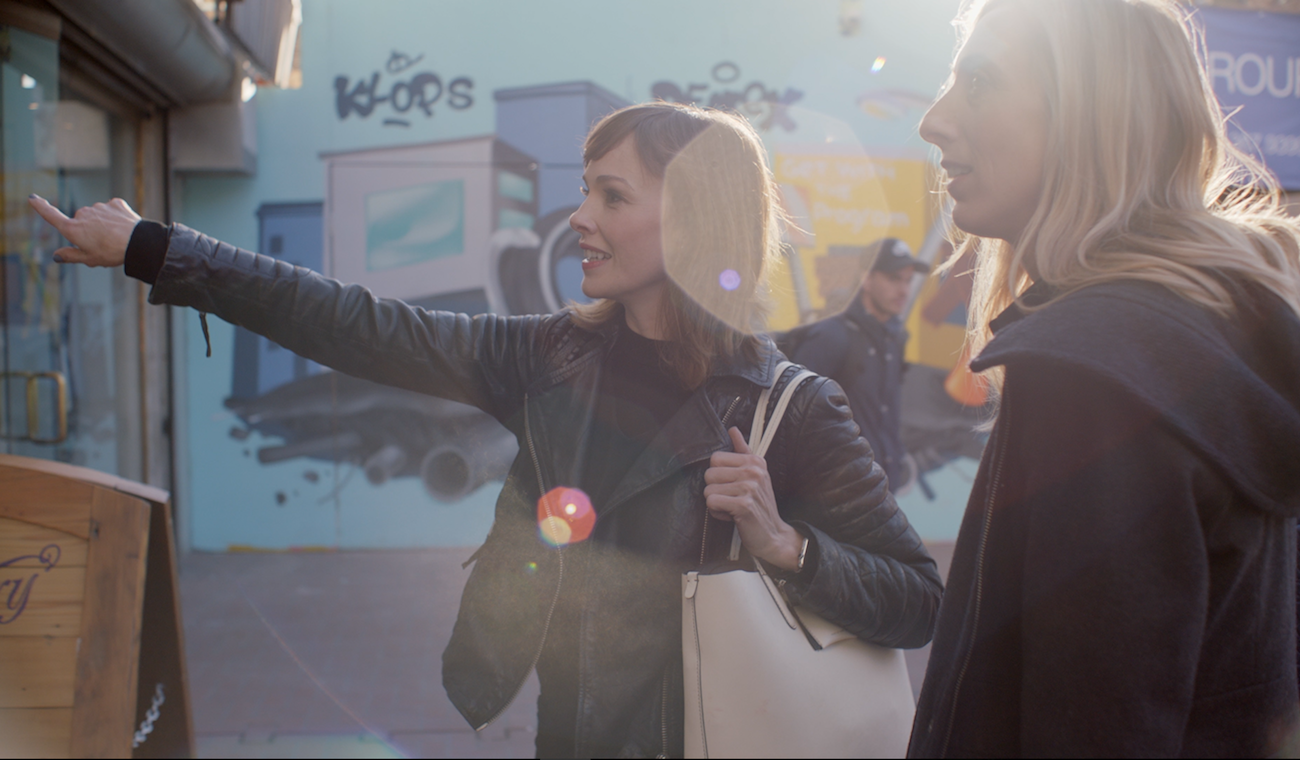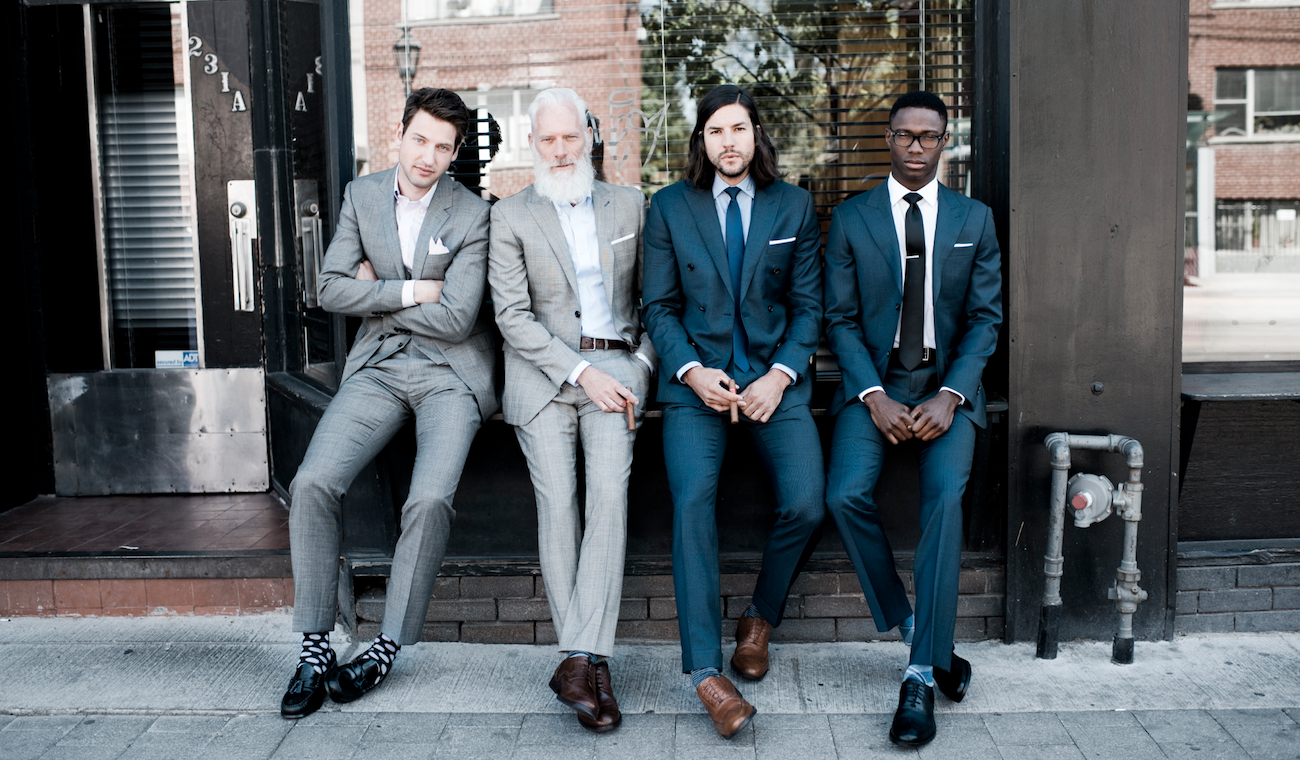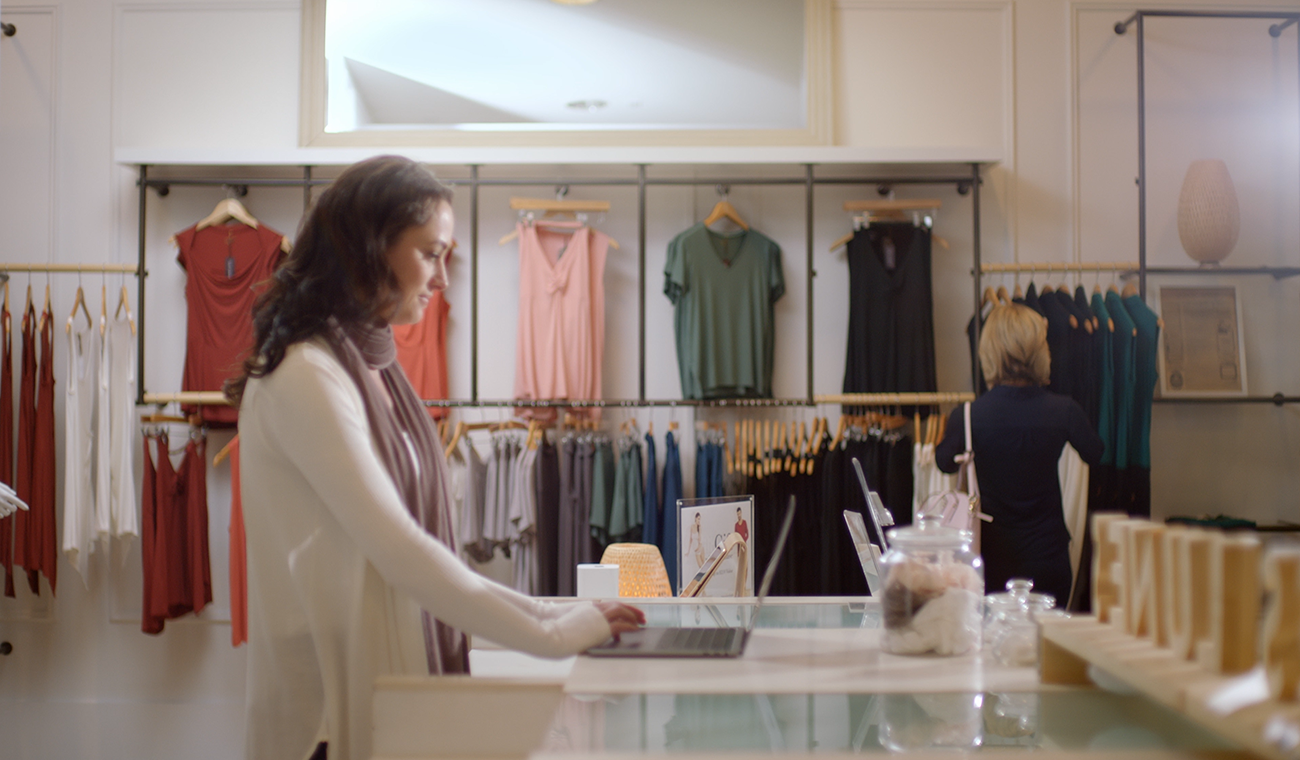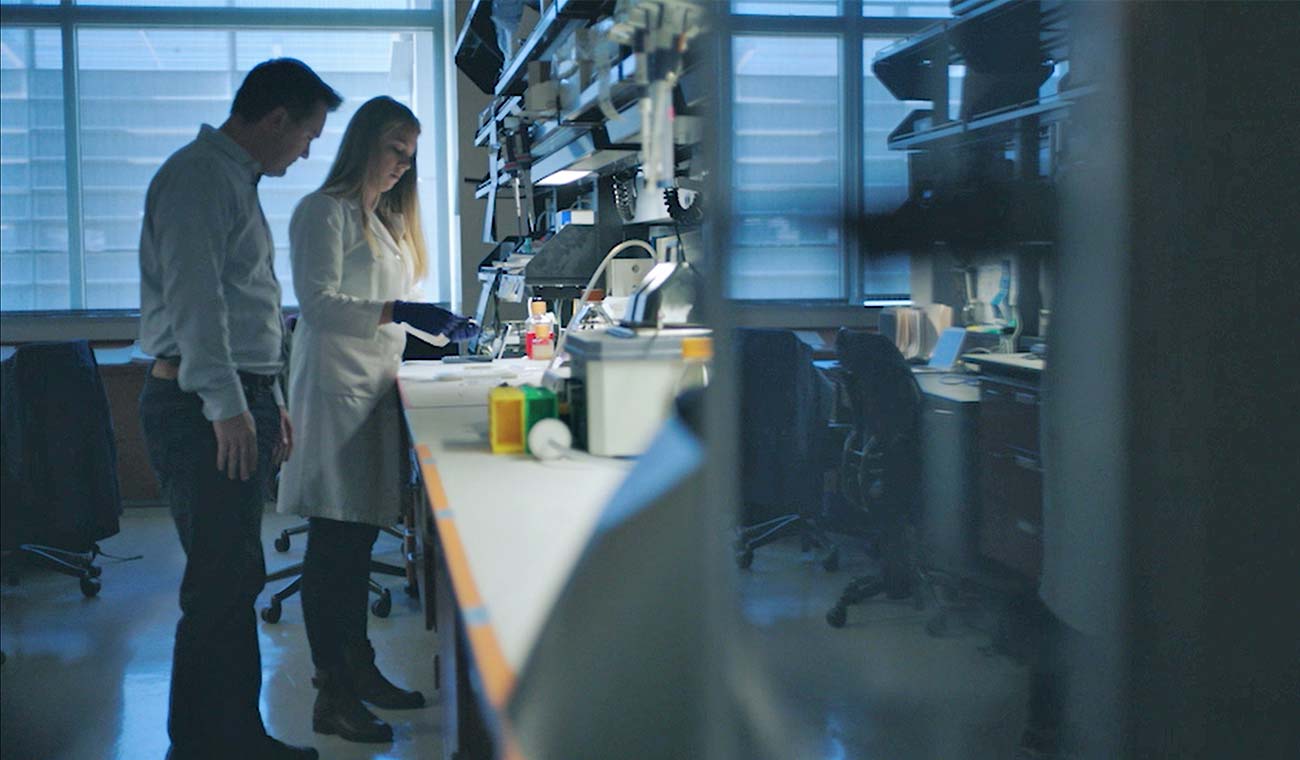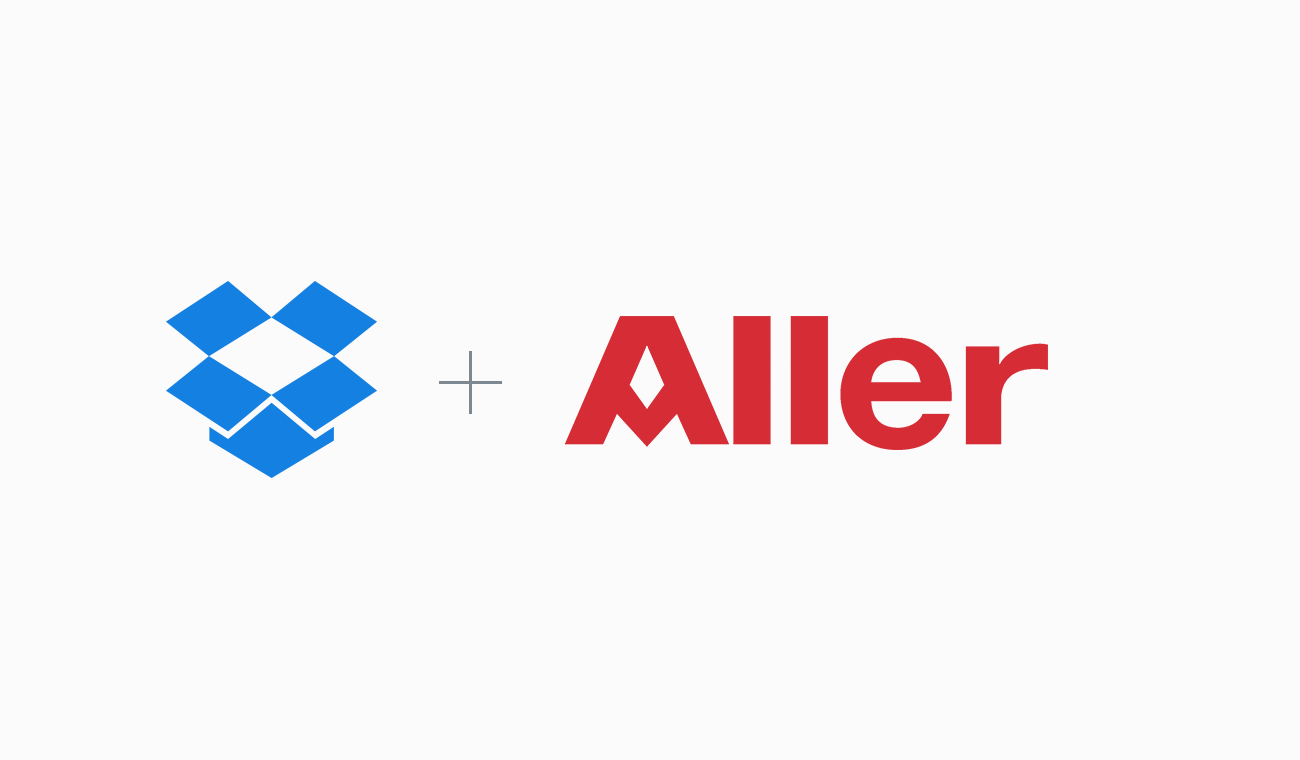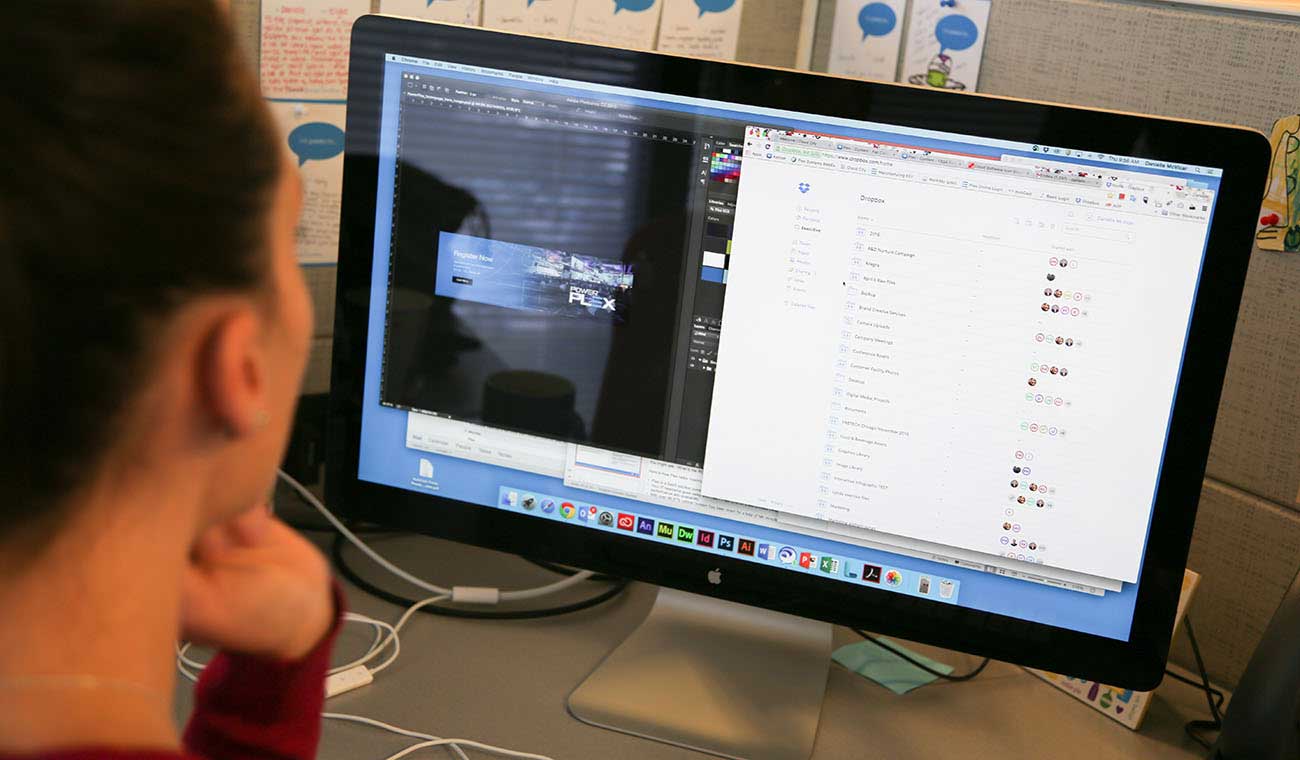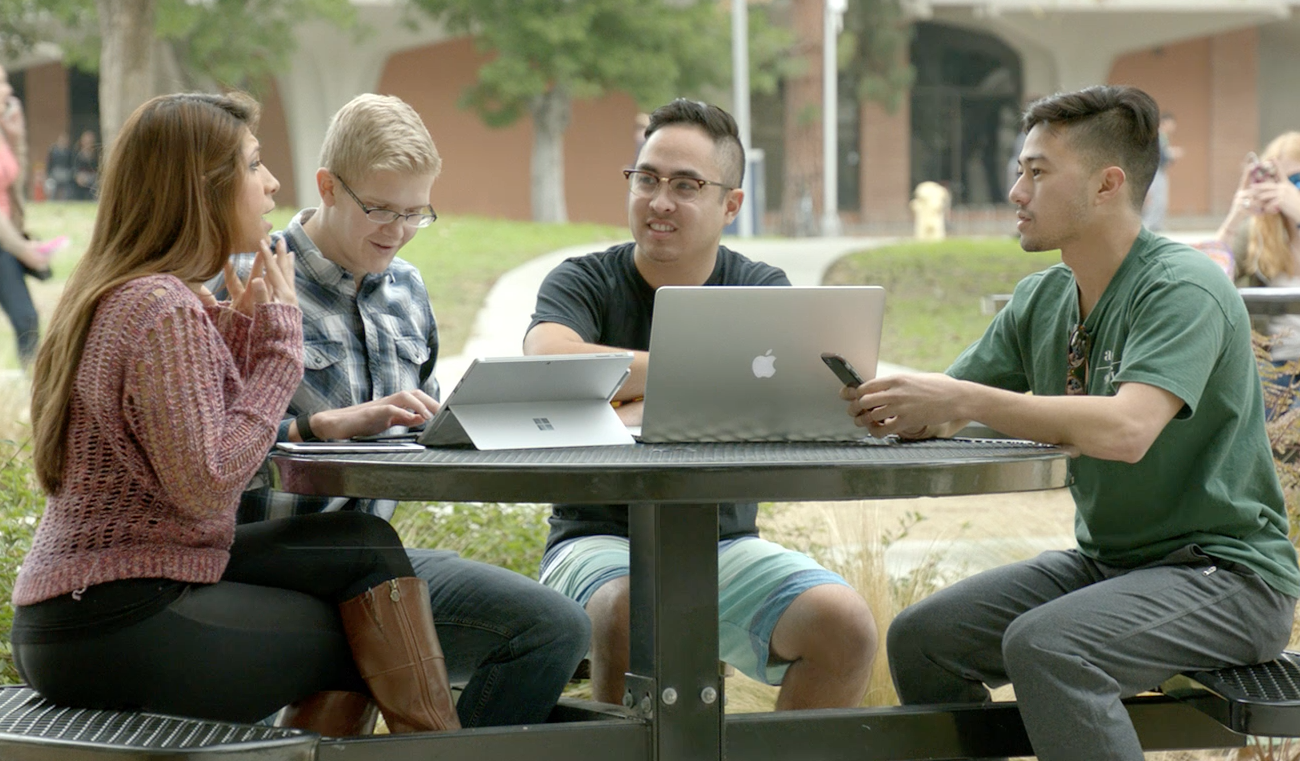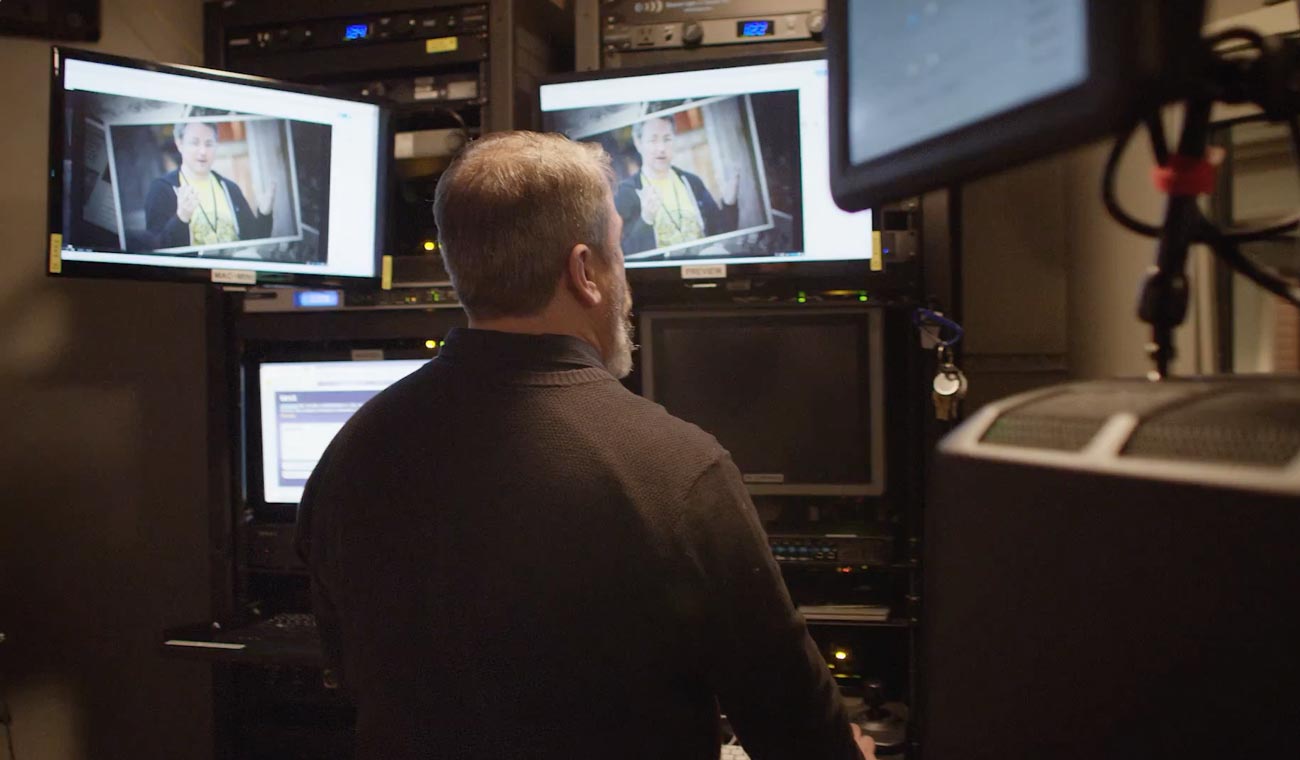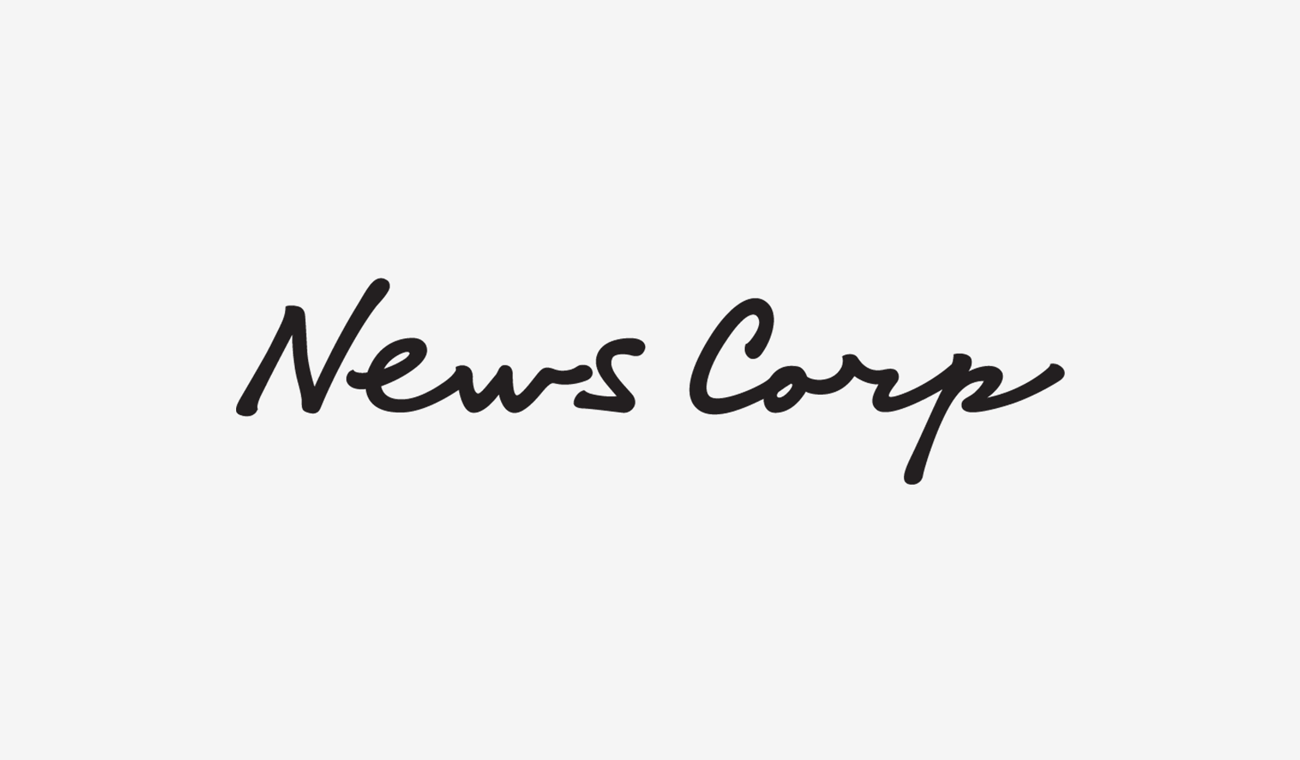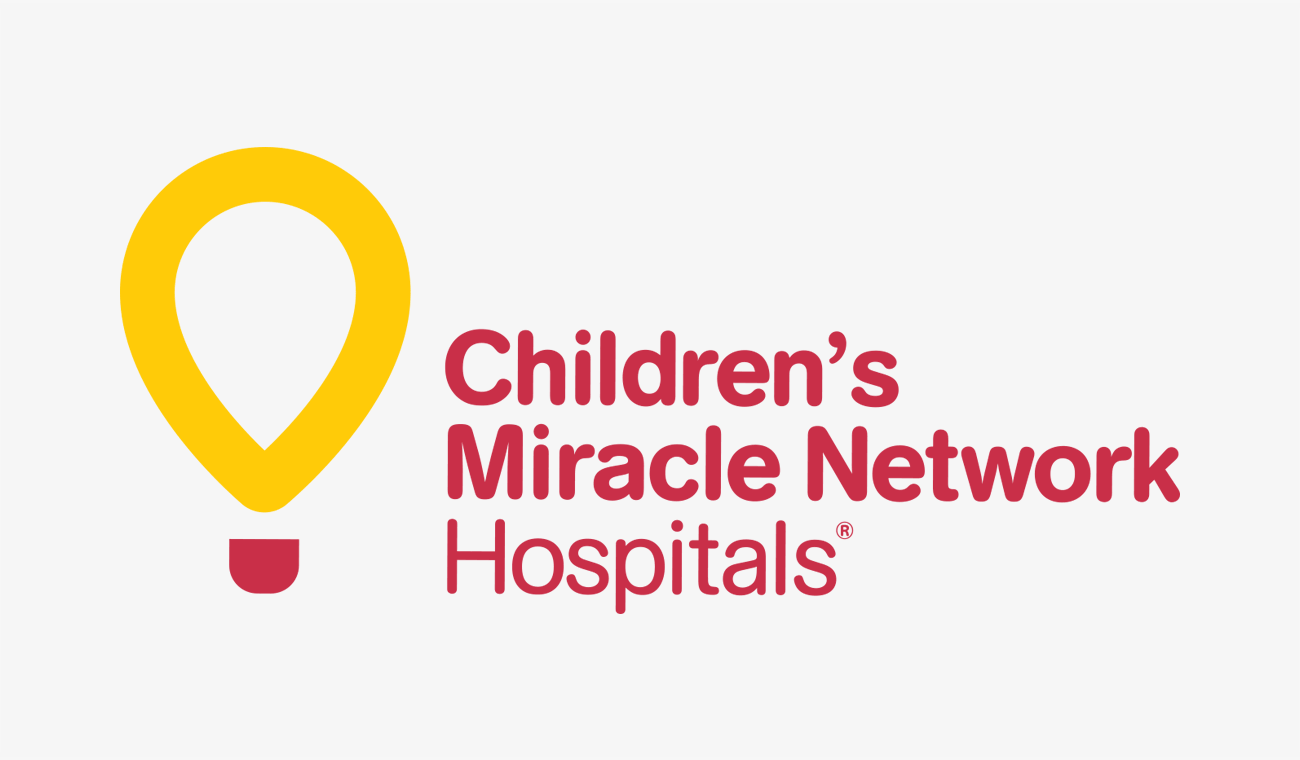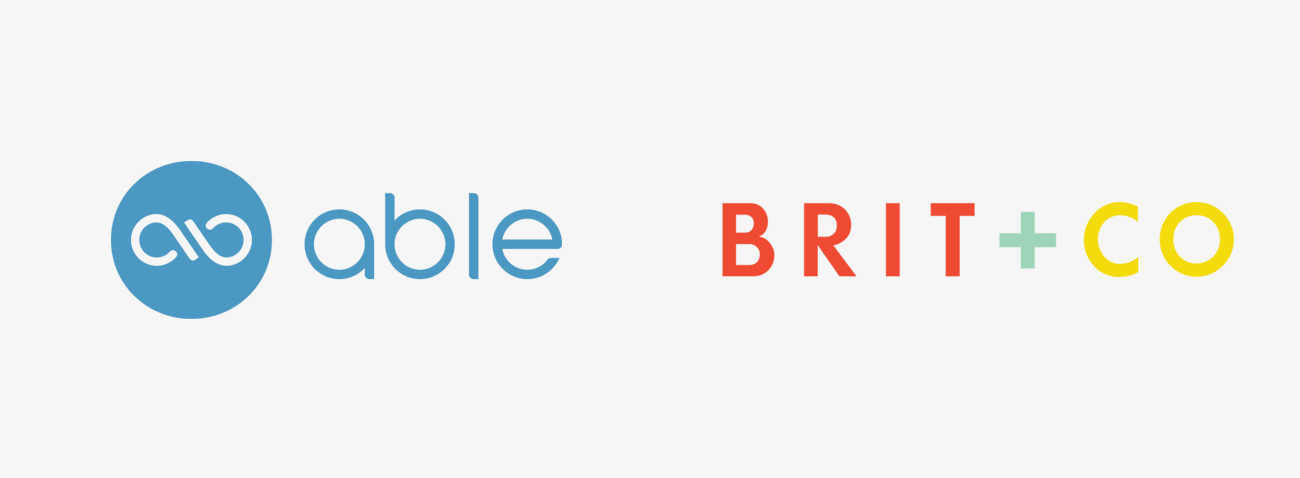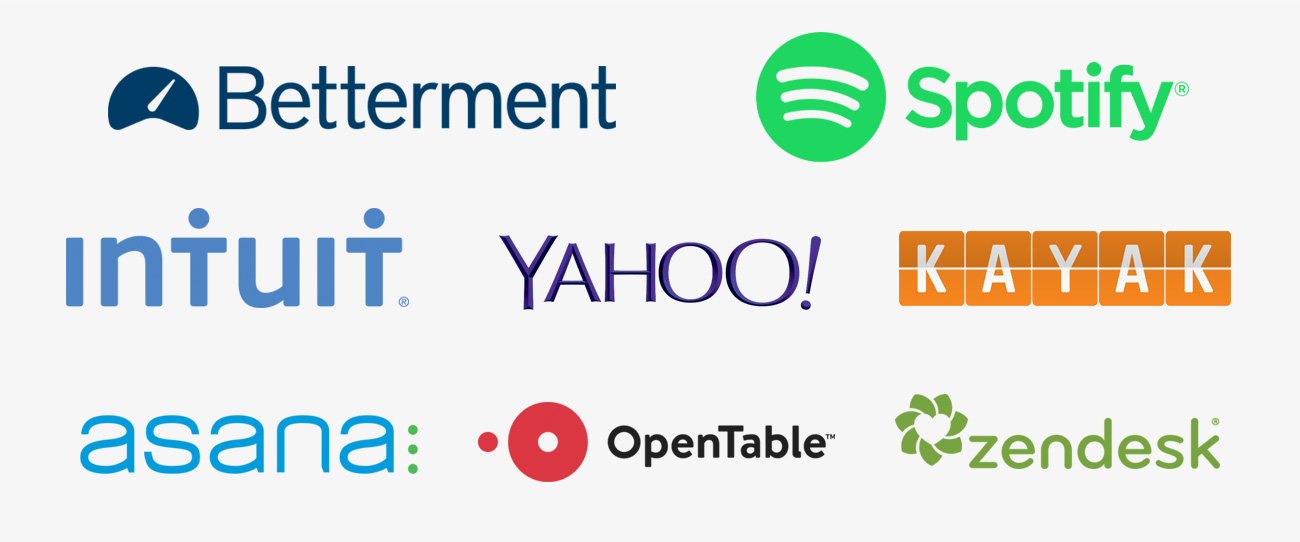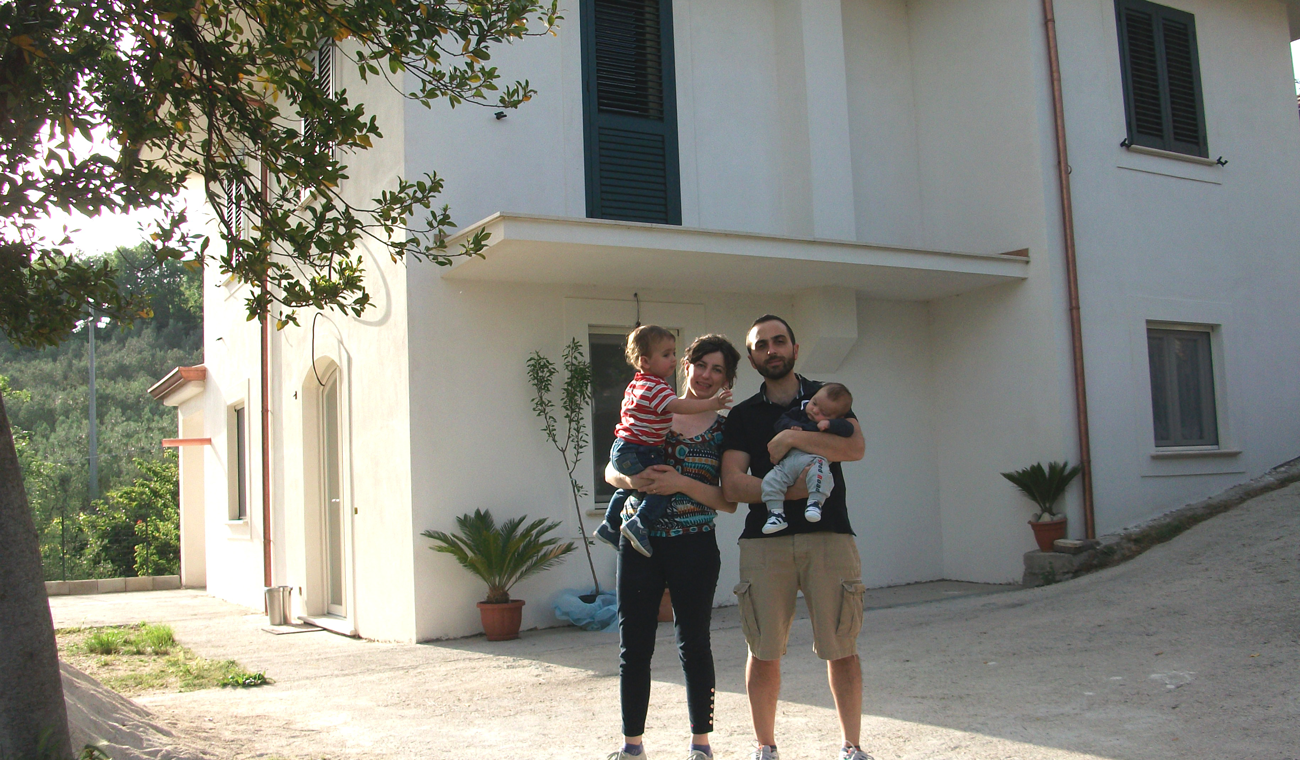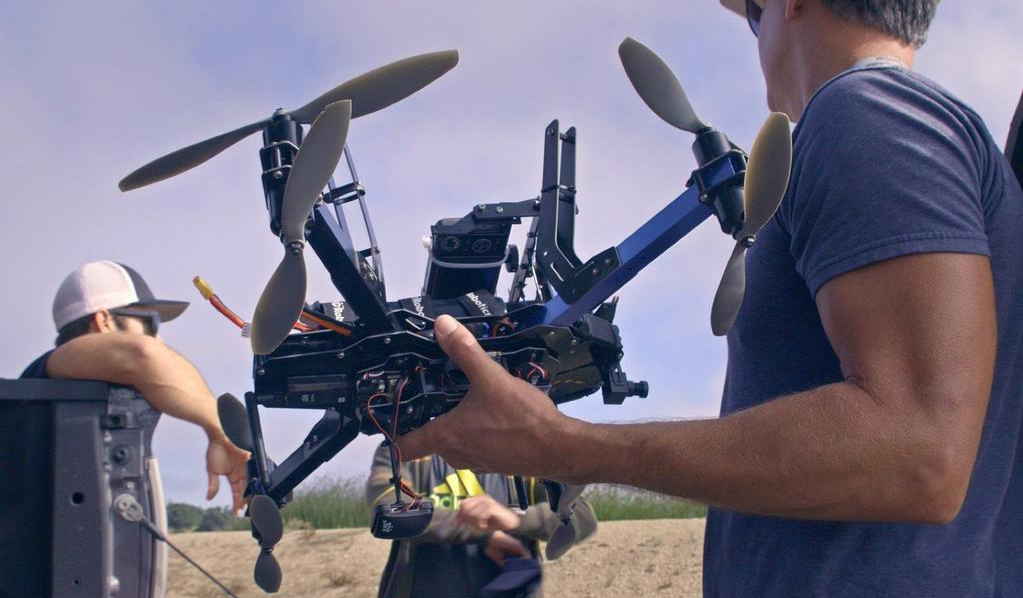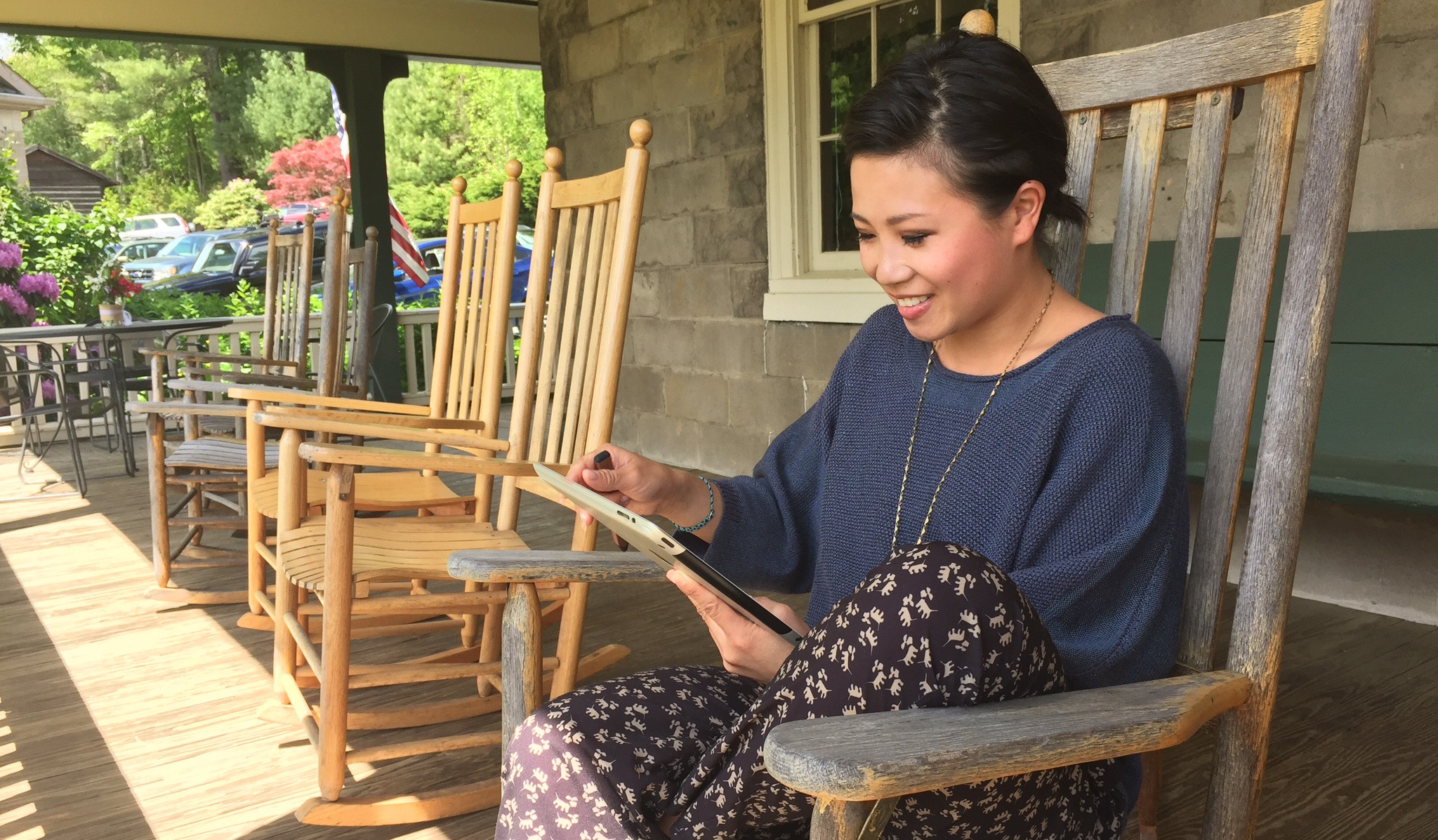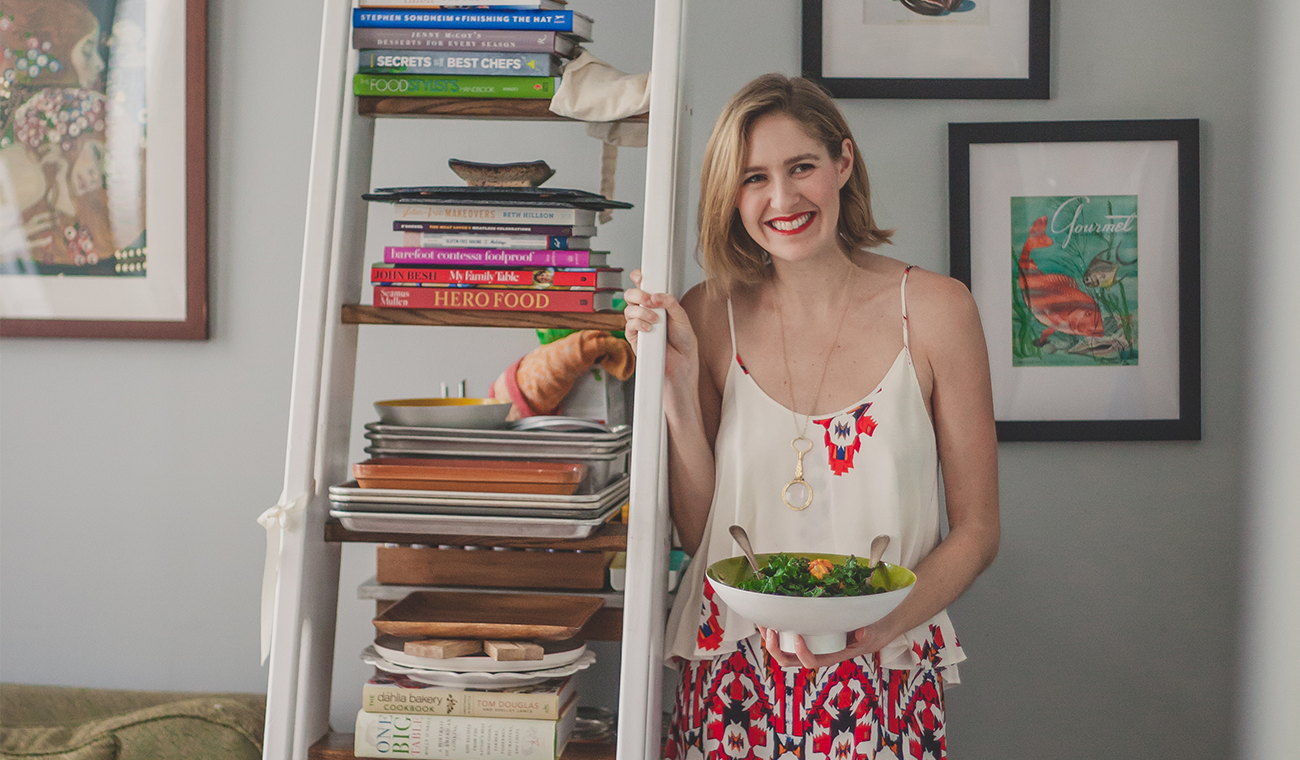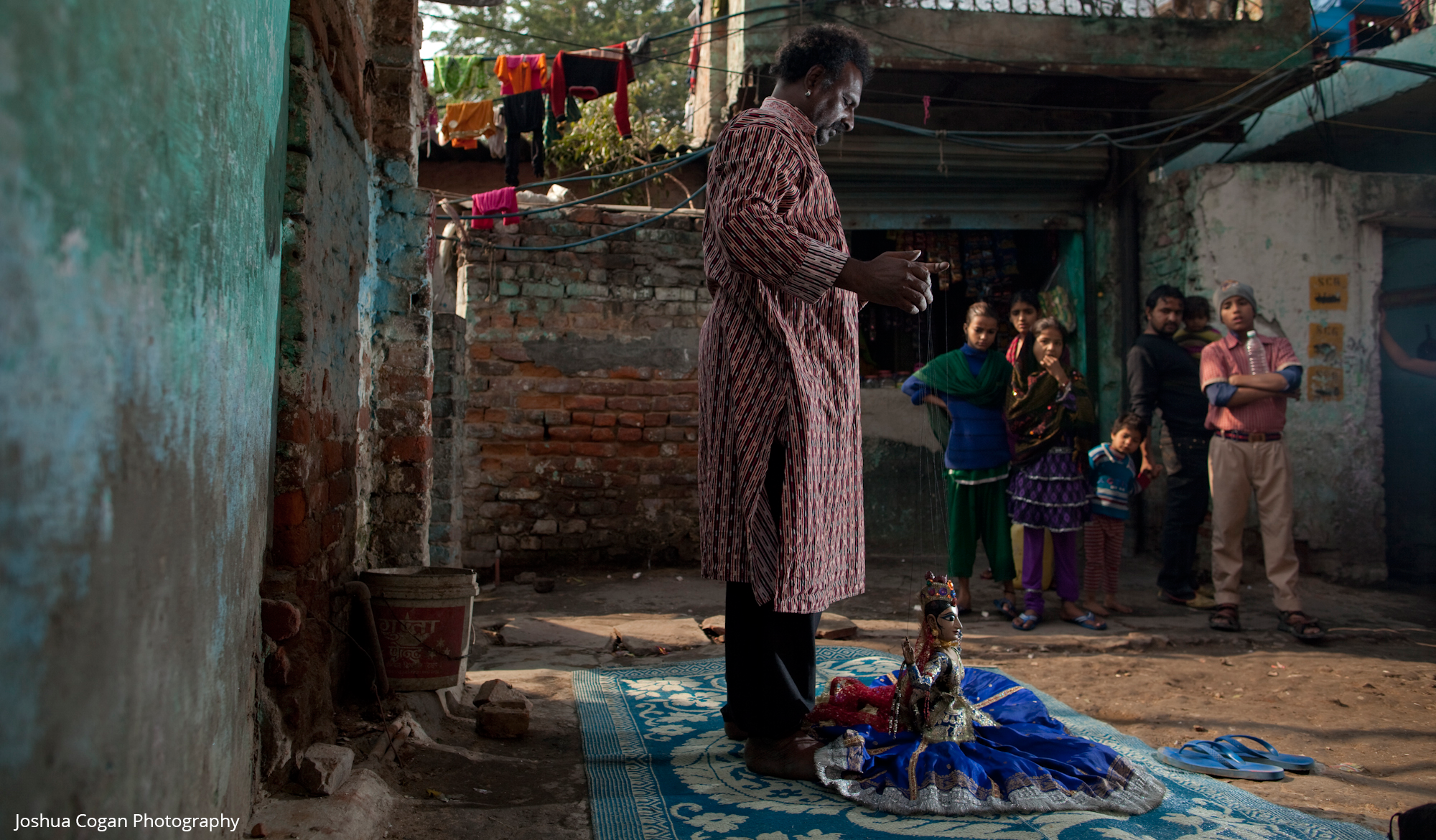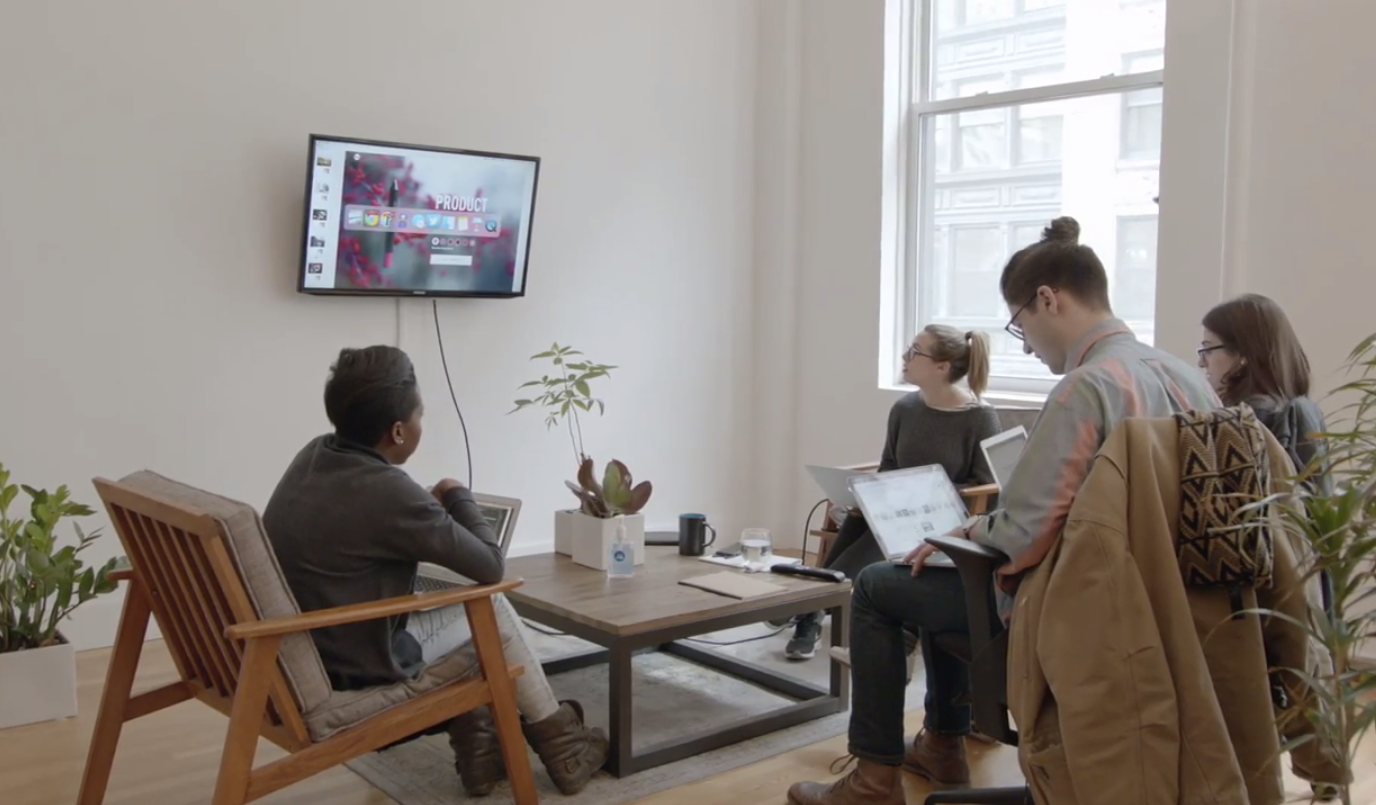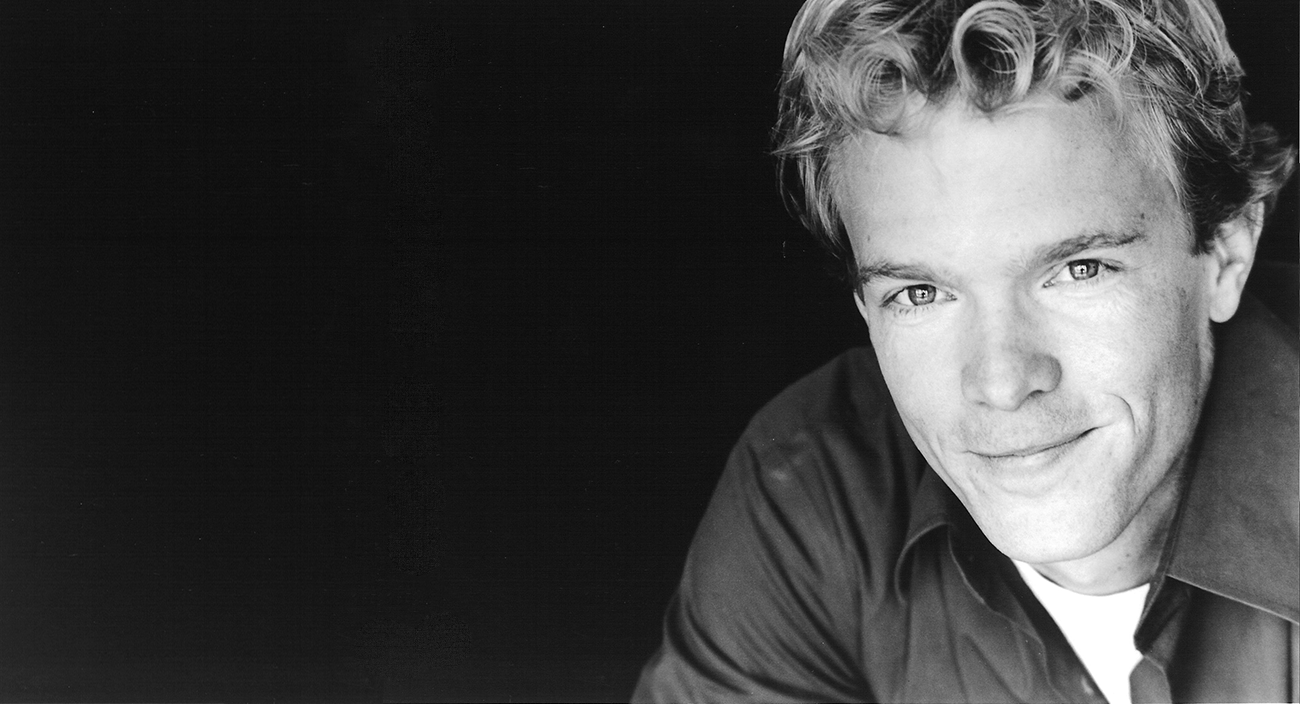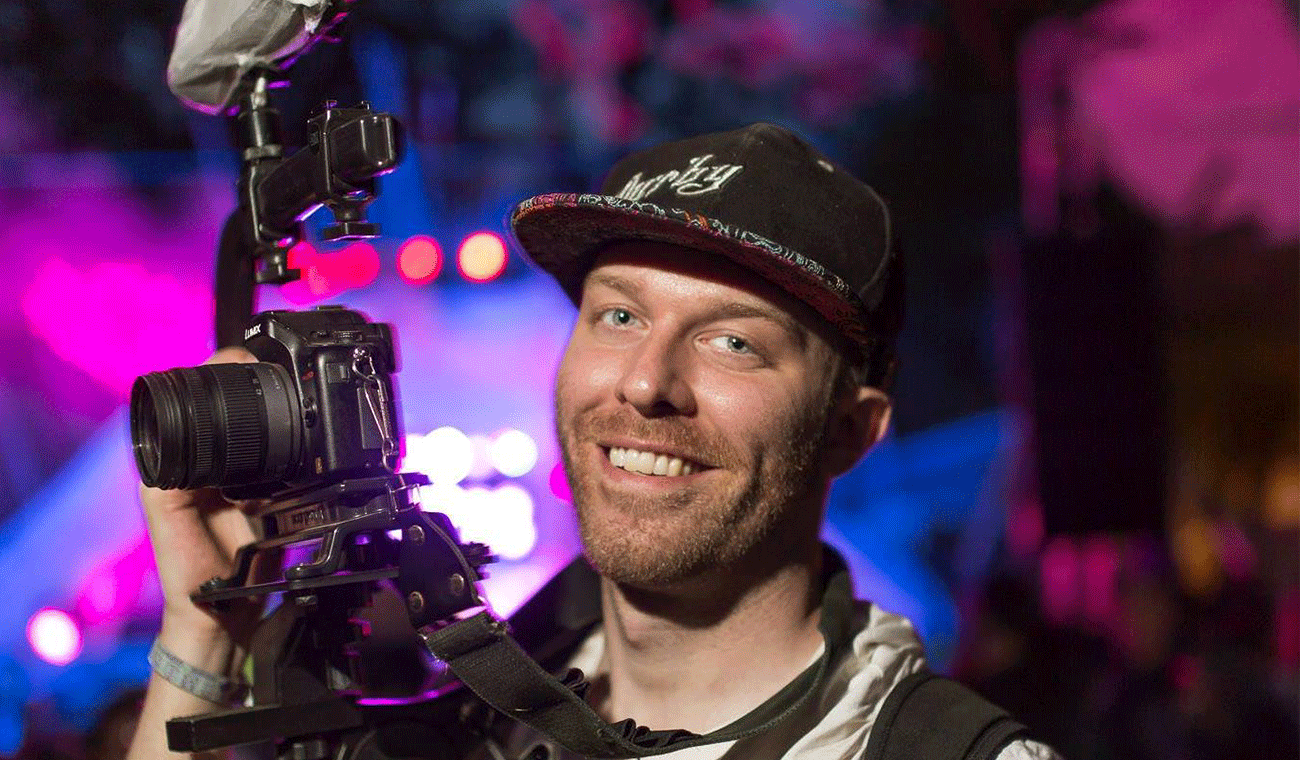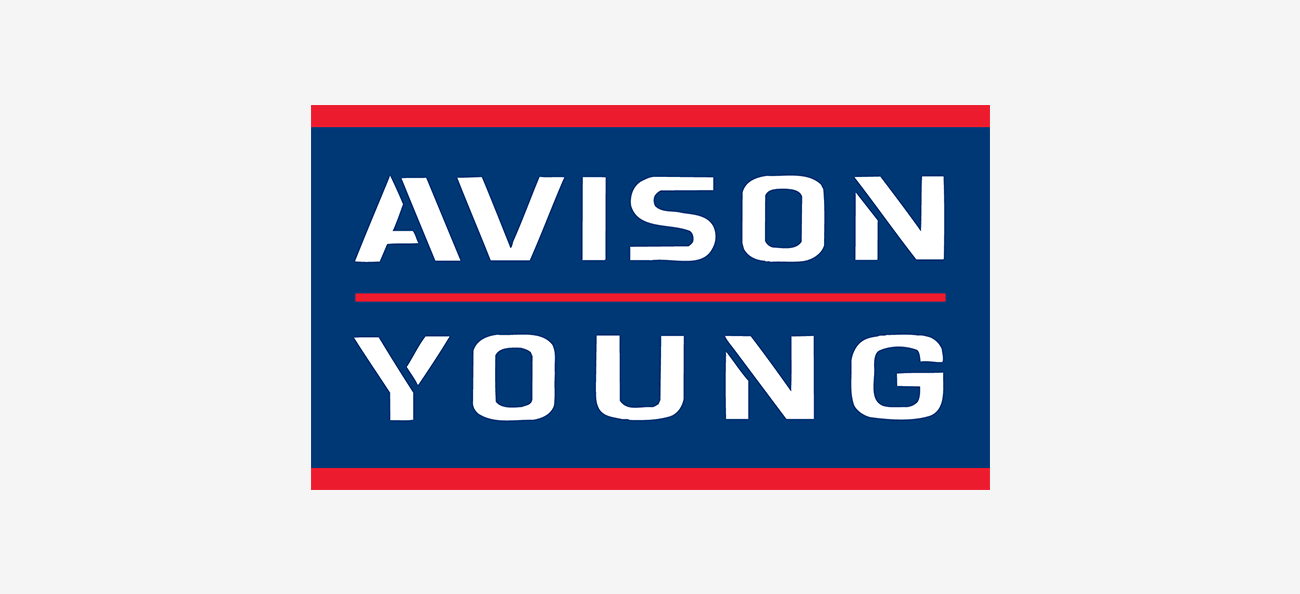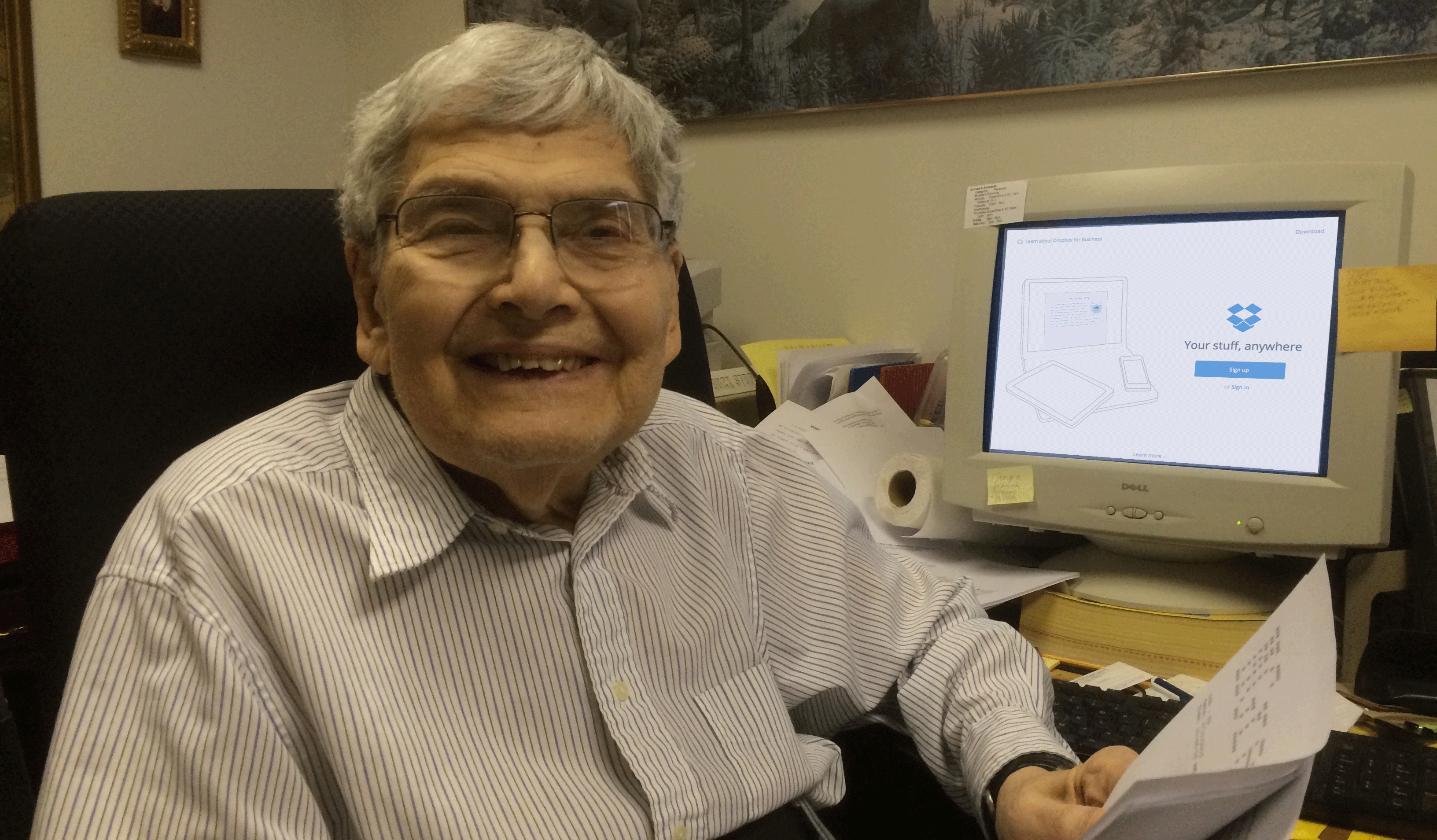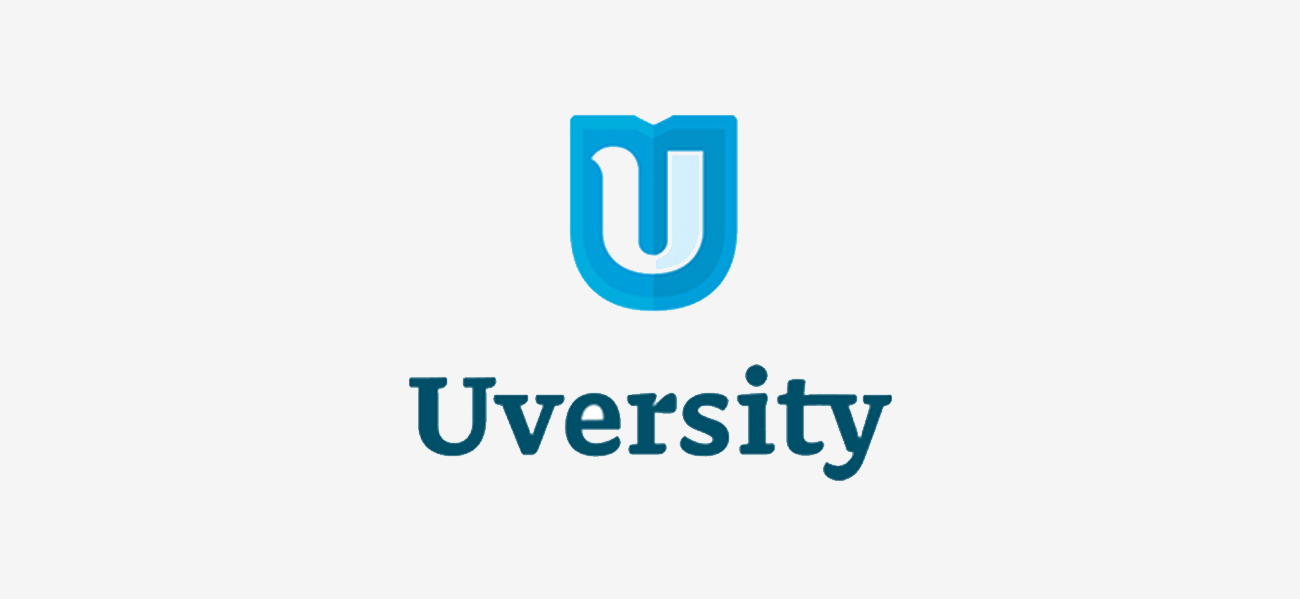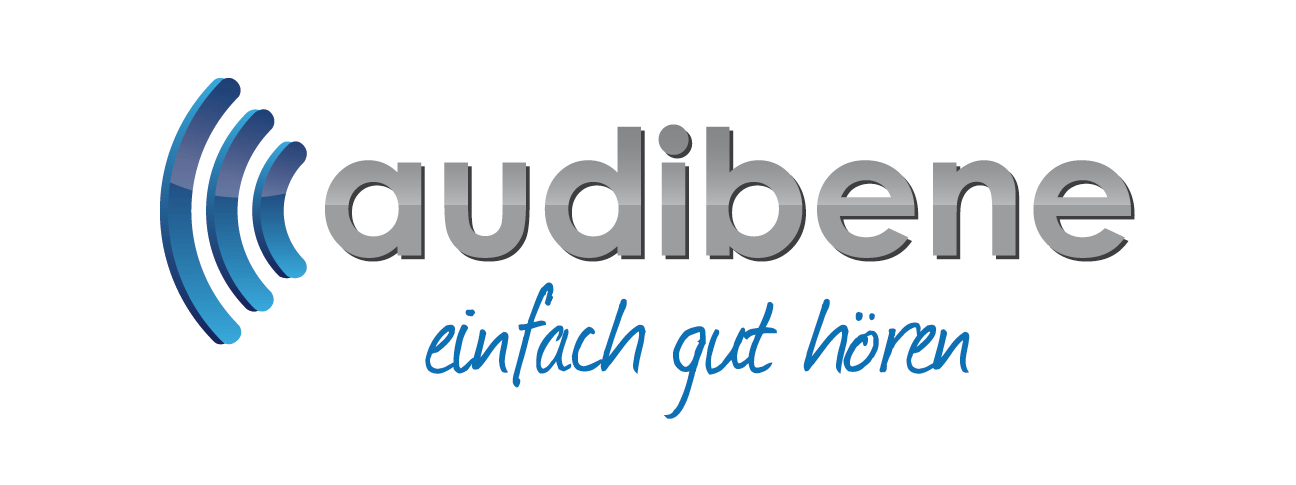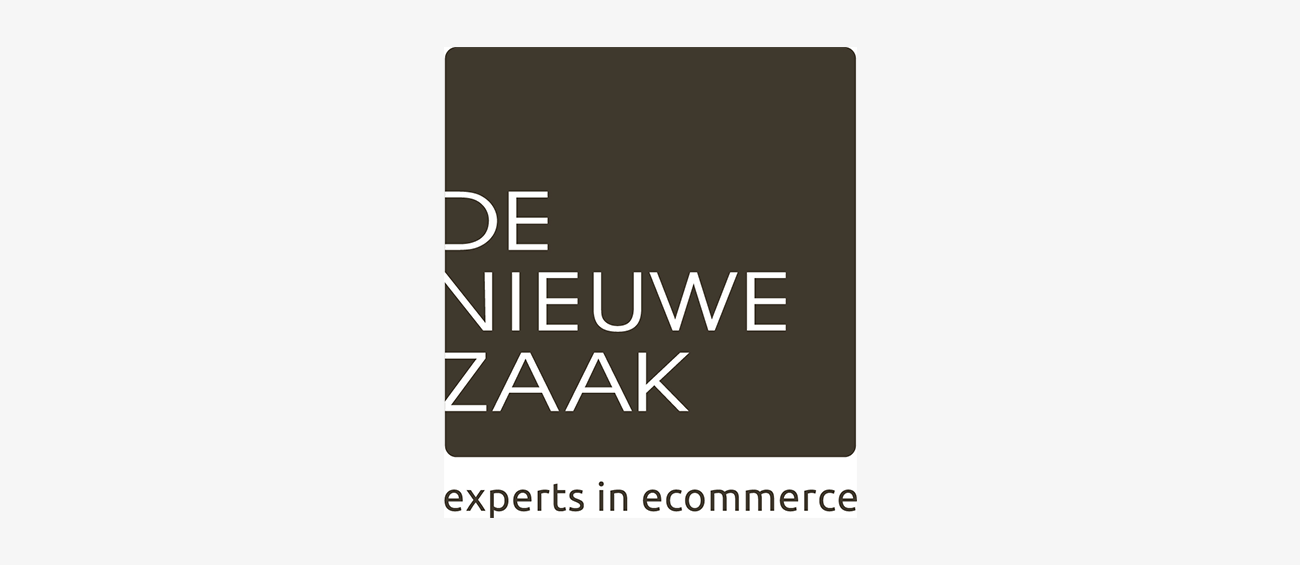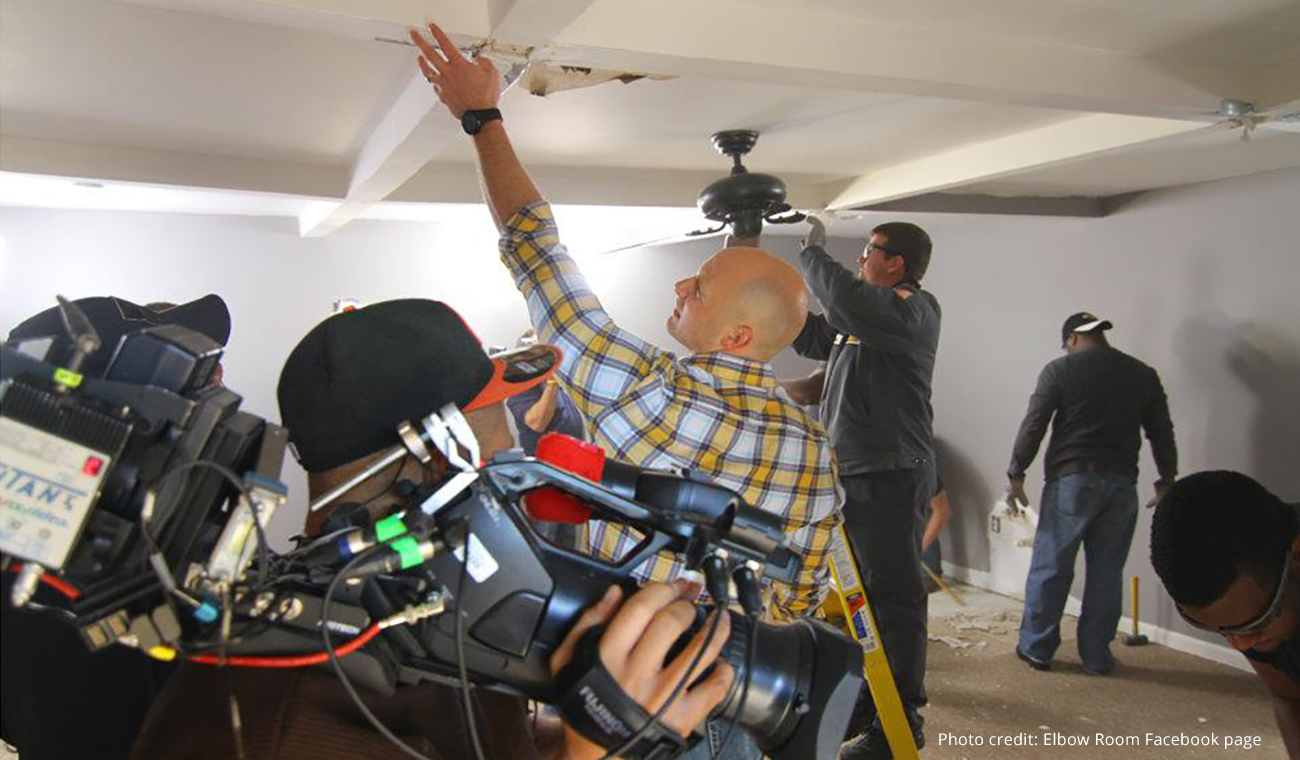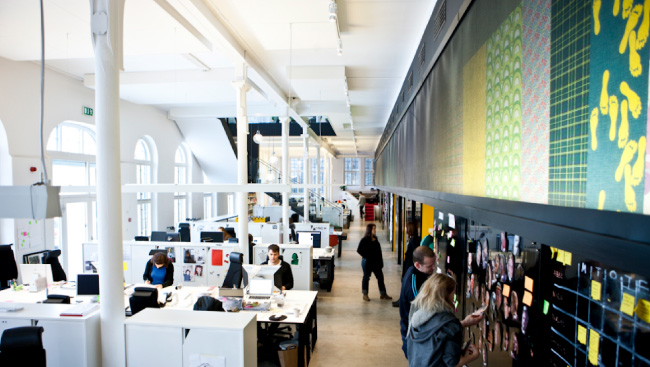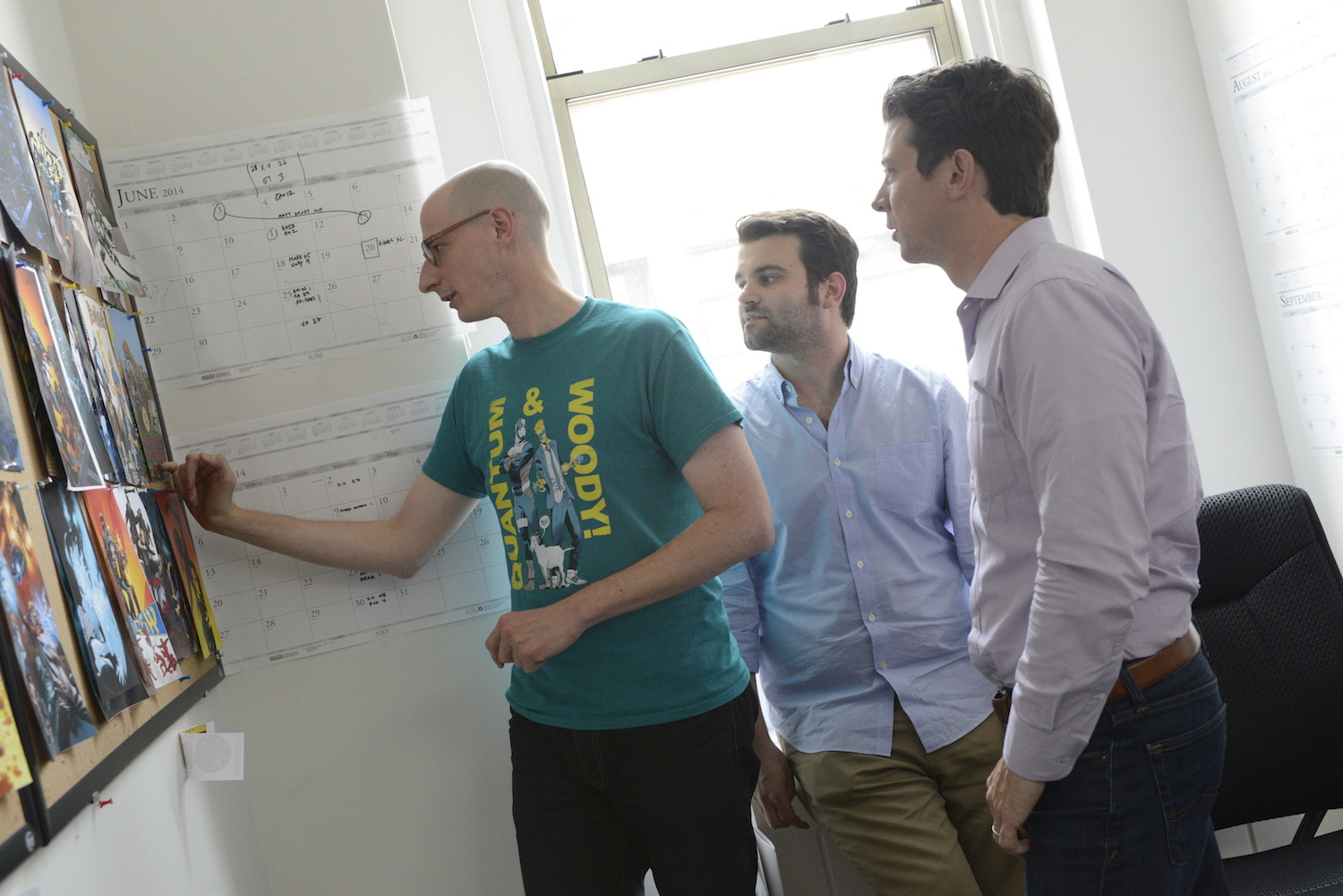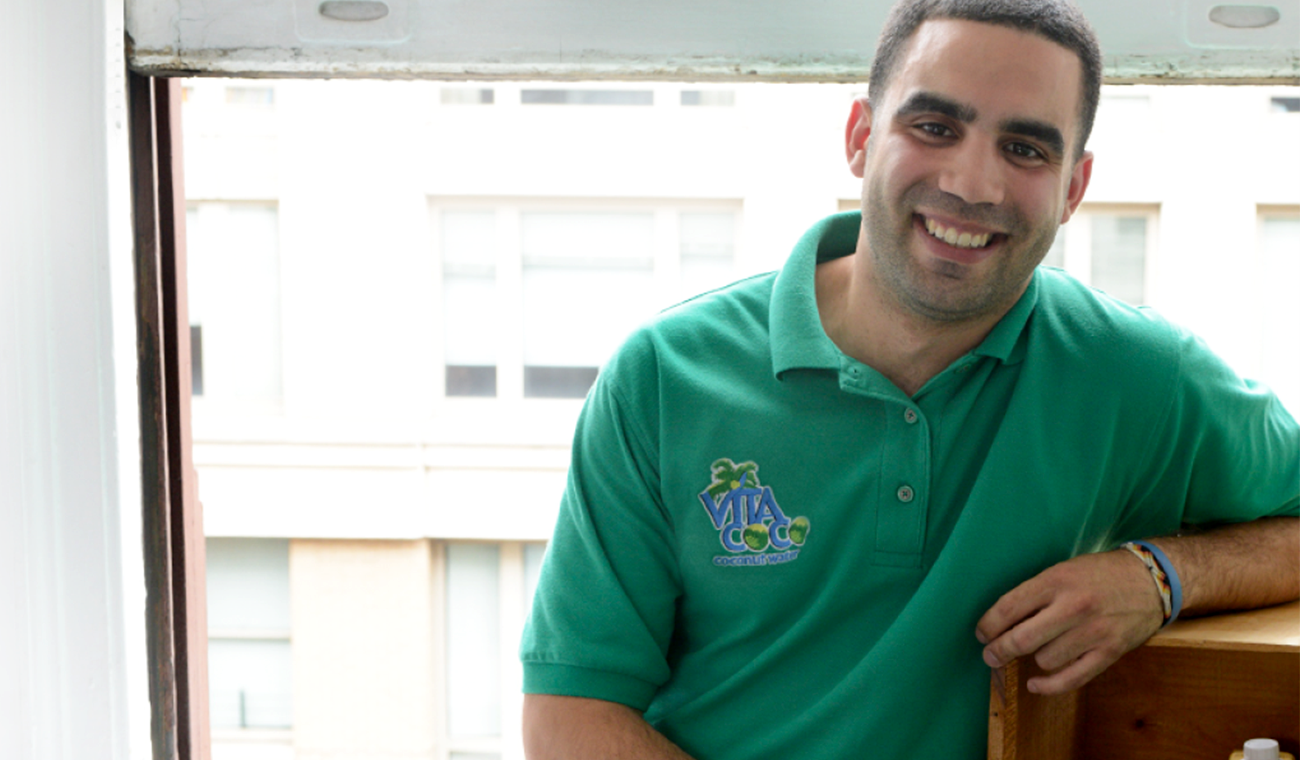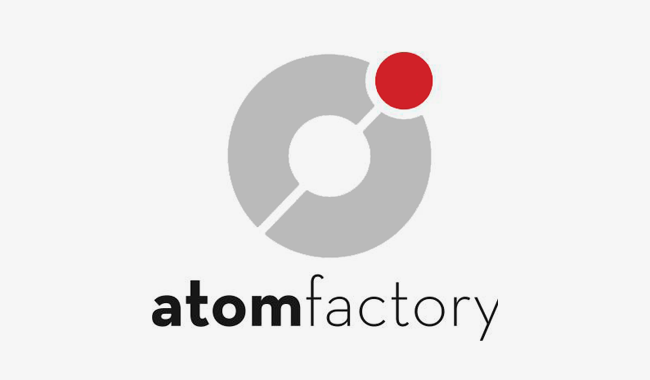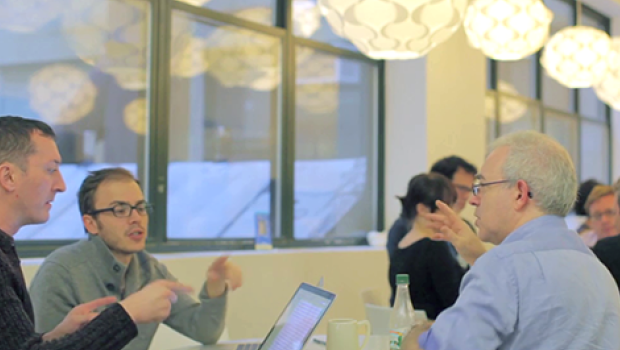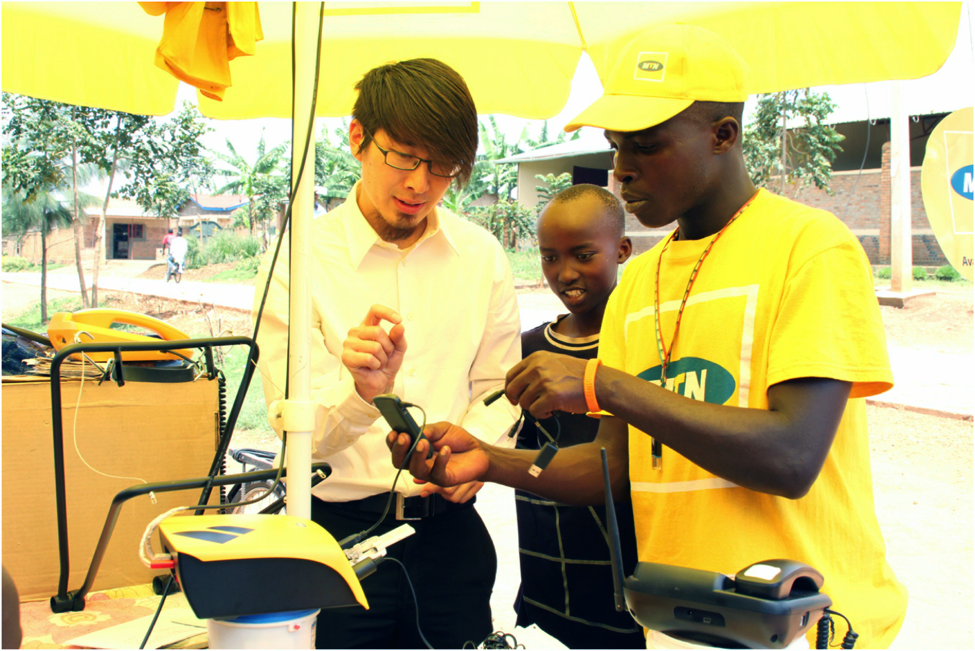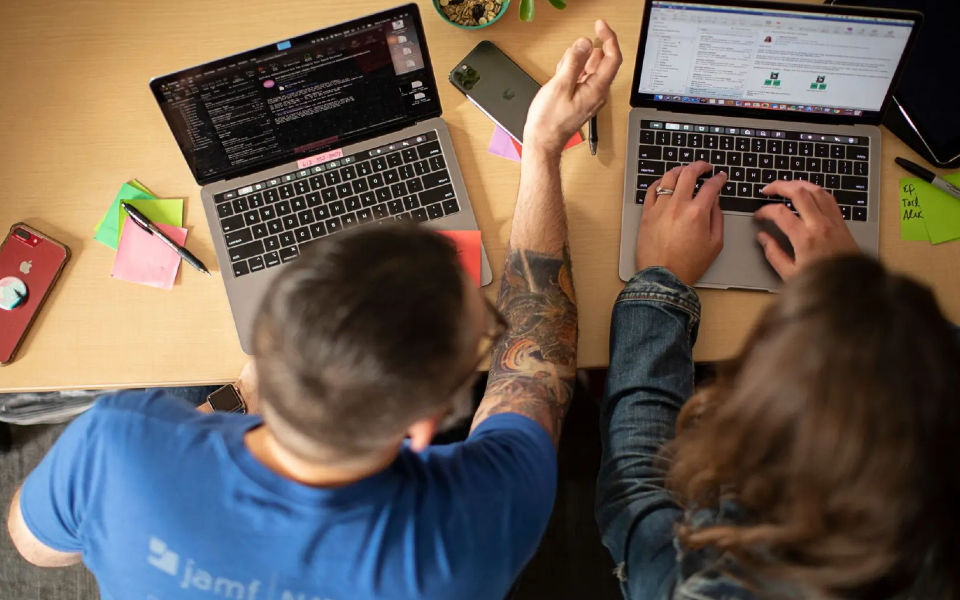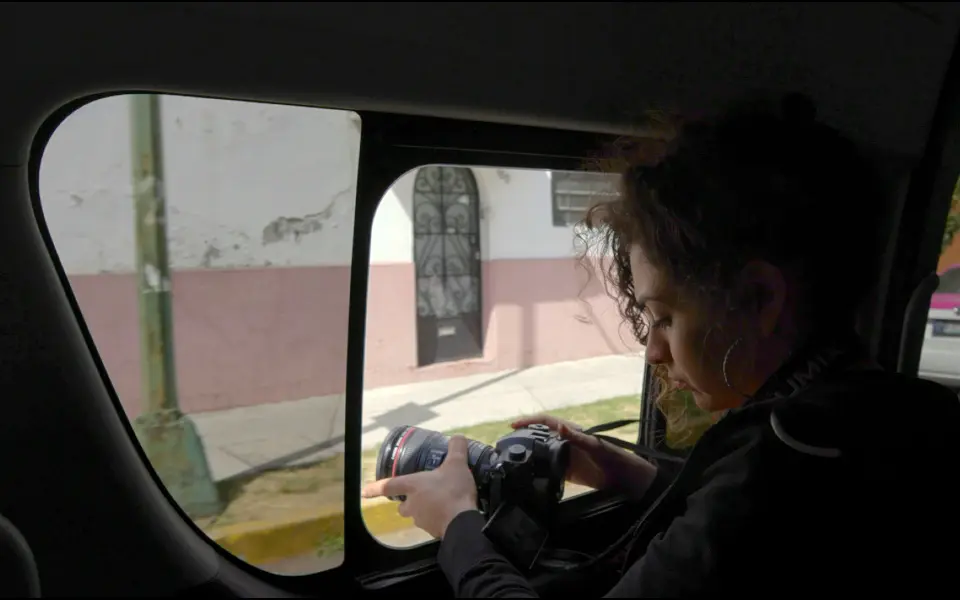
Mezcla Media Collective is powering a filmmaking movement in Chicago
Published on June 01, 2022
By helping BIPOC filmmakers make movies and friends, this nonprofit is also making the local film industry more inclusive and diverse
Creating art is often depicted as a solo endeavor. At best, the only things keeping an artist company are their tools. (See: a lone painter in front of their easel, a solitary potter at the kiln.)
But great art is never created in a vacuum. Creators need to be in community with each other, for the art and the artist’s sakes, says filmmaker and Mezcla Media Collective co-founder Colette Ghunim.
“Filmmaking can be a very lonely endeavor and career,” she explains over Zoom. “It’s really hard if you don’t have a support system.”
The Chicago-based nonprofit Ghunim founded with Elena Valentine in 2017 has become that pillar for more than 700 nonbinary and women filmmakers of color. What started out as an interest-gauging Eventbrite meetup has over the years exploded into a robust and active community, providing members with the resources, education, and the network they need to make their work possible.
Having that community has made the bridge toward full-time work in film possible for many members who are finding their place in the passion economy. Whether it’s sharing job listings, requests for feedback on rough cuts via Dropbox, or setting up workshops on getting funding for projects and skill-building retreats, Mezcla offers the kind of programming and support that makes it easier for aspiring creators to maintain more than a shaky toehold in the film industry.
"There’s only so far you can go with having such a small group of people when making a film and trying to make it the best it could be"
“At least 70% of Mezcla members are freelancing,” Ghunim says. “While our goal is to become fully sustained by doing film and our own projects, it’s not at that level yet. This is what we’re working towards: [creating] that sustainability and opportunity to really pursue our passion.”
“It’s been transformative for myself and for everyone in it,” she says of Mezcla. “You don’t feel so alone in the process.”
A plan to break through the “celluloid ceiling”
For Ghunim, the process of finding her community started with finding her passion. Looking back on her childhood, her father’s job as a wedding videographer was what “subconsciously” nudged her towards multimedia, she says.
“He was always with cameras and editing, [and] when I was little, he would give me his old cameras to play with,” she recalls.
But becoming a filmmaker wouldn’t be on her radar until years later, when she was a college student studying abroad in Egypt for a year in 2012. After taking someone up on their suggestion that she volunteer at a film festival, it clicked.
“That was the first time that I got to meet filmmakers and see the power of documentary,” she explains. “Getting so immersed with different people and social issues—it was life changing for me.”
Two weeks after Ghunim graduated from Northwestern University in 2014, she headed back to Egypt to co-direct her first film The People’s Girls (2016). The 30-minute documentary focused on sexual harassment in Cairo. Directing and producing the award-winning doc was a crash course in filmmaking—not just the actual shooting of a film, but also the back-end work like securing fundraising, distribution, and press. Ghunim wasn’t tapped into the Egyptian film community, and relied on her small team—her co-director, producer, and editor—to release the movie.
“There’s only so far you can go with having such a small group of people when making a film and trying to make it the best it could be,” she says now.
So, when Ghunim returned to Chicago in 2017, she made it her mission to find her people in the local film industry, attending networking events around town. She was working on her next project—Traces of Home, a feature-length documentary about her Mexican-Palestinian family’s experience with migration, generational trauma, and identity—and eager to connect.
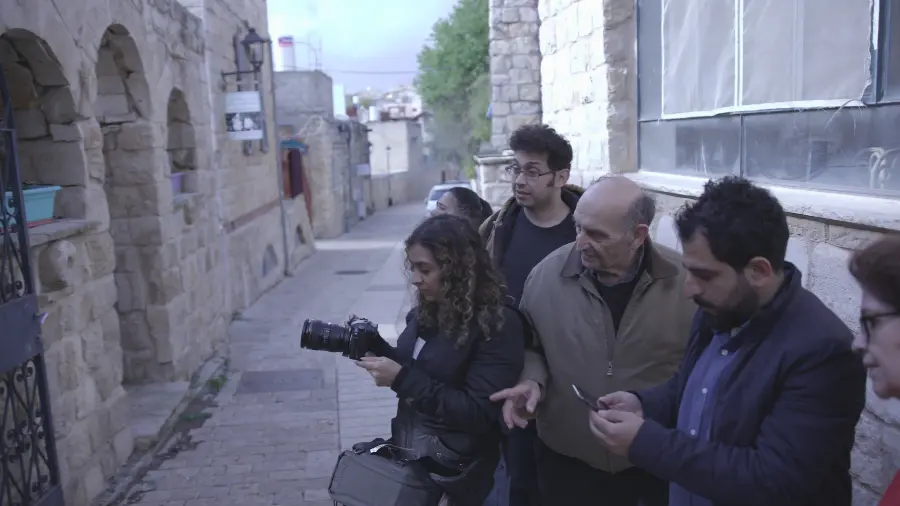
Yet meetup after meetup revealed the same thing: Ghunim was often one of the few (if not the only) women and people of color there. She also found that in many of those rooms her desire to create ethical, identity-centered, and mission-driven content placed her in another minority. In an industry with an M.O. of “It’s not what you know, but who,” constantly being on the outside looking in can be a knock on one’s confidence—and one’s ability to get a seat at the table.
“I’m like, ‘Where are all the directors [and] screenwriters of color?’” Ghunim says now. “It definitely makes you feel like, ‘Am I an imposter here? Is this space even meant for me?’”
Ghunim knew she wasn’t the only one feeling similarly out of place and in need of community. The film industry at large and locally is “white-men dominant,” says Ghunim, creating what the Center for the Study of Women in Television and Film calls a “celluloid ceiling.”
In a 2022 report, the Center found that women “accounted for 25% of those working in key behind-the-scenes roles (directors, writers, executive producers, producers, editors, cinematographers) on the top 250 grossing films in 2021.” Broken out by role, the percentages saw minor gains or stagnation between 2021 and 2020. (Nonbinary representation wasn’t measured in the study.)
Ghunim and her mentor Elena Valentine decided to post their own meetup on Eventbrite. The event was open to the public and 30 people RSVP’d. When 70 women “started piling in,” they knew they were on to something.
From meetup to movement
Mezcla means “mixture” in Spanish. The name is a celebration of the collective’s diversity, yes, but it just as easily describes how its mission came together. Now in a room where they were no longer the minority, and their voices were heard and encouraged, ideas flowed freely.
“We ended up having the [event] sort of be like an ideation brainstorm design session where we were really thinking about, ‘If we were to make a collective, what would it look like? What would be our main priorities?’” Ghunim says.
The chance to be a part of a community brought them there. But they were also interested in learning about how to get funding for their projects; increasing technical skills; advancing careers; and getting in front of local, national, and global leaders in the industry. “Because you can only go so far with a friend’s camera,” Ghunim says.
"Being able to have such amazing storage capabilities, to sync, and upload major massive cuts has been essential for our workflows”
In recent years Chicago has become a destination for movie (The Dark Knight) and television (Chicago P.D.) production, bringing in hundreds of millions of dollars to the city’s coffers. Cinespace, reportedly the largest film studio in North America and the site of Mezcla’s first meetup, is based there, as is Kartemquin Films, “one of the best known and most respected documentary film production houses in America,” according to the MacArthur Foundation. The local film community and city officials seem determined to return Chicago to its glory days, when it was America’s film darling before patent law crackdowns led people to head out West.
“There’s a lot of amazing content coming out of Chicago, but with very little resources and funding coming in [to smaller, independent ventures],” Ghunim says. “So how do we build that for specifically BIPOC women and nonbinary filmmakers?”
Mezcla has become part of the answer. Ghunim, Valentine, and volunteers took all those bullet points from that first meeting and created wide-reaching programming. They’ve partnered with industry leaders like Sundance and PBS to help members learn how to apply to the festival or get their work broadcasted nationally. In the years before the pandemic, there were in-person monthly meetings, quarterly workshops, and annual retreats, as well as opportunities to share each other’s work.
Producer Nikki Kanjiani worked with Mezcla to screen their first film 8,000, a short comedy about someone trying to find treatment for their chronic pelvic pain in a NSFW space. (“It was really nice to see people’s responses in person!” Kanjiani says via email.) Kanjiani’s day job is in healthcare, and they’re entirely self-taught—having Mezcla as a resource has been helpful in their growth as a creator.
“Mezcla empowers me by giving guidance whenever I feel lost,” they write. “Their workshops have been instrumental in my learning.”
Today Mezcla maintains that connection virtually and through an active Facebook group, and have gone from those original 70 members to 700. In building the community, Ghunim was able to find the support she had been looking for when she was first getting started in film in Cairo. Now in post-production for Traces of Home, Ghunim can appreciate the difference of “having a village behind you.” Mezcla members volunteered to help her with fundraising, offered crew recommendations, and gave “incredible feedback” via Dropbox and during a screening of the film’s rough-cut trailer.
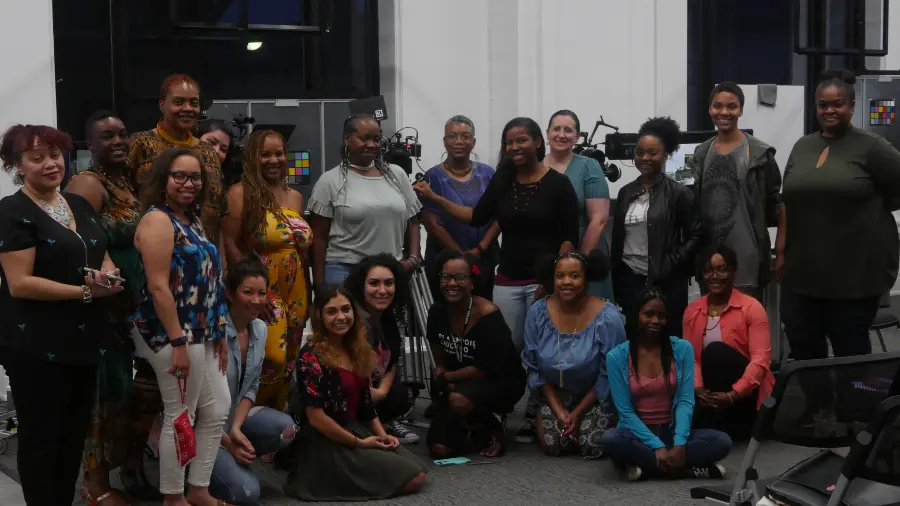
“Dropbox has been essential for us video creators,” Ghunim explains. “The majority of filmmakers in Mezcla are using Dropbox. Being able to have such amazing storage capabilities, to sync, and upload major massive cuts has been essential for our workflows.”
In many ways, Mezcla has become a safe space for women and nonbinary folks of color in Chicago to finally create on their own terms—and to heal from past traumas of navigating the film industry alone. Finding the community helped filmmaker Naeema Jamilah Torres unlearn some limiting beliefs foisted on her while trying to build her career post graduation.
“Even though I went to film school for undergrad, they didn’t really prepare me for what it would be like as a woman of color in film,” Torres explains via email. “I was losing the little confidence I had to be creative because of some things I was experiencing, and did not have anyone to really talk about it with.”
A Facebook posting about a Mezcla meeting drew out the introverted creative. One meeting led to another and another.
“It was probably one of the first times I felt comfortable ‘networking,’ and I didn’t feel so alone in my determination to be a filmmaker,” she writes.
Now, Torres works in film as a full-time freelancer and as Mezcla’s part-time Director of Development.
“The programming at Mezcla and the relationships I’ve built is a huge reason why I was able to quit working at a Chicago production company with a toxic culture of sexism and microaggressions, and start freelancing,” she writes. “I kept my household afloat during the pandemic, thanks in large part to the Mezcla community. I felt encouraged and supported as people would connect me with other filmmakers and jobs in Chicago.”
And that’s the type of impact Ghunim would like to scale. In a short amount of time, Mezcla Media Collective has become a much-depended-on hub for hundreds of creators. Former volunteers like Torres are now stipended staff. Last year Mezcla partnered with Chicago Media Project to create a national fund for BIPOC filmmakers—the first of its kind. There’s talk of Mezcla chapters launching beyond the Chicagoland area.
“Our main goal is to really start creating a new table and inviting others to our table to invent new ways of what this ecosystem looks like,” Ghunim says, “[and] for filmmakers to be the leaders and agents of change that is not currently seen in this current film industry.
What started out as a bid for community has grown beyond that first meetup at Cinespace. When like-minded artists have gotten together, it’s created movements. And with 700+ members behind it, Mezcla is now in the movie-making and movement-making business.
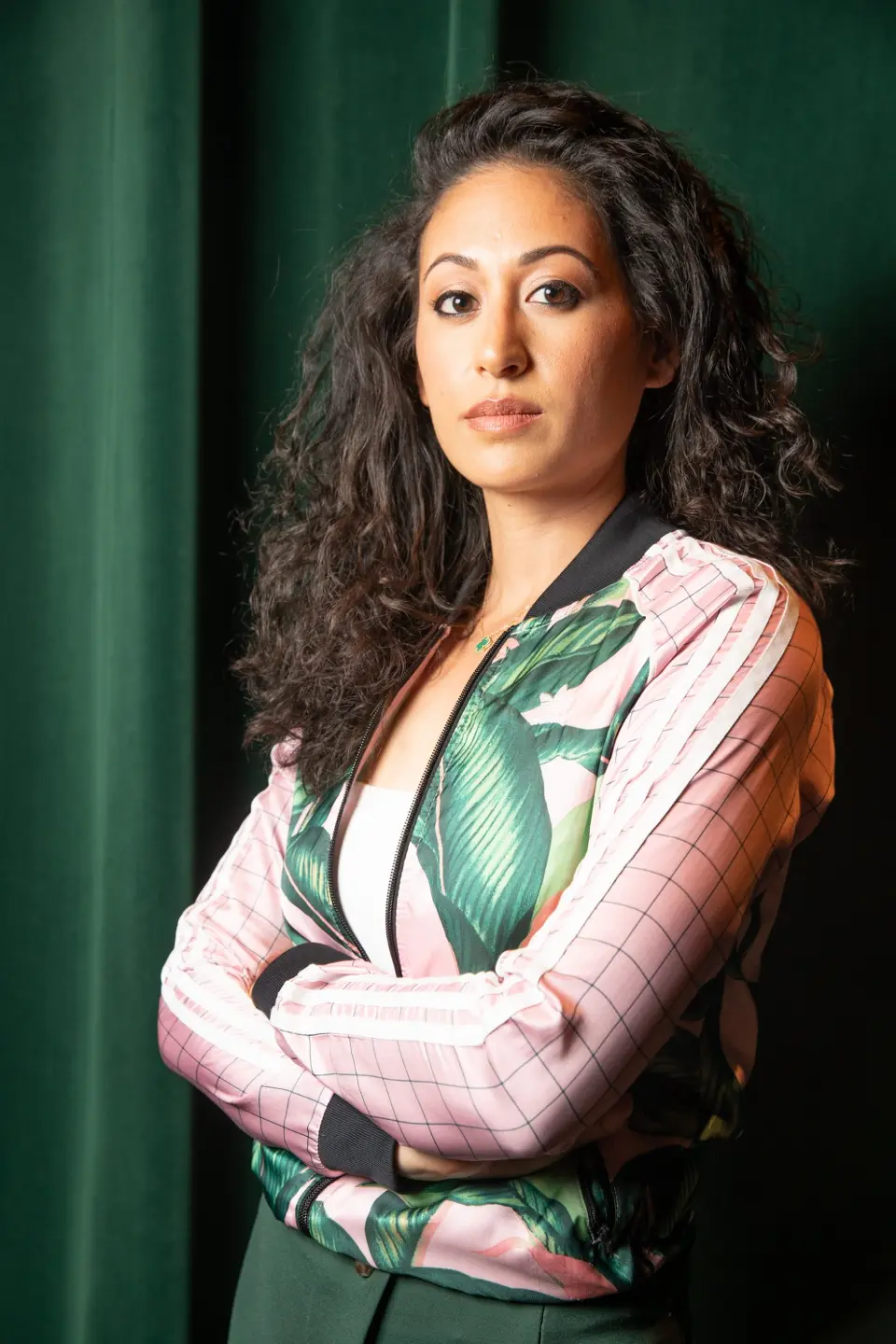

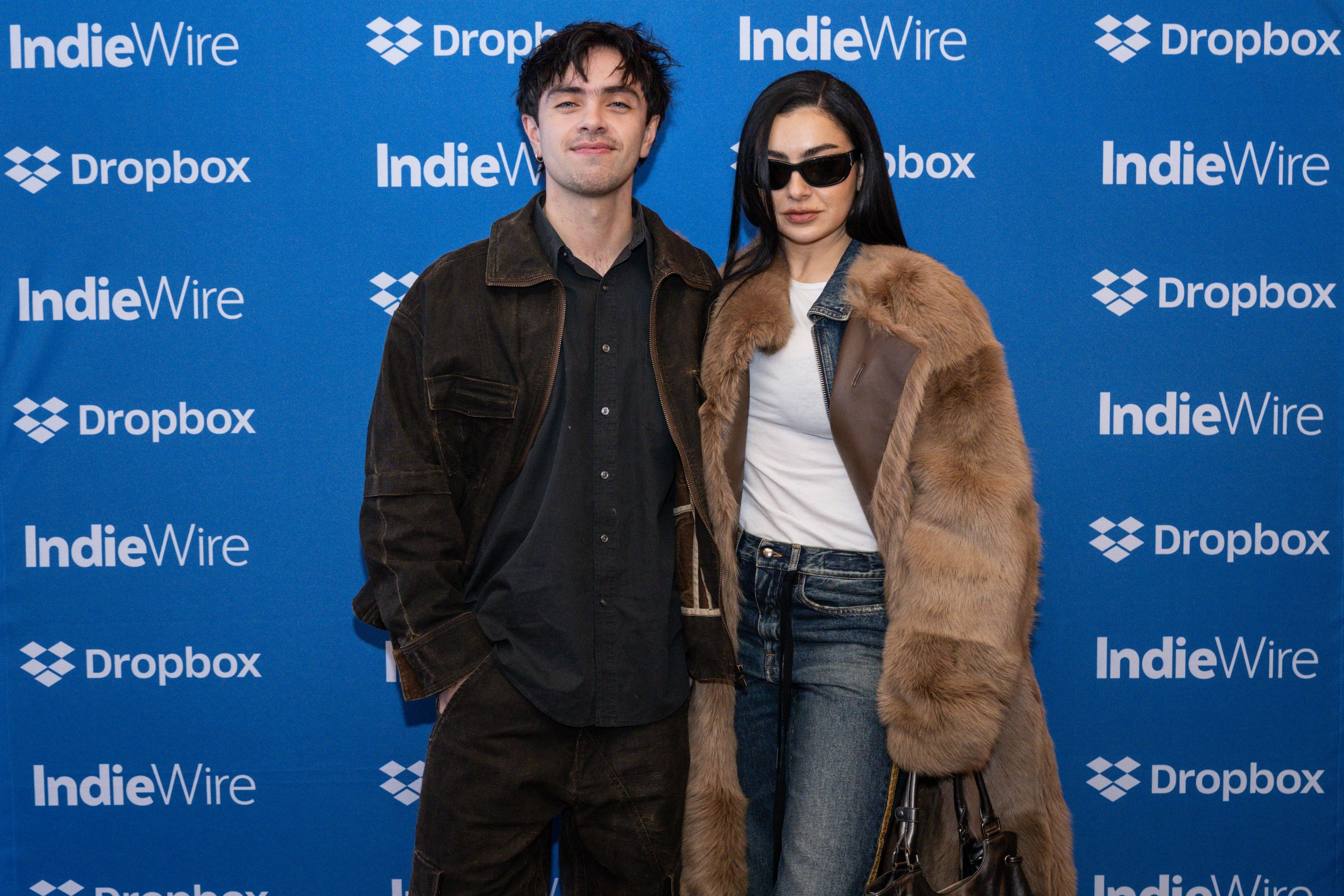

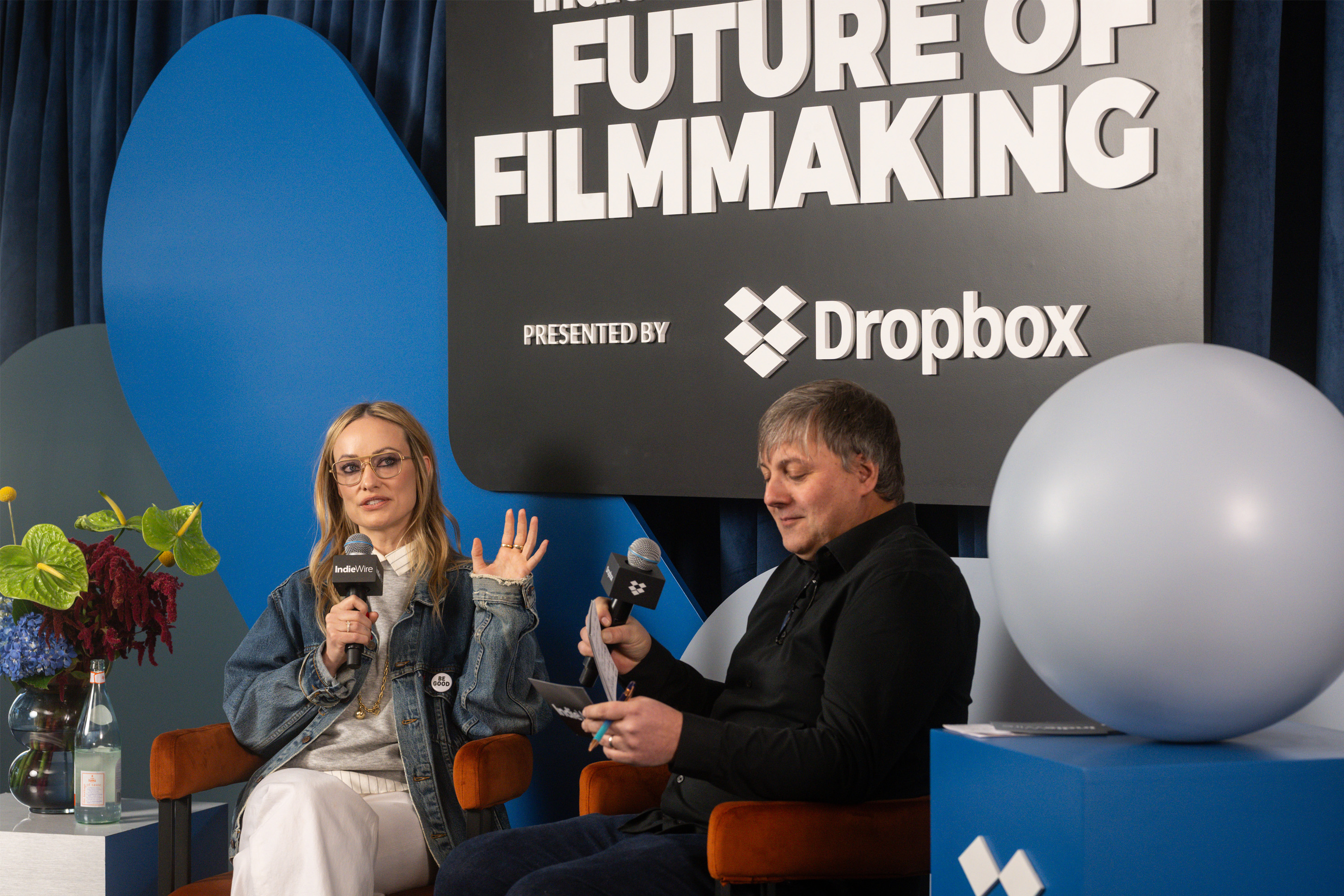


.png/_jcr_content/renditions/hero_square%20(2).webp)







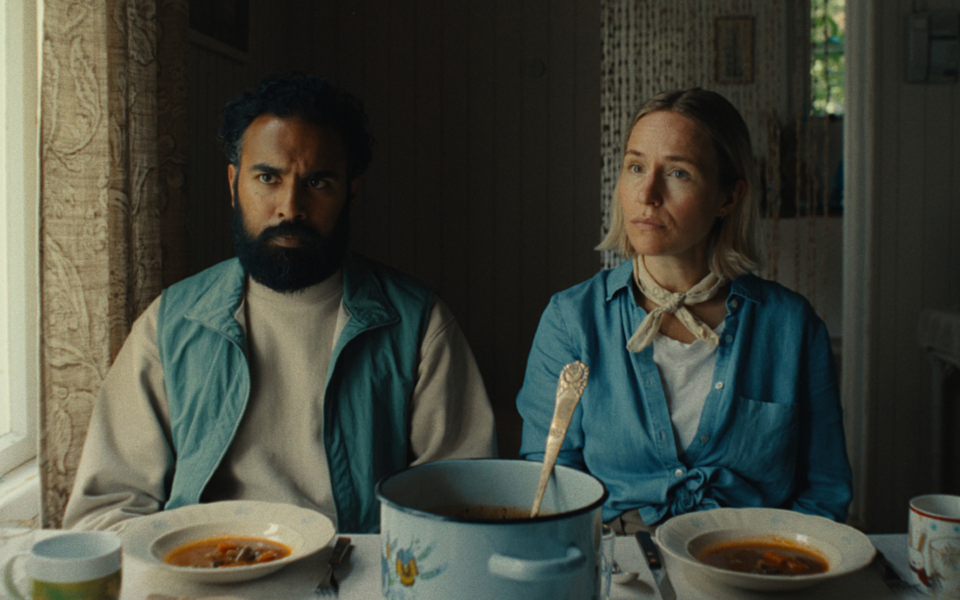
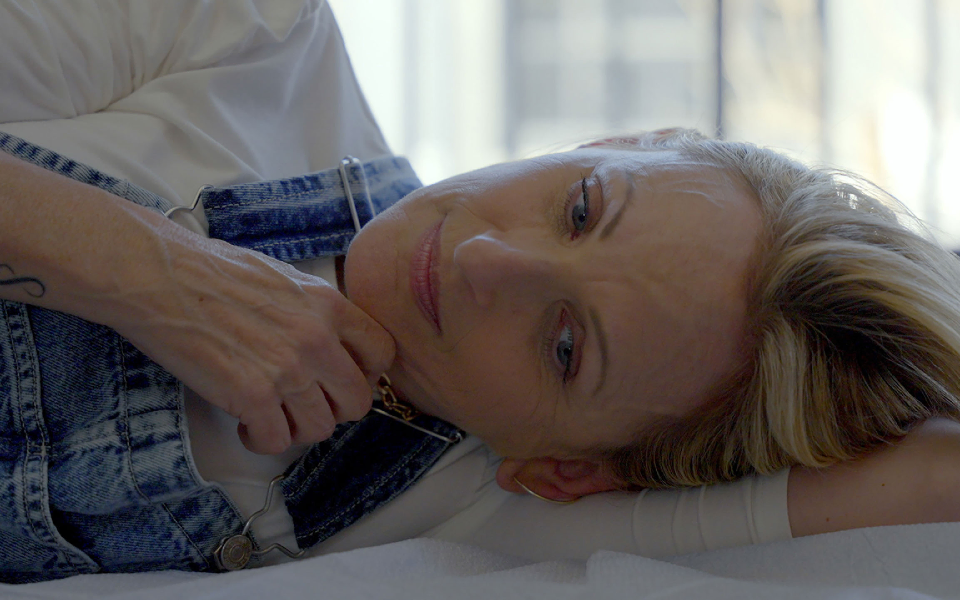





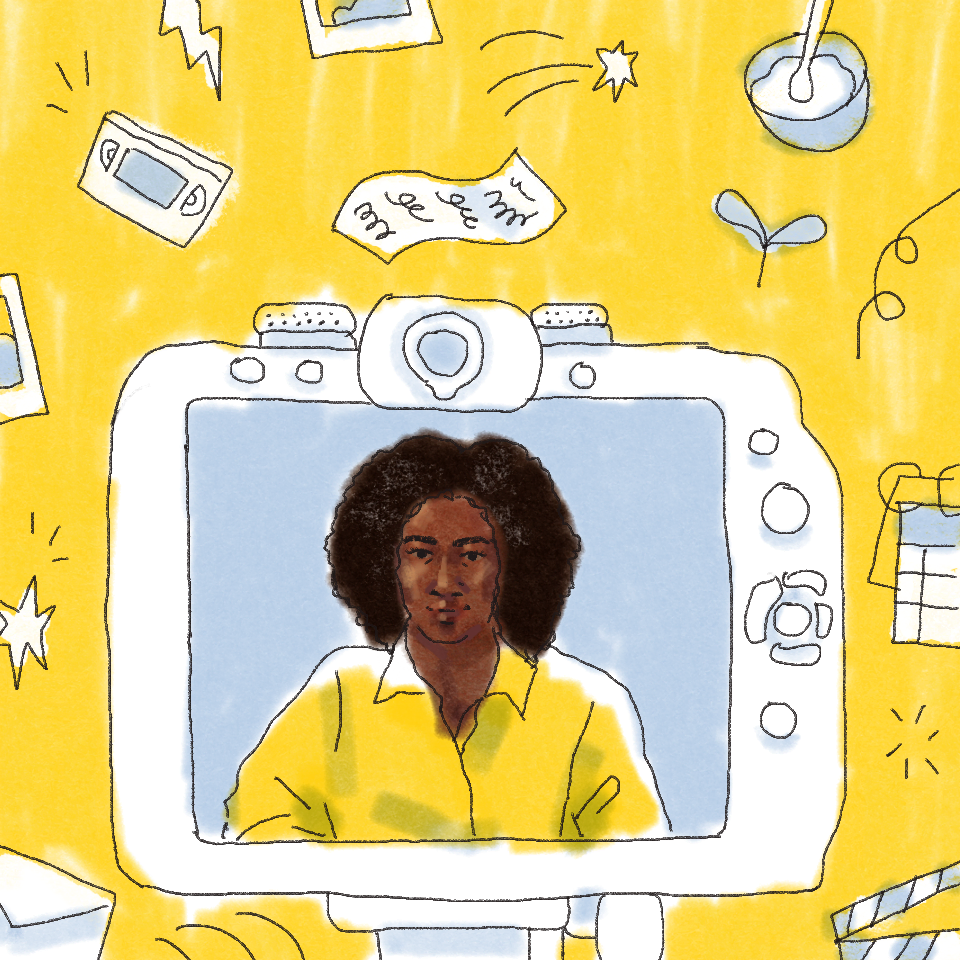
.jpg/_jcr_content/renditions/1200x628%20(5).webp)


